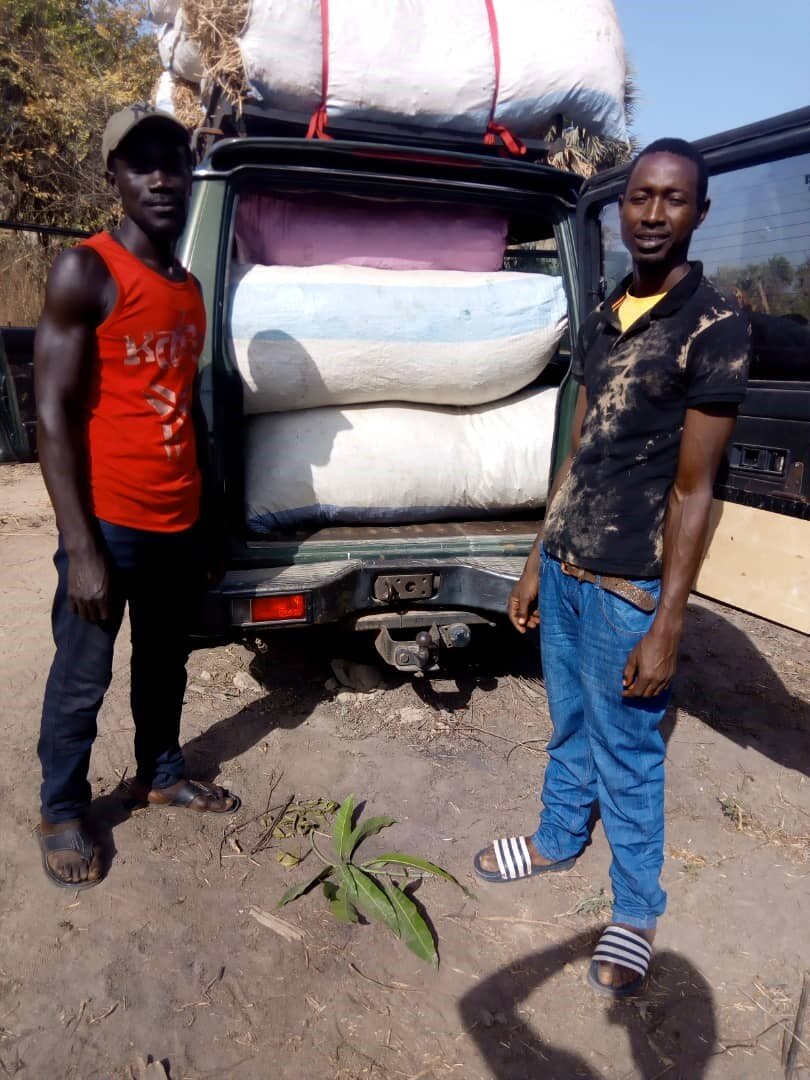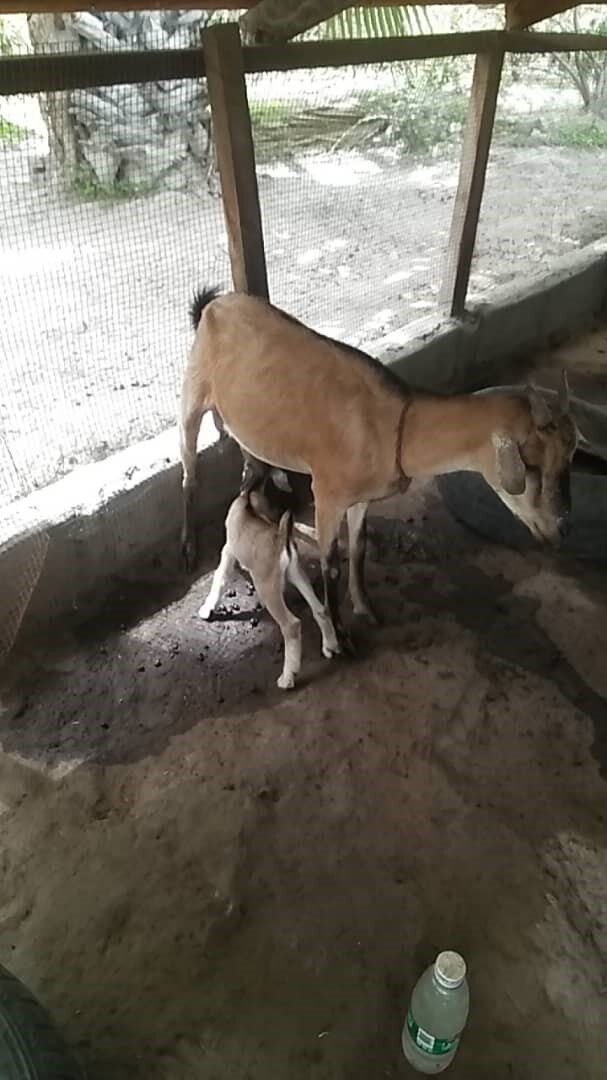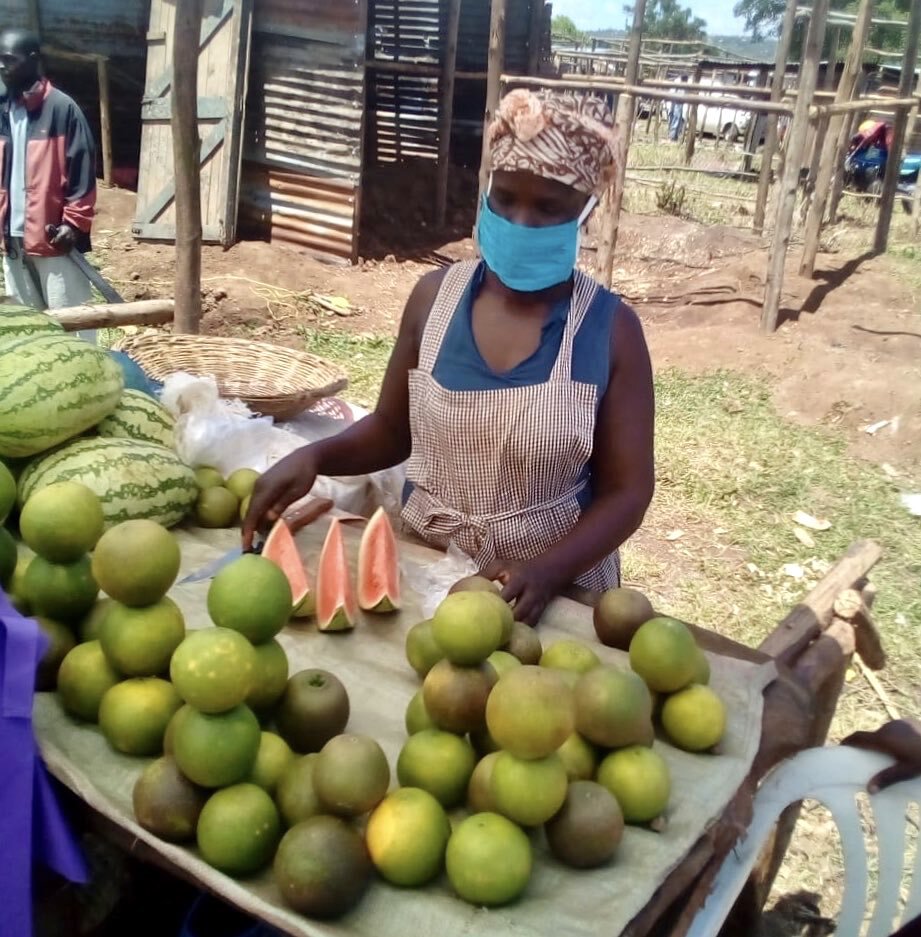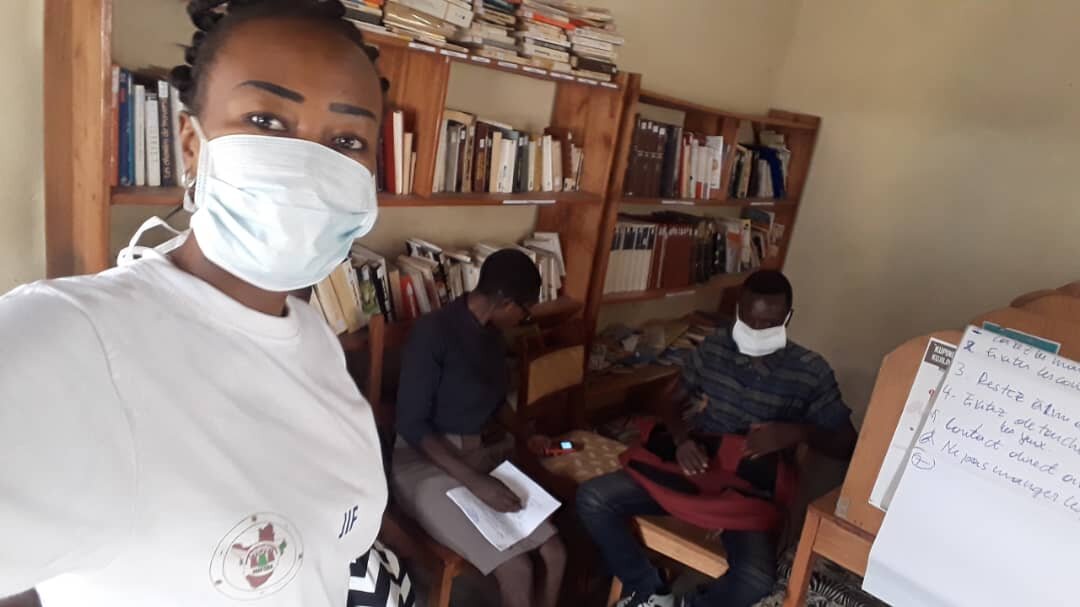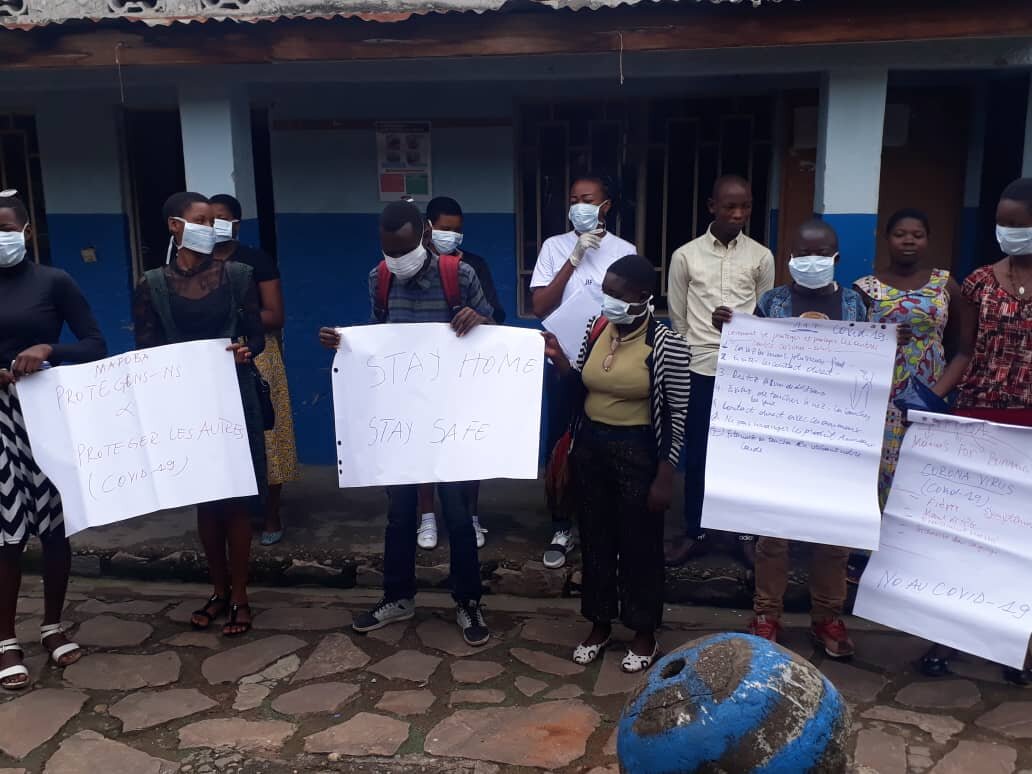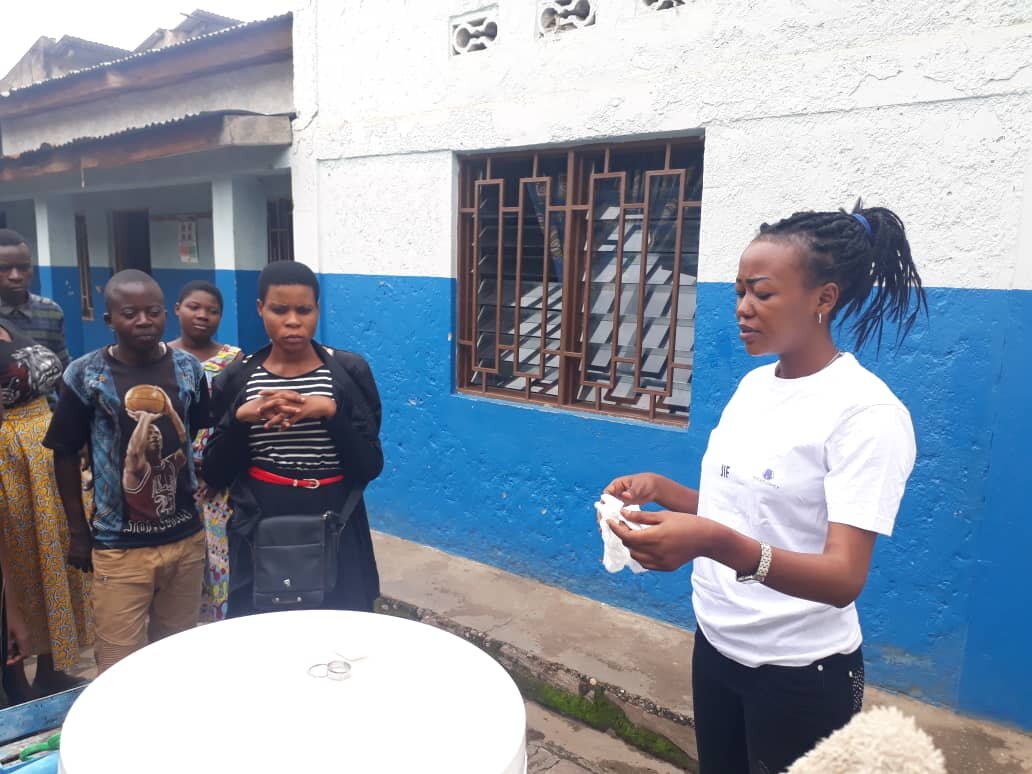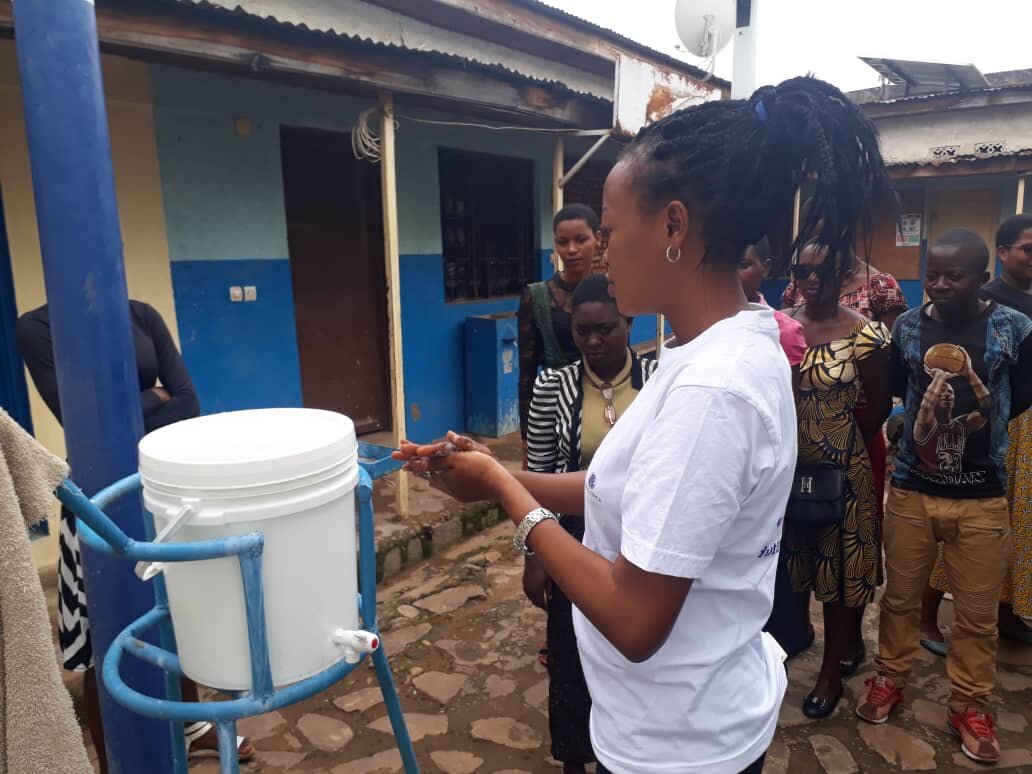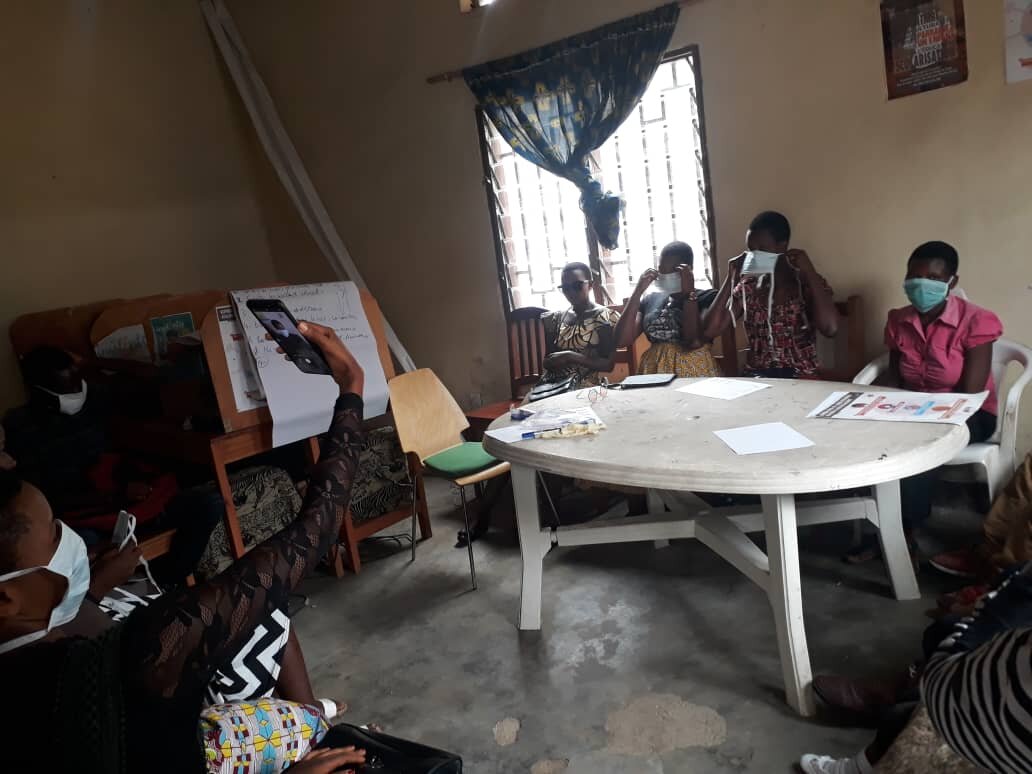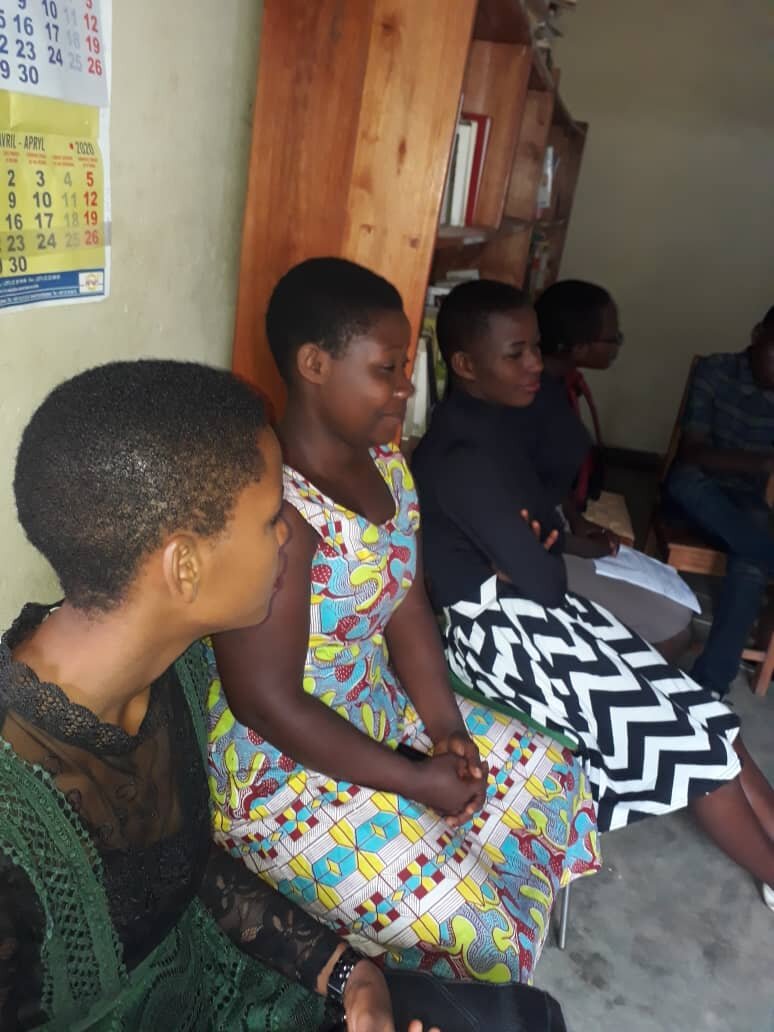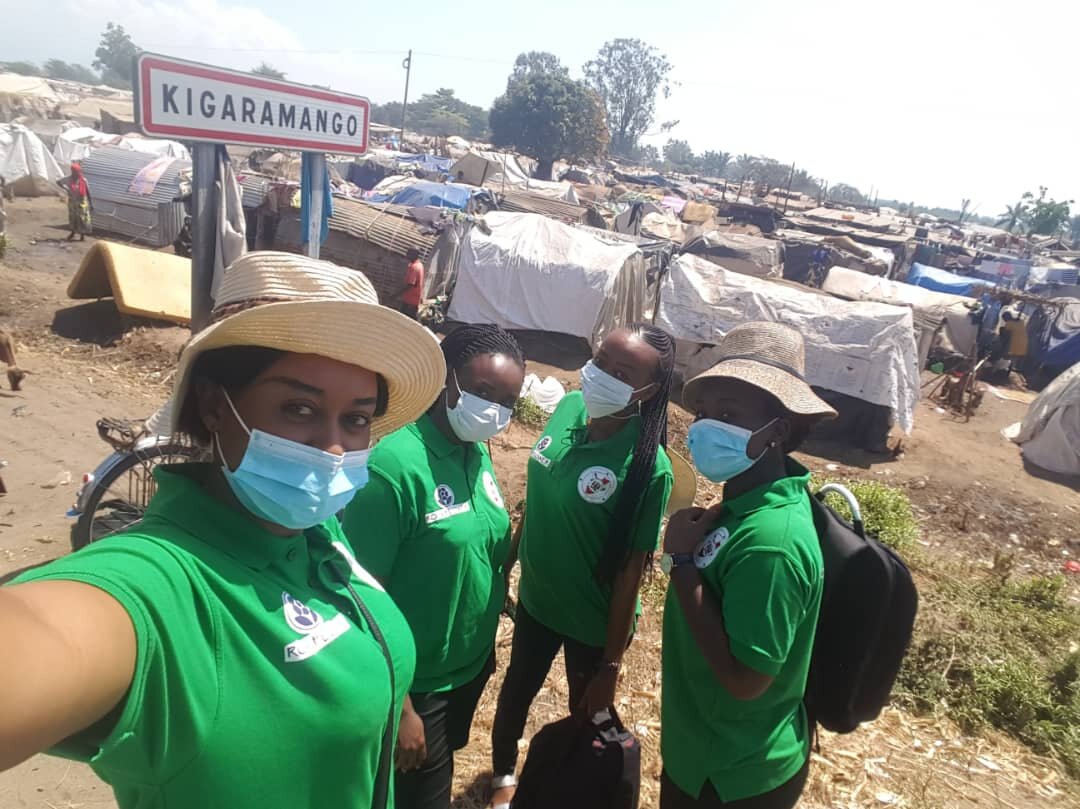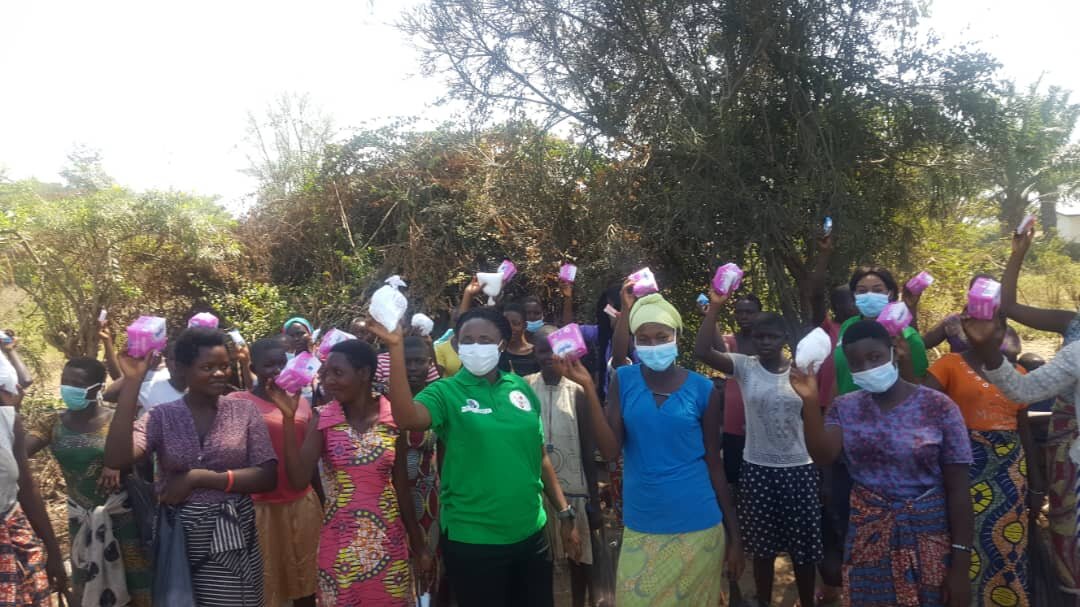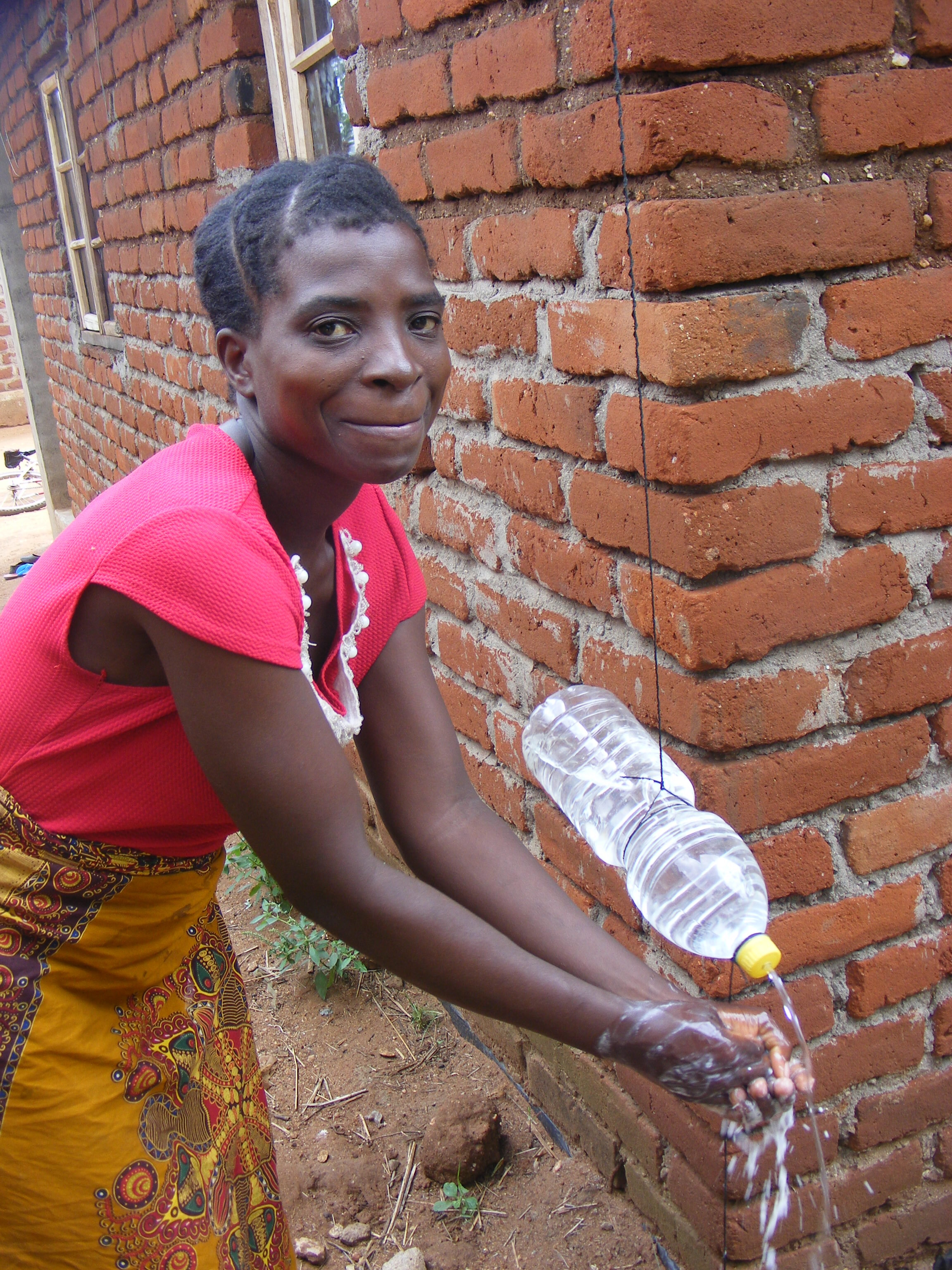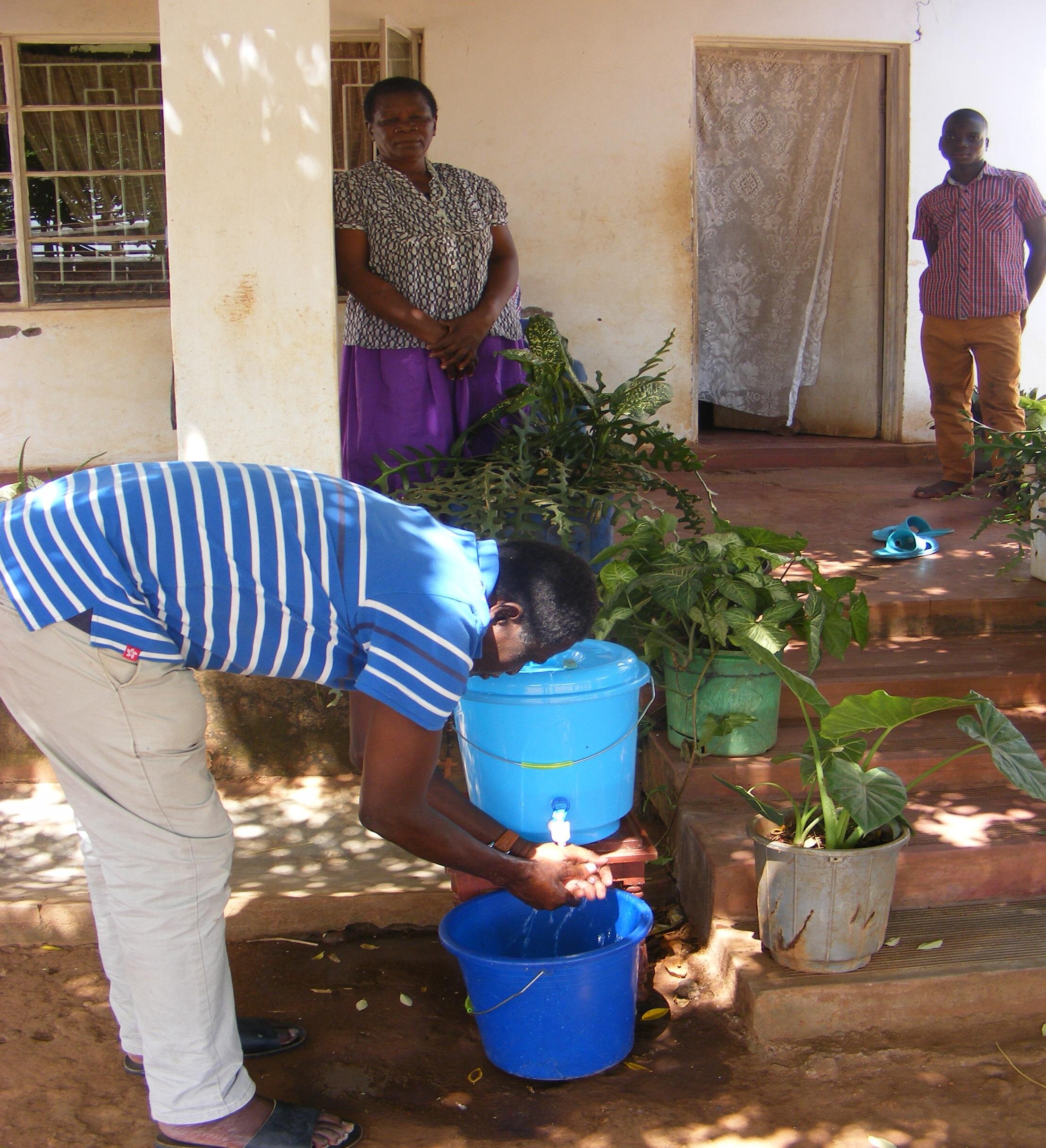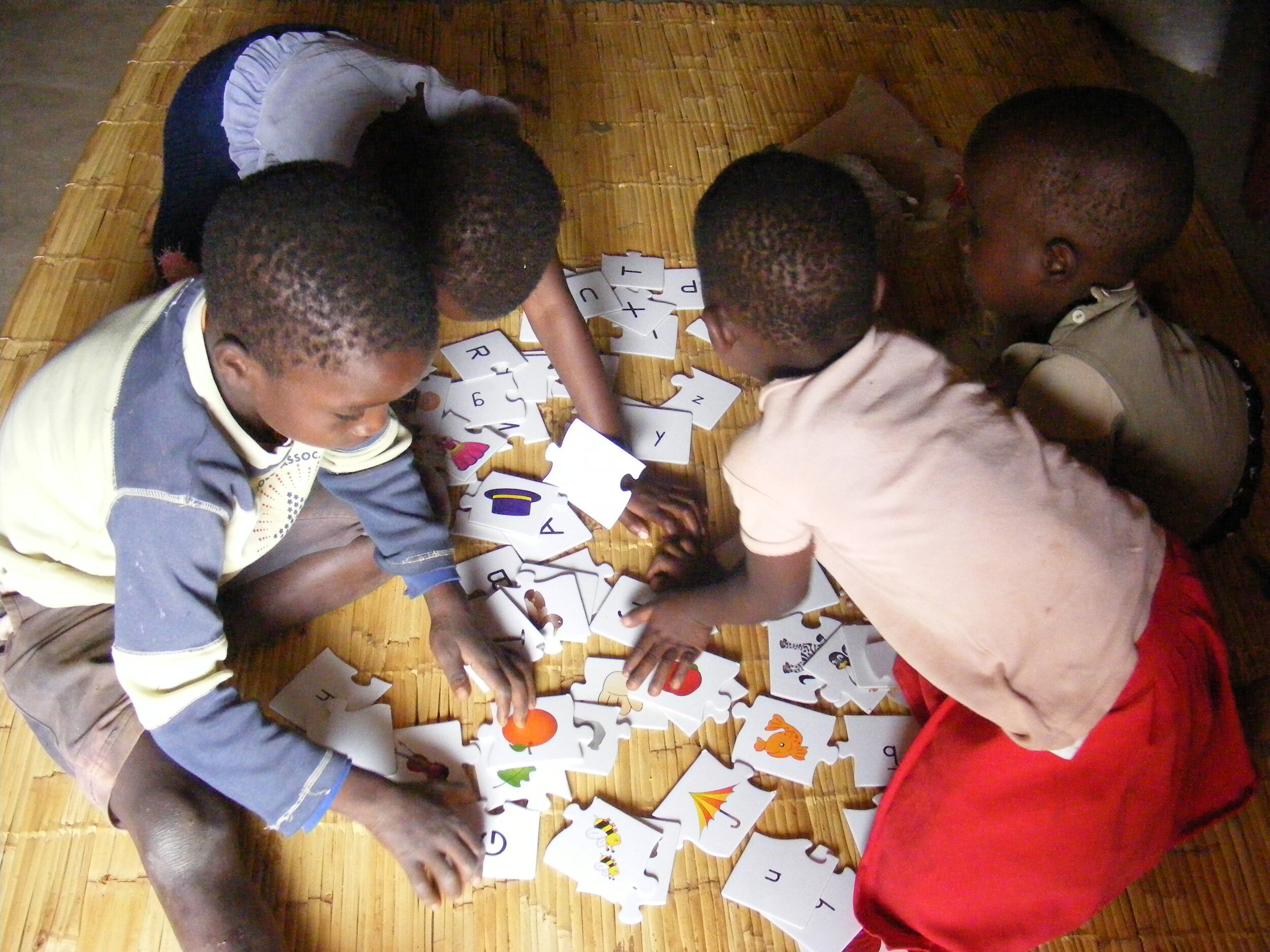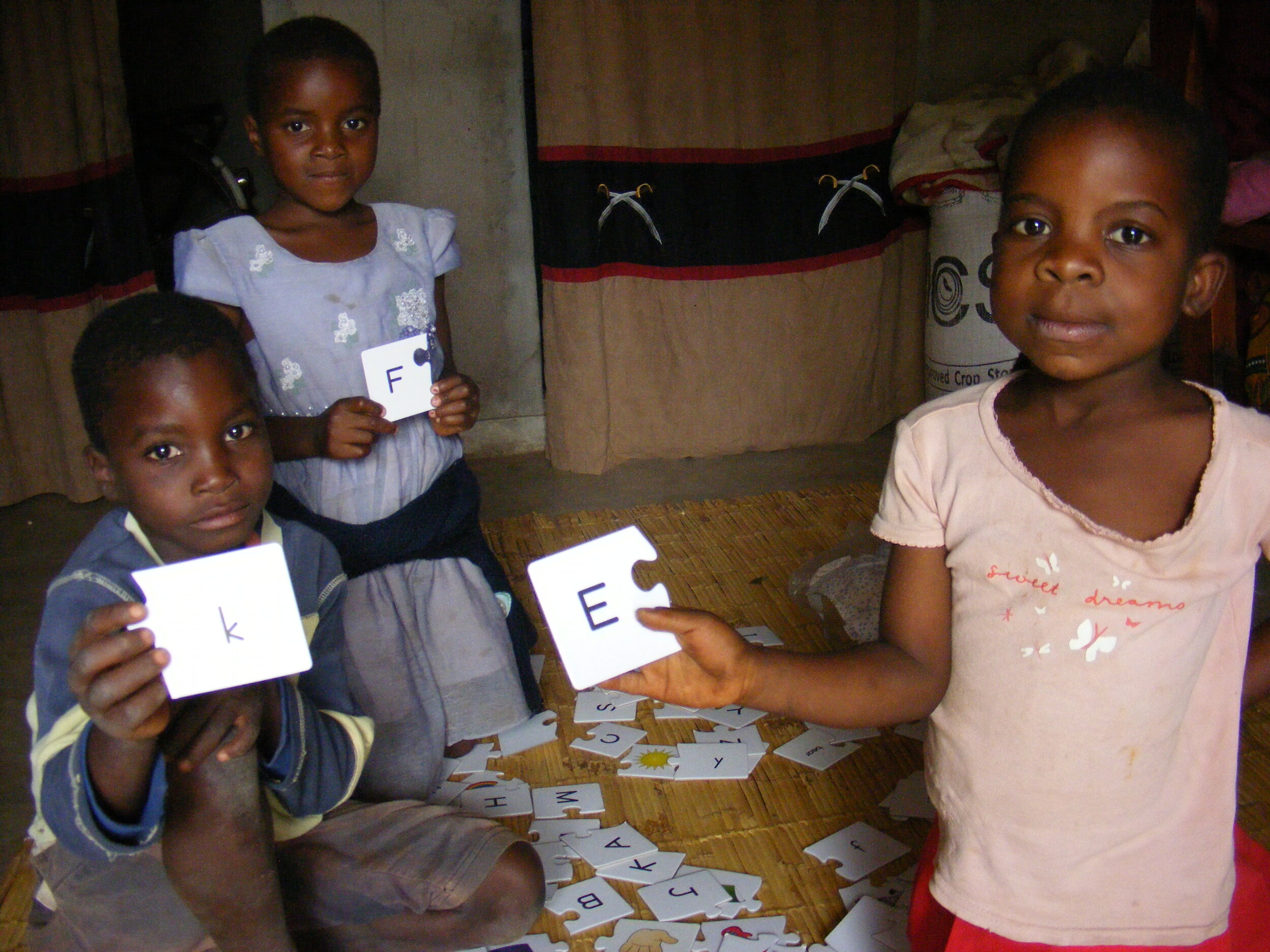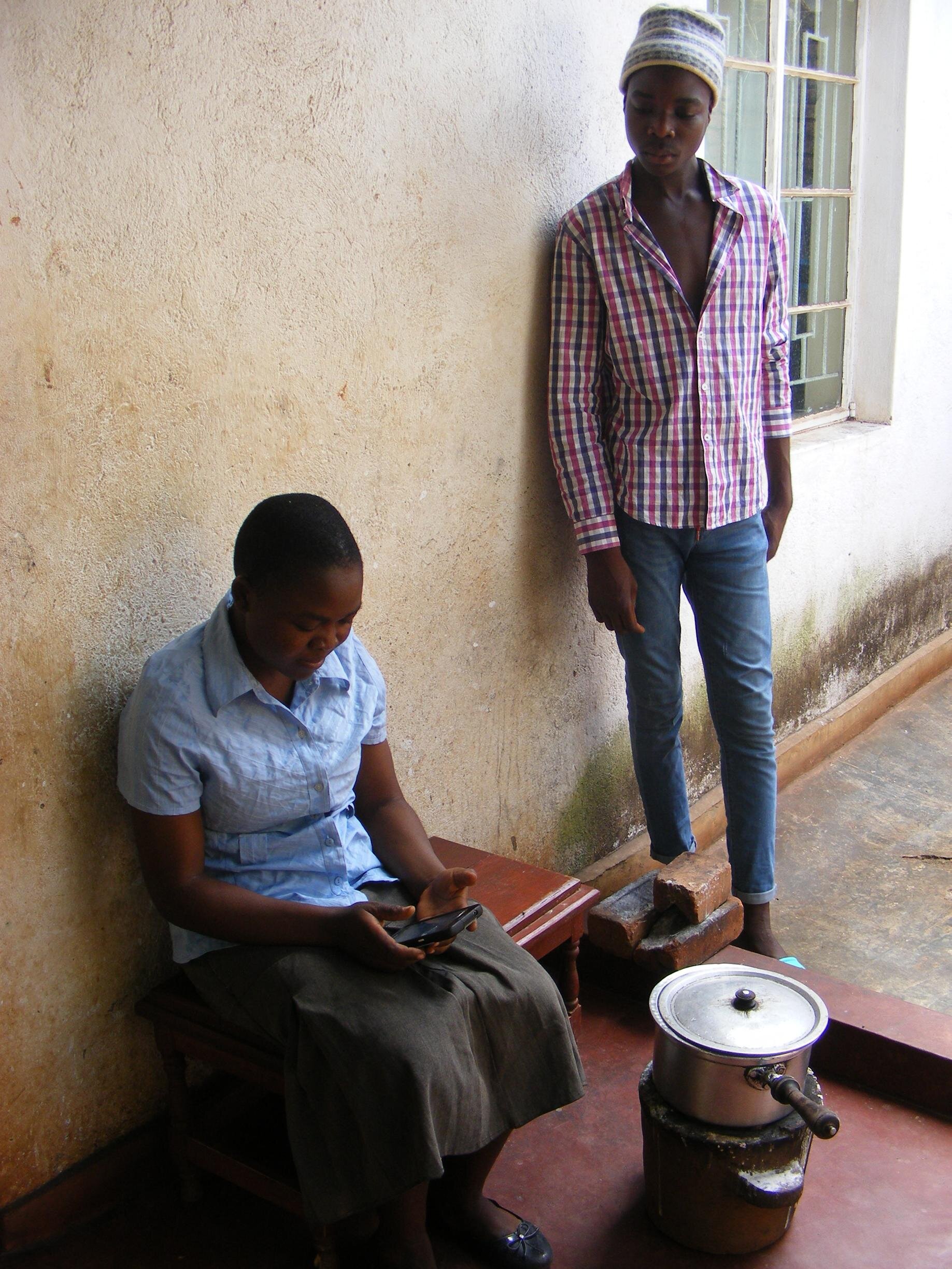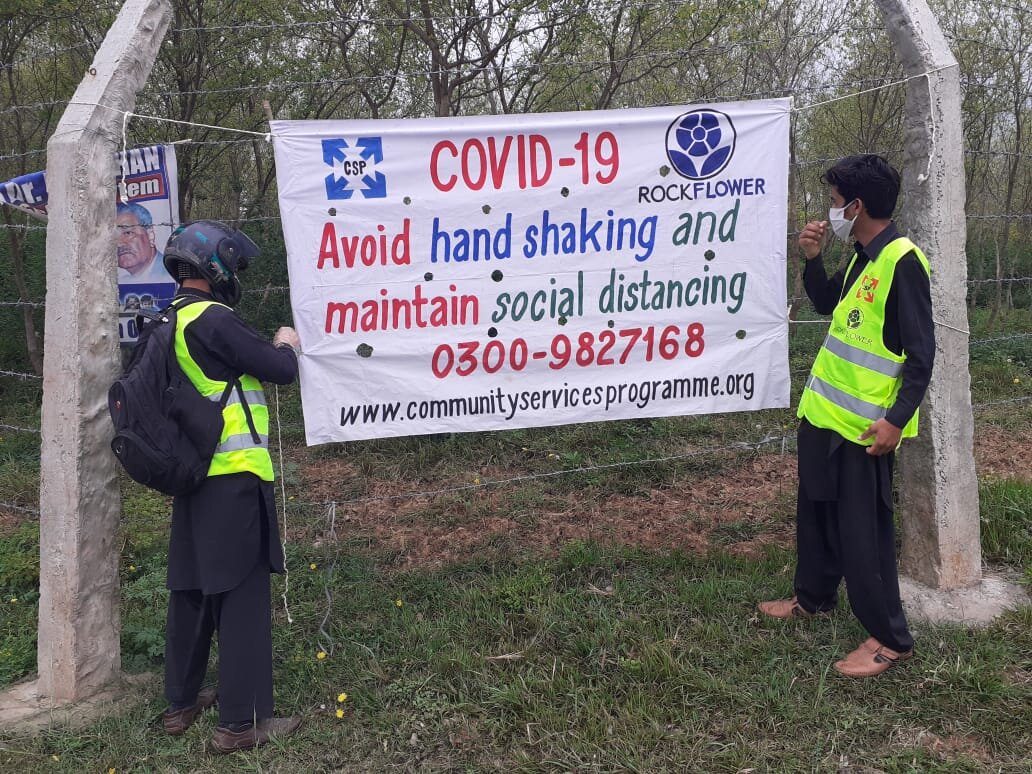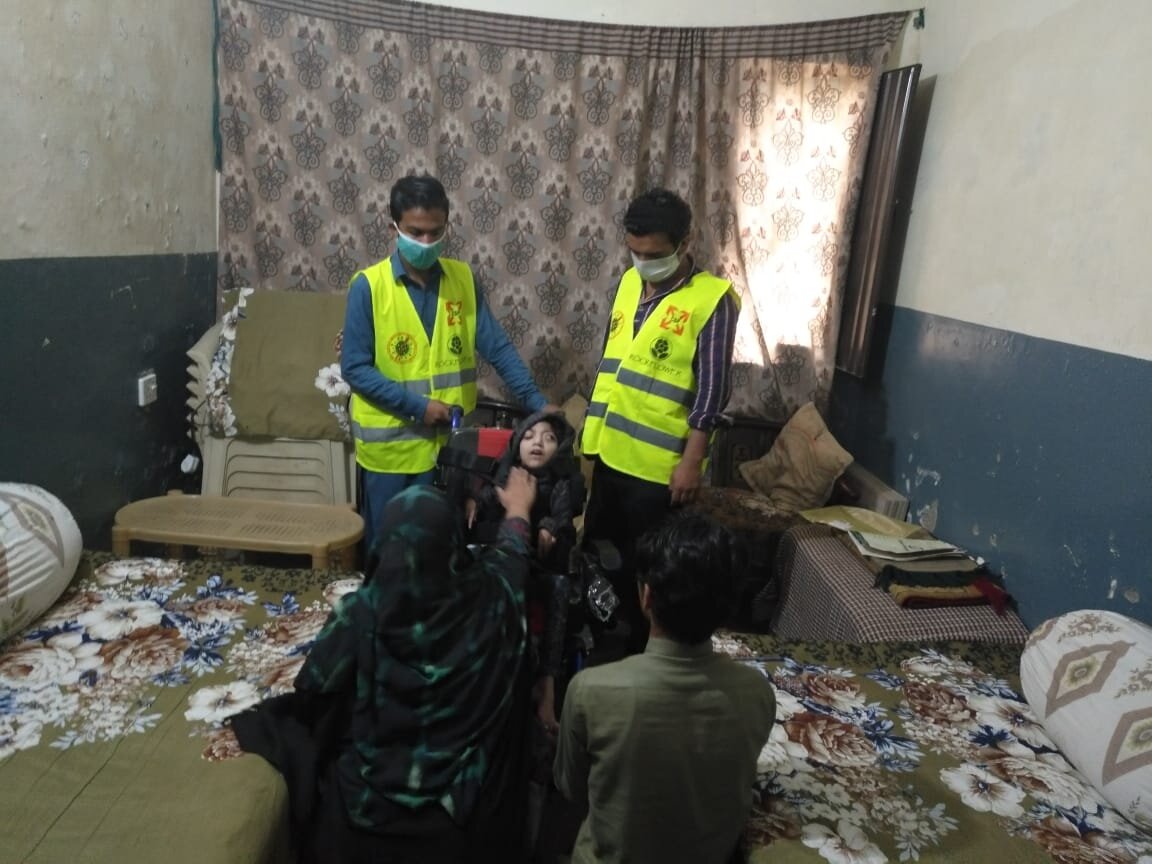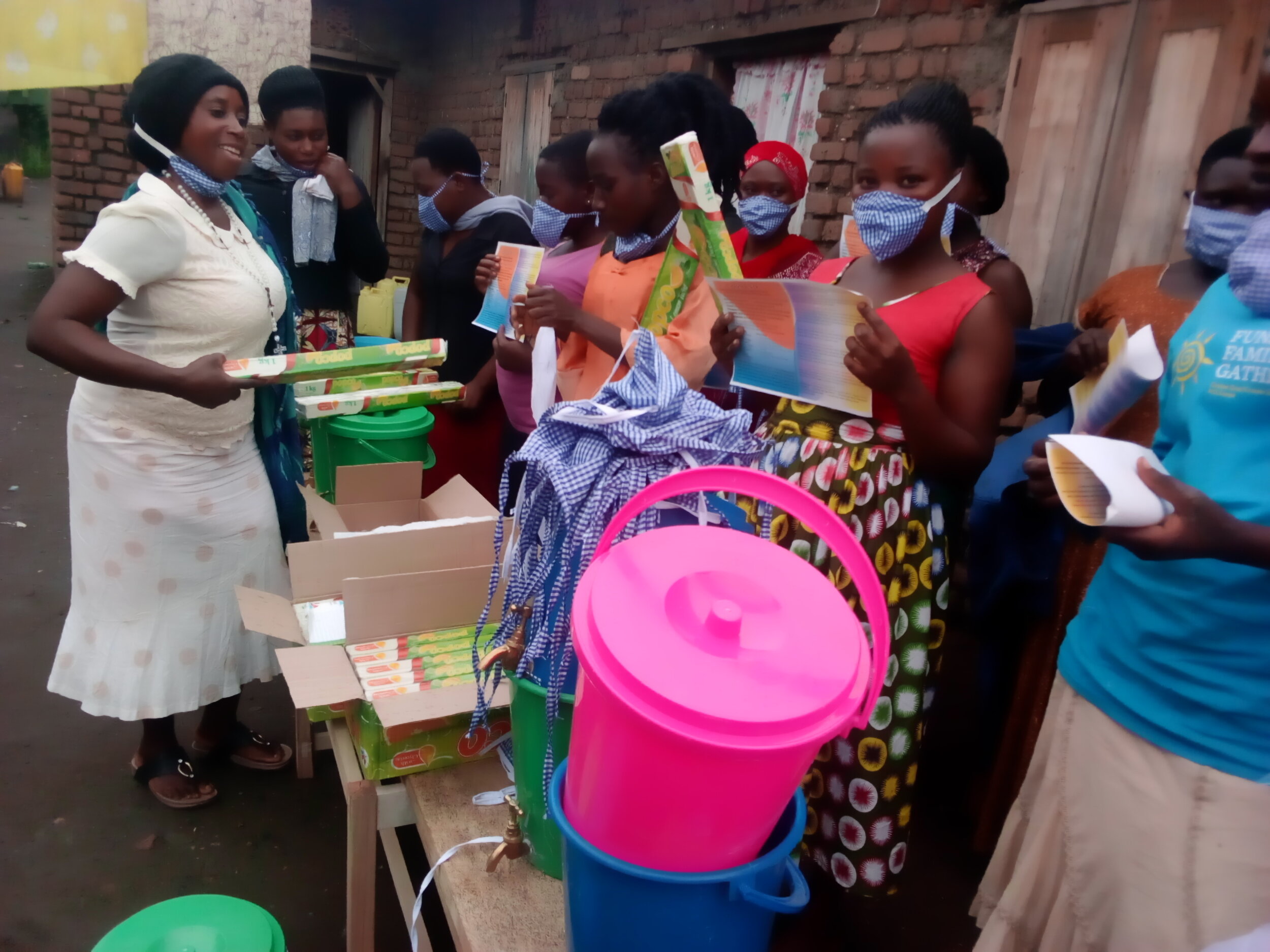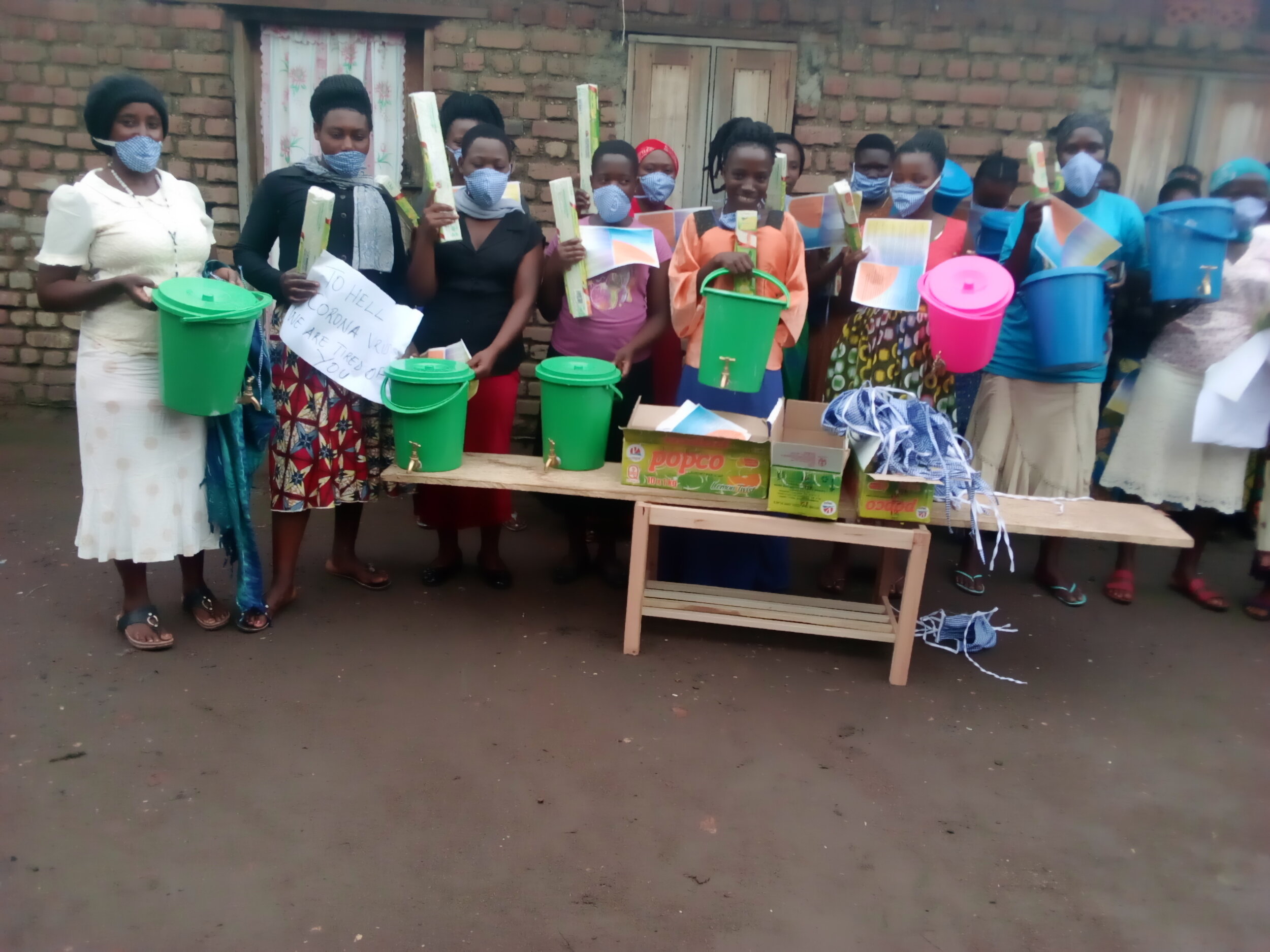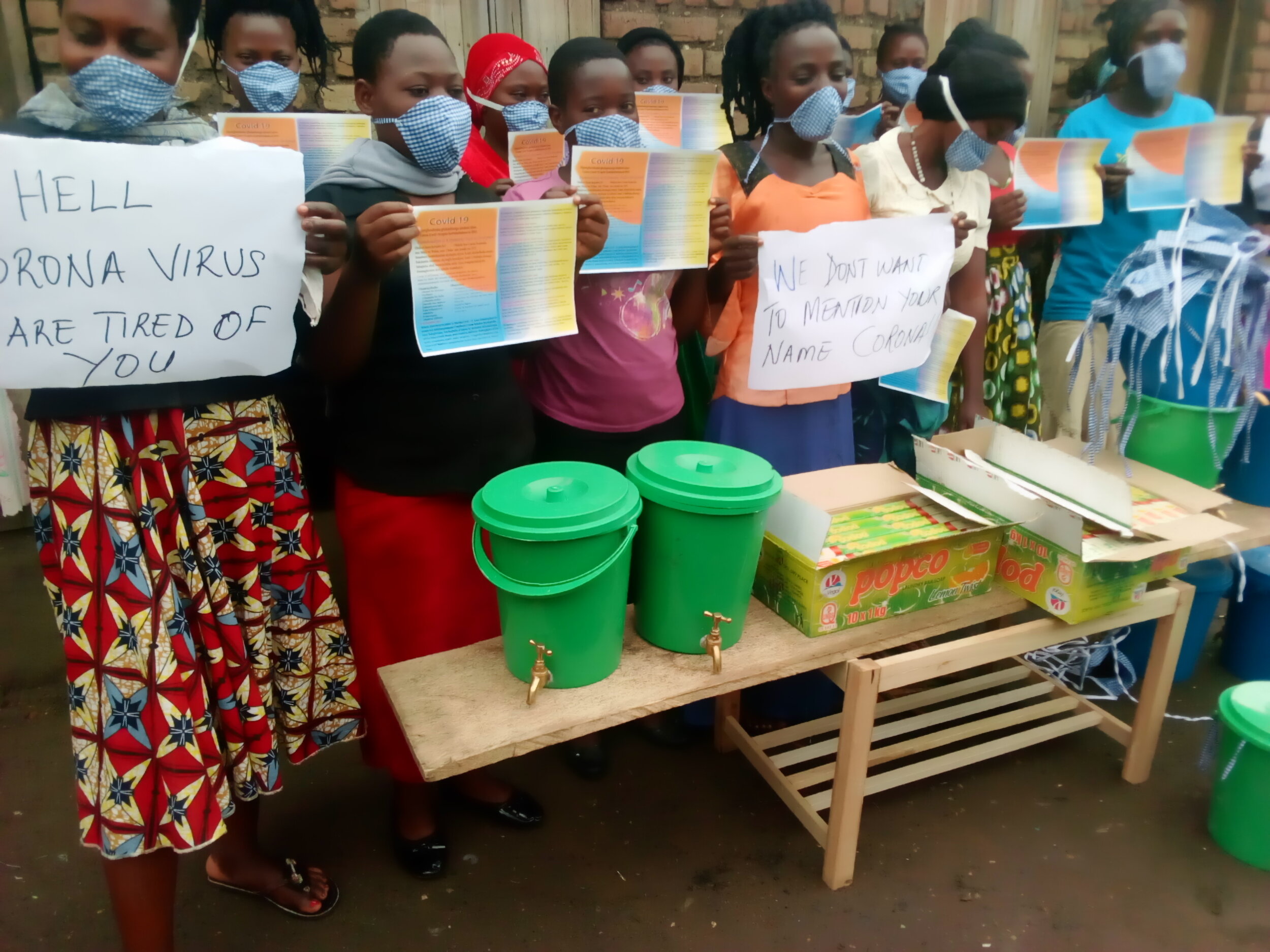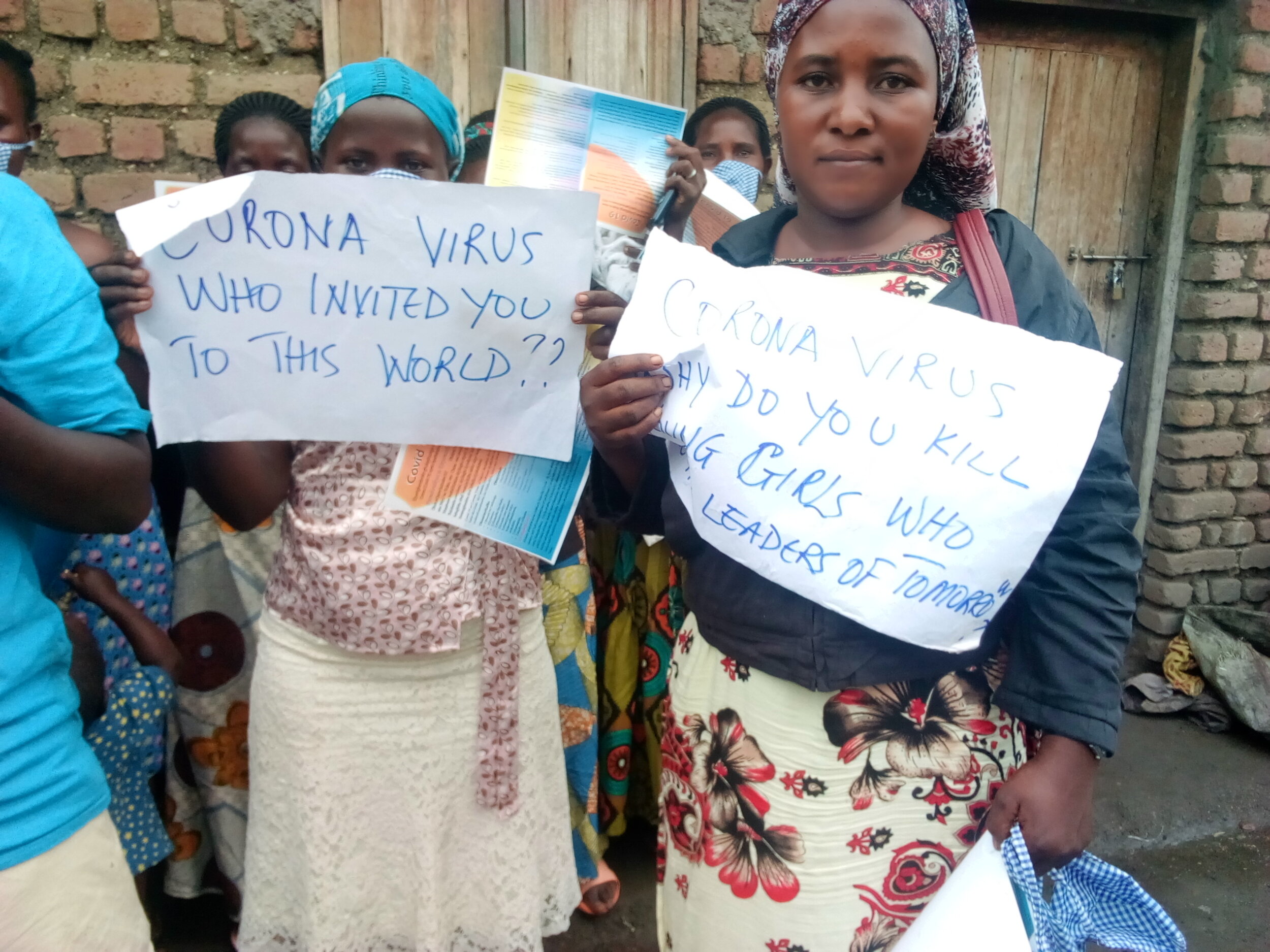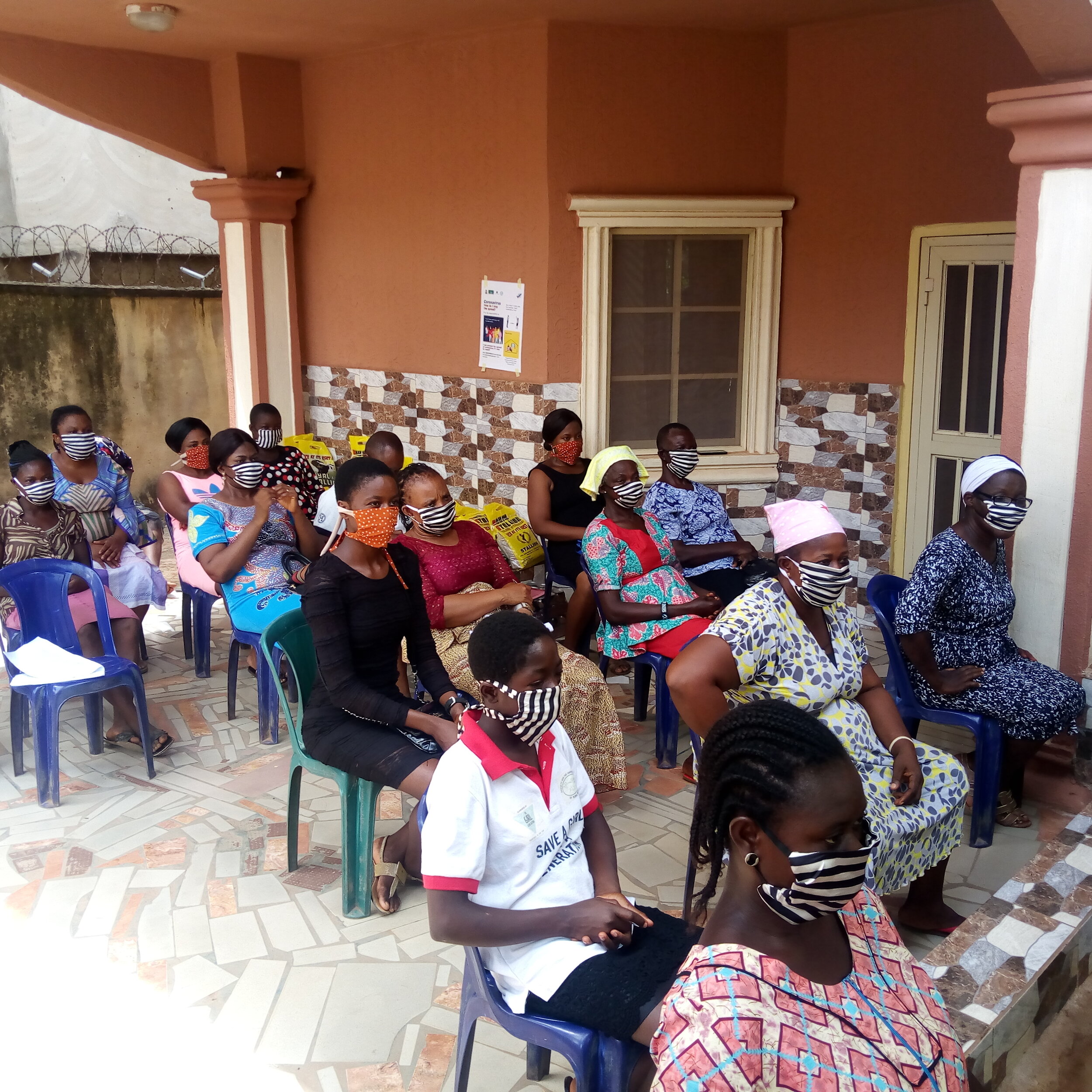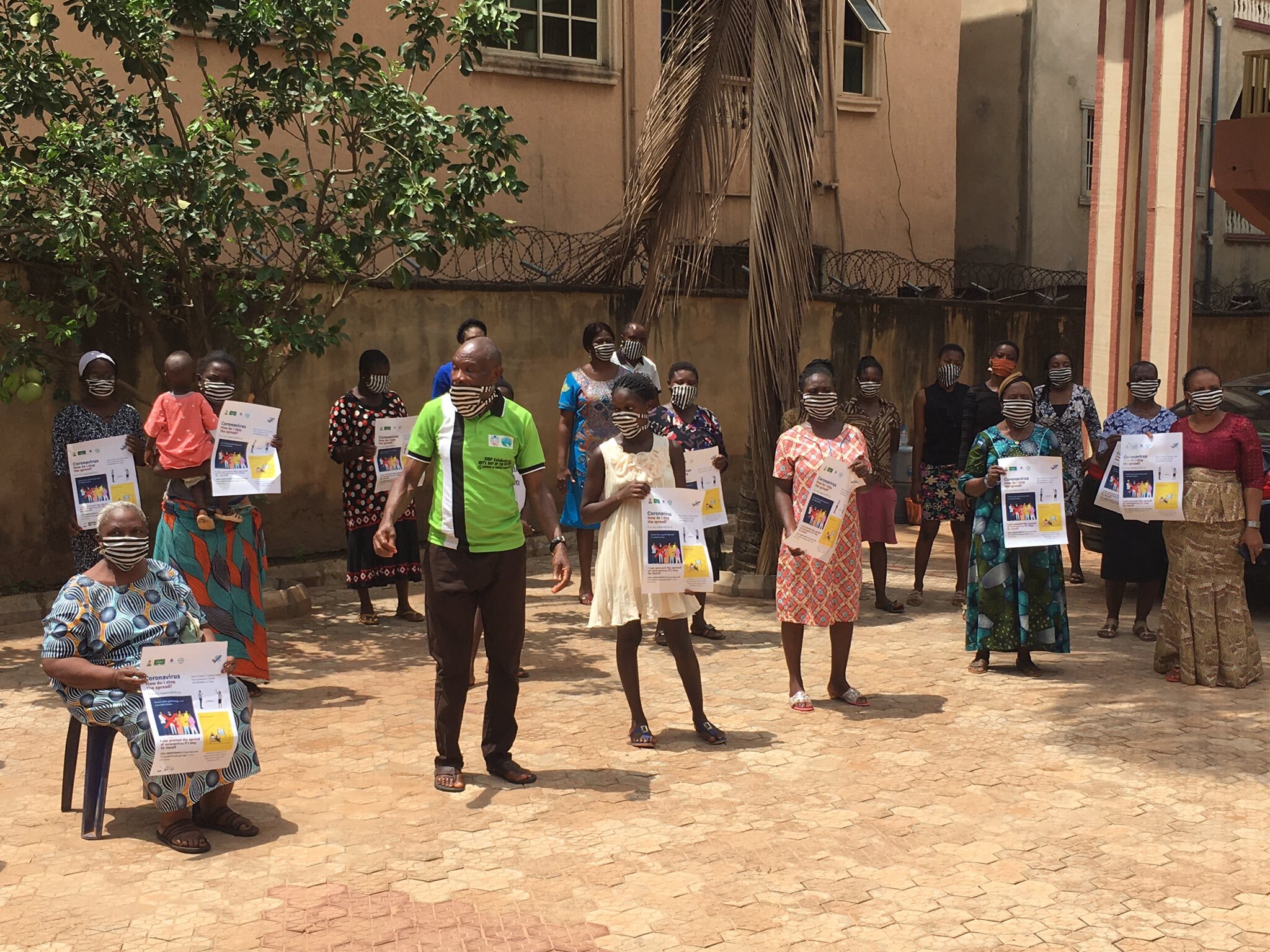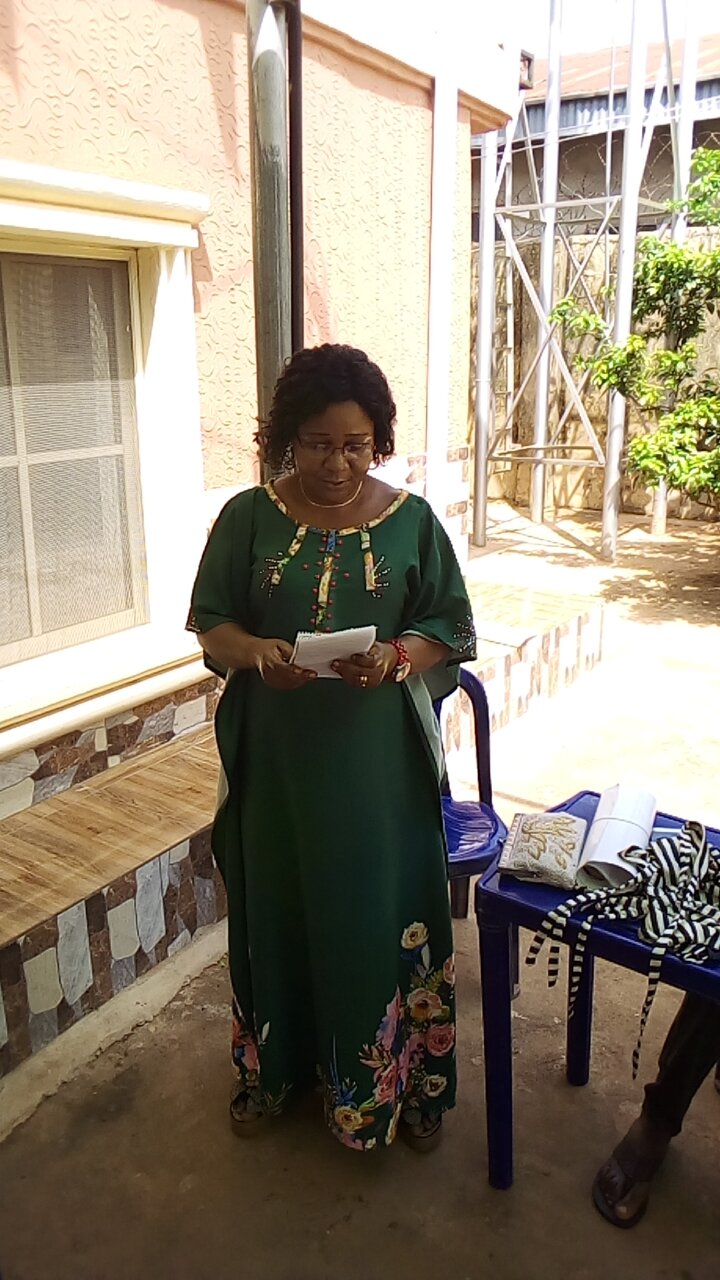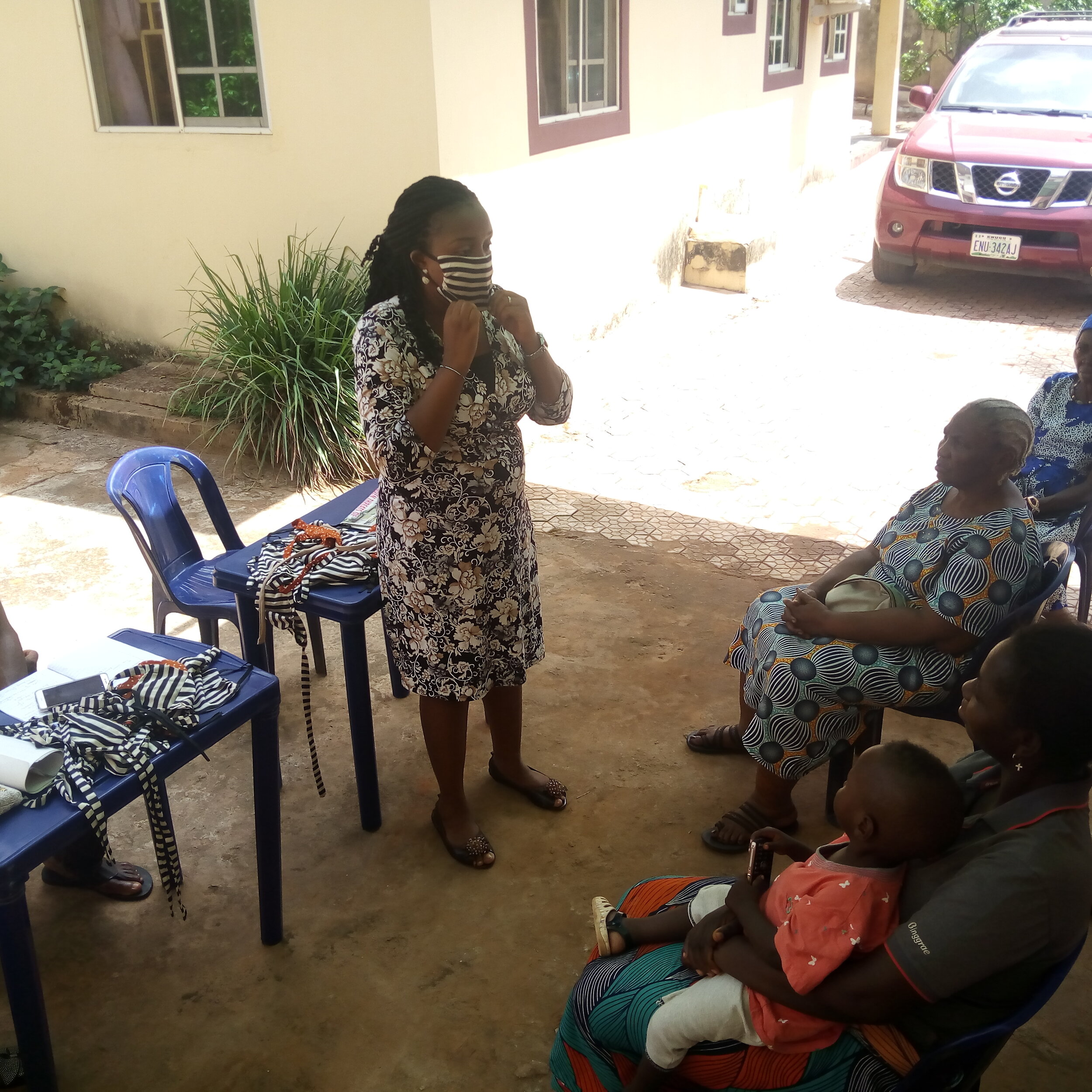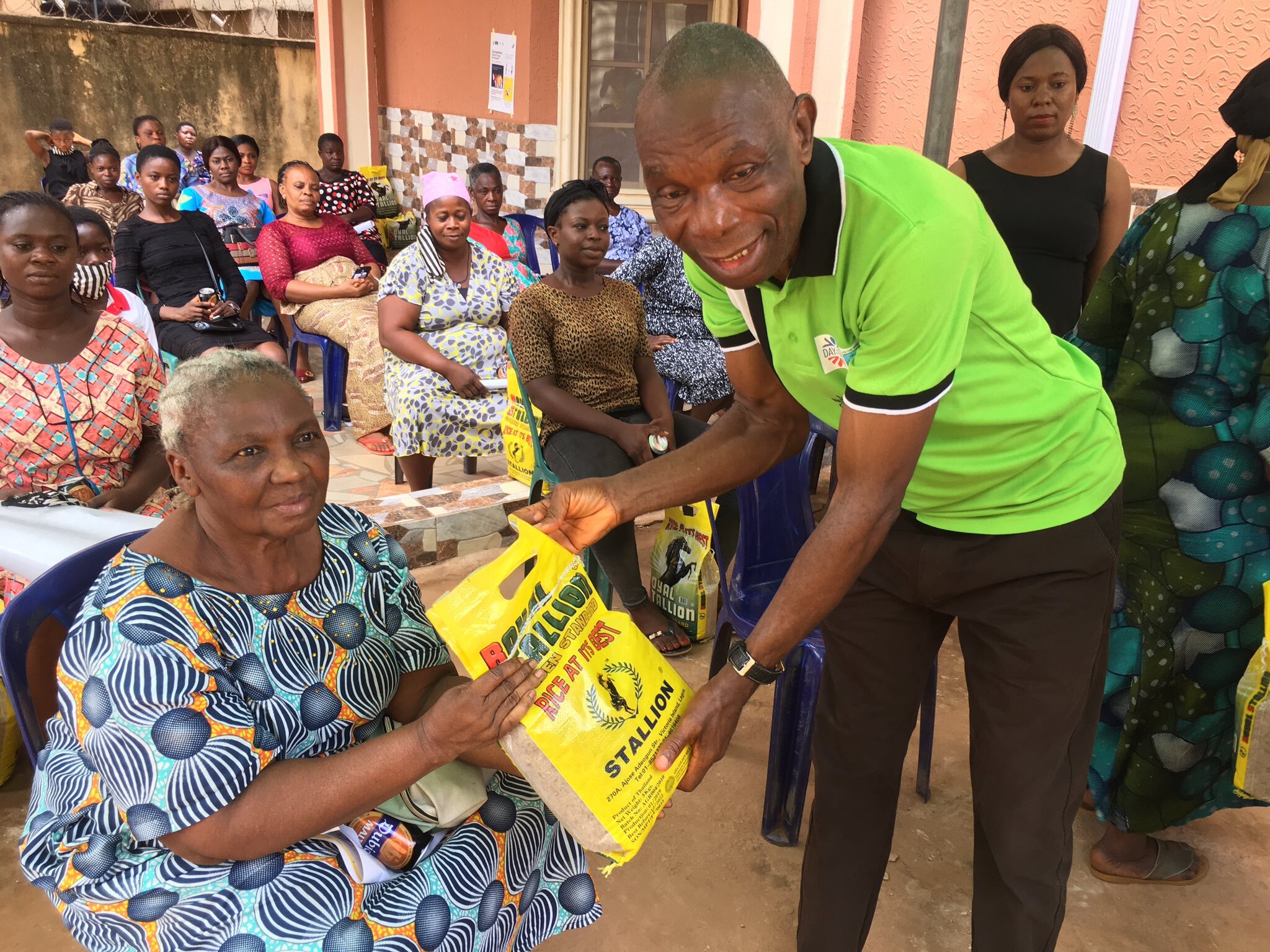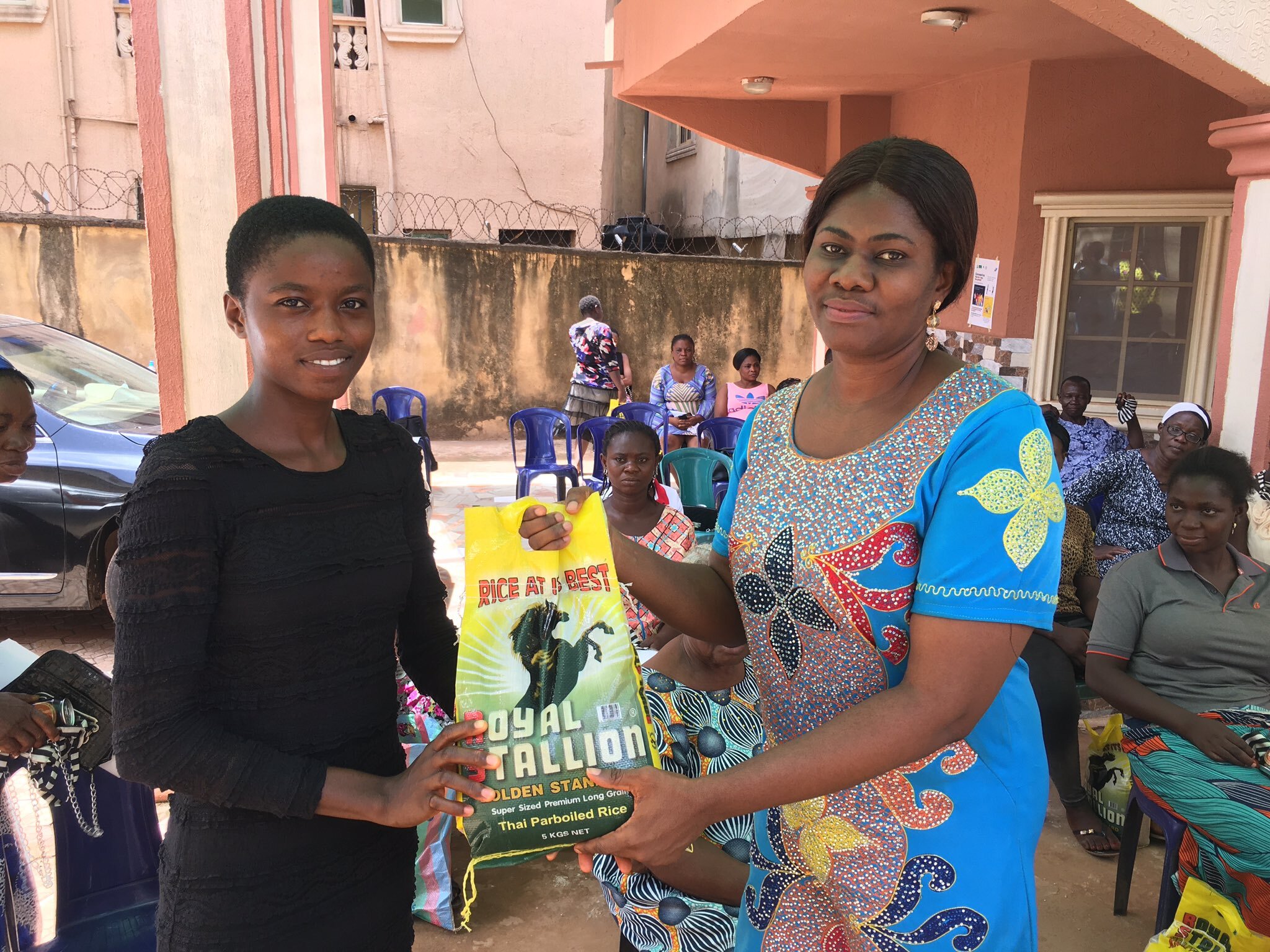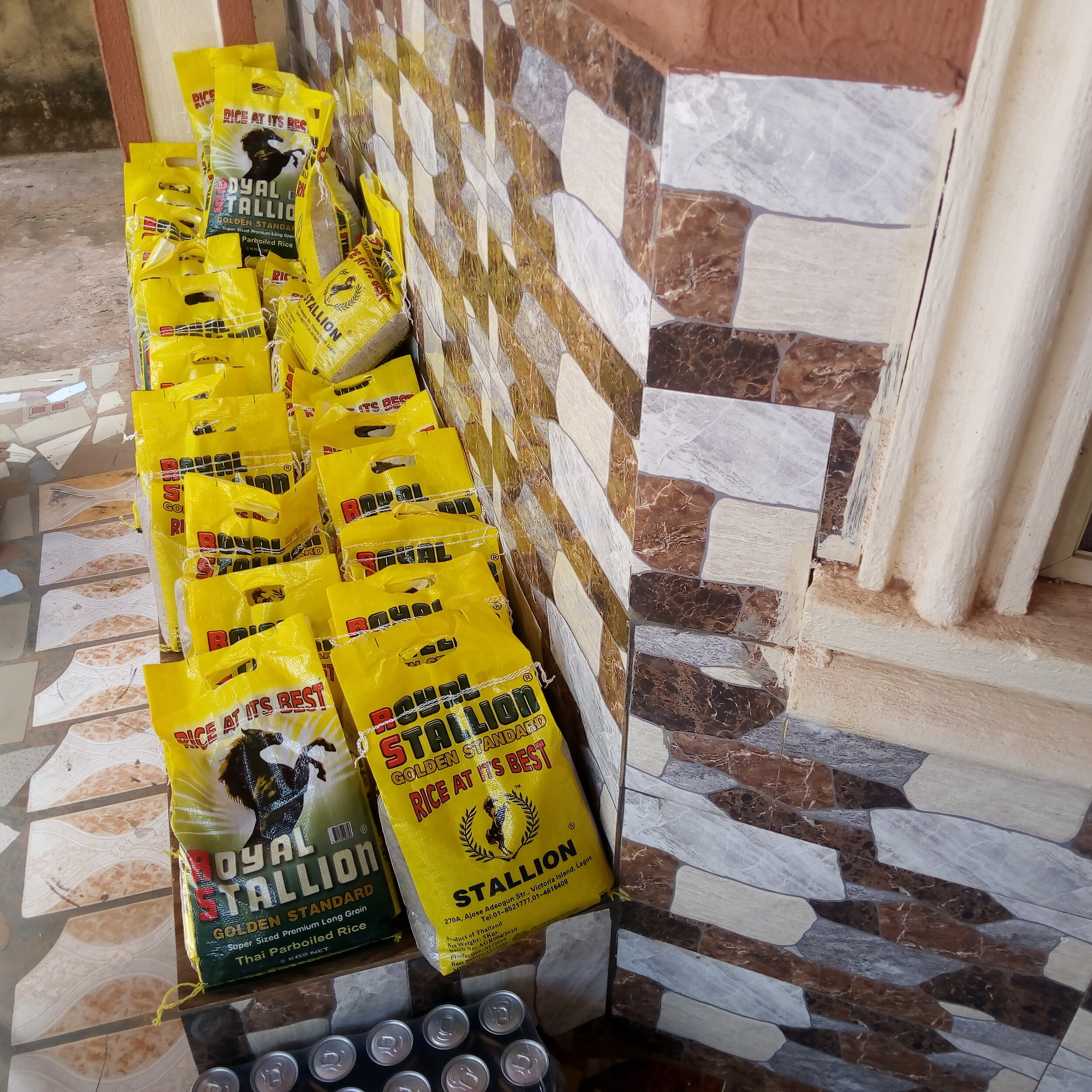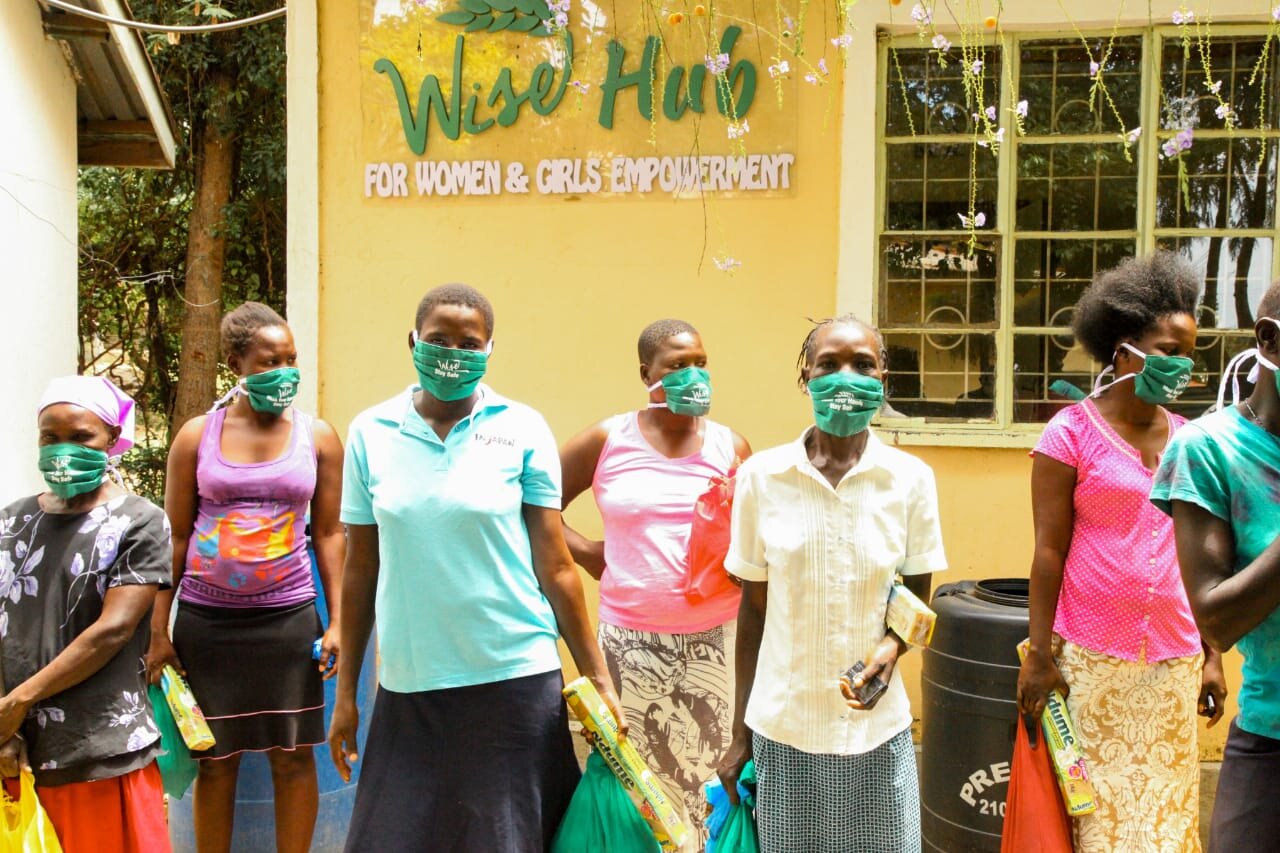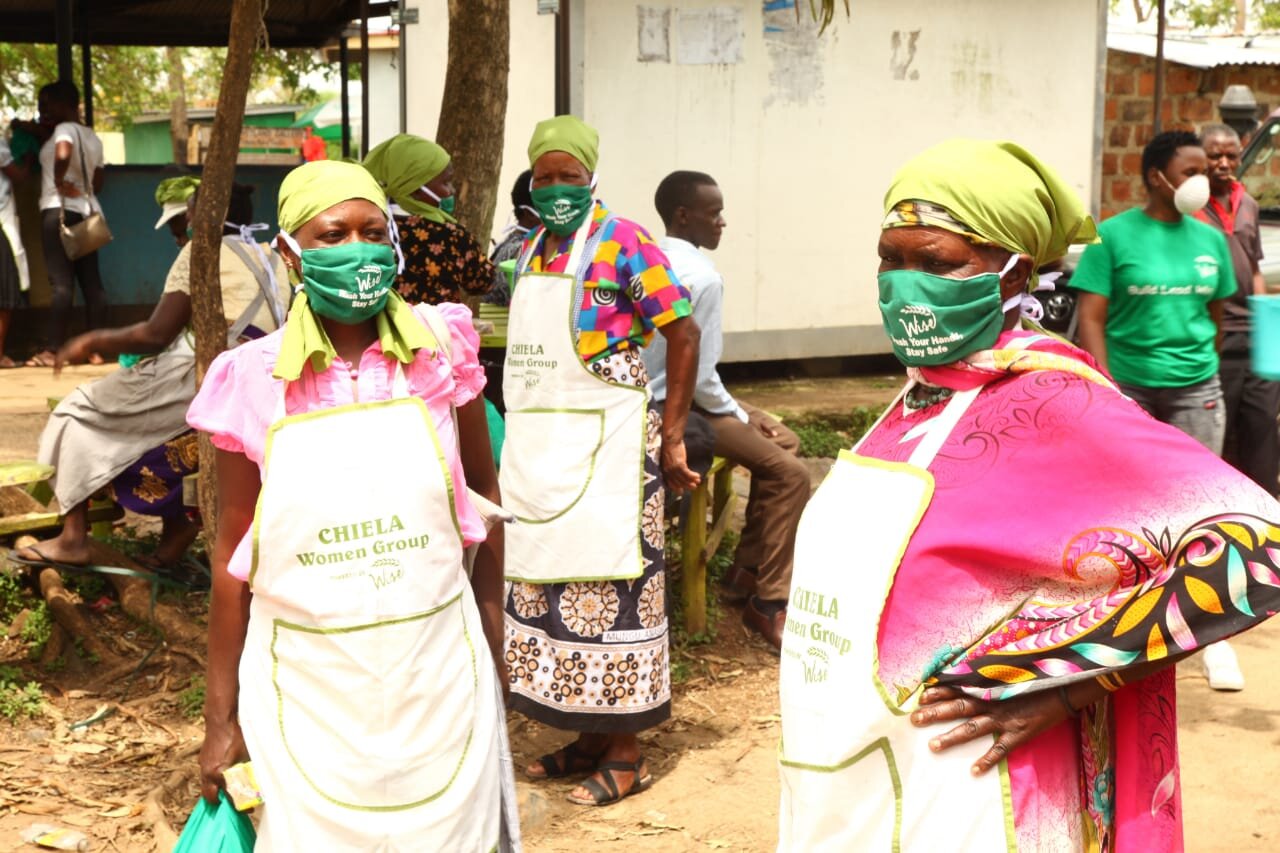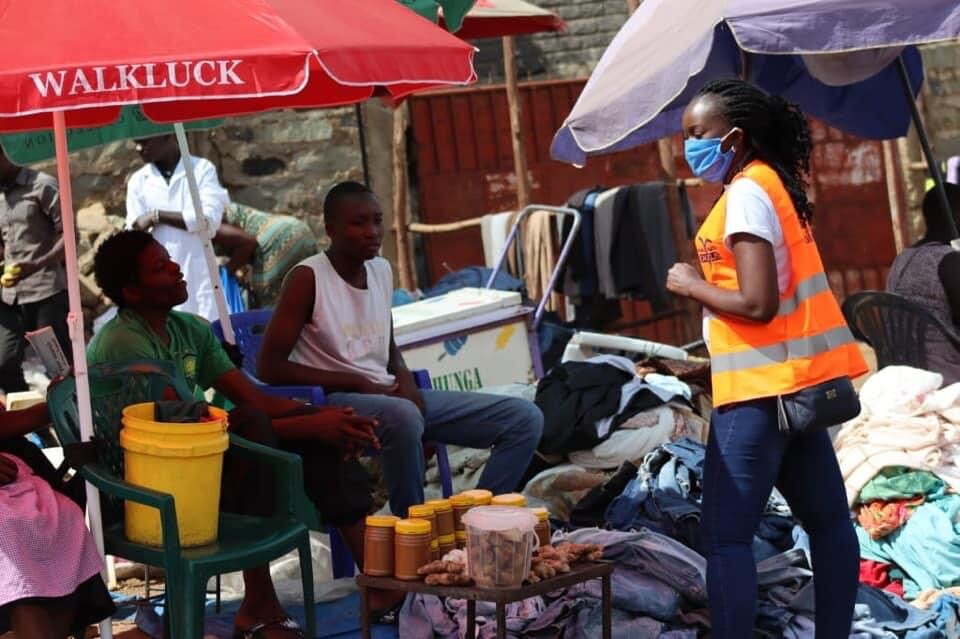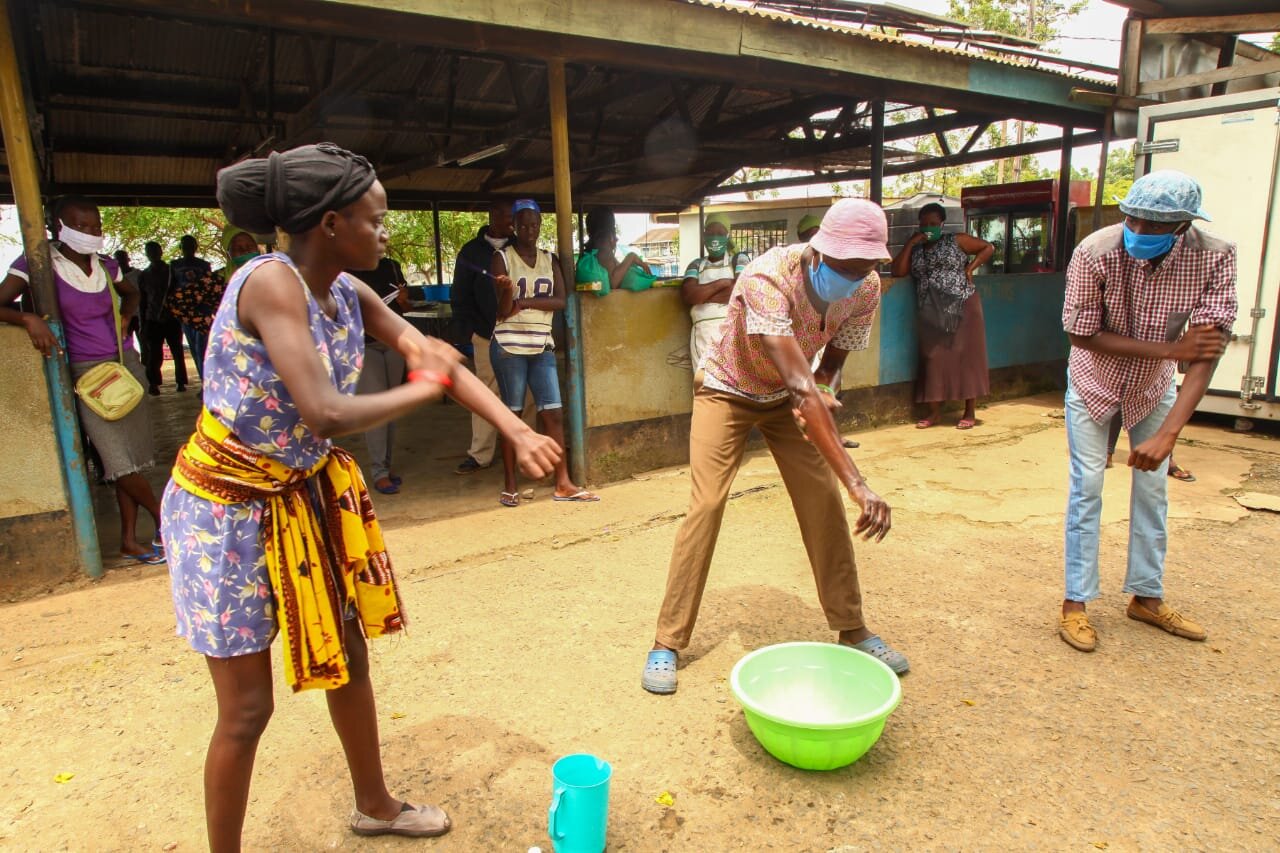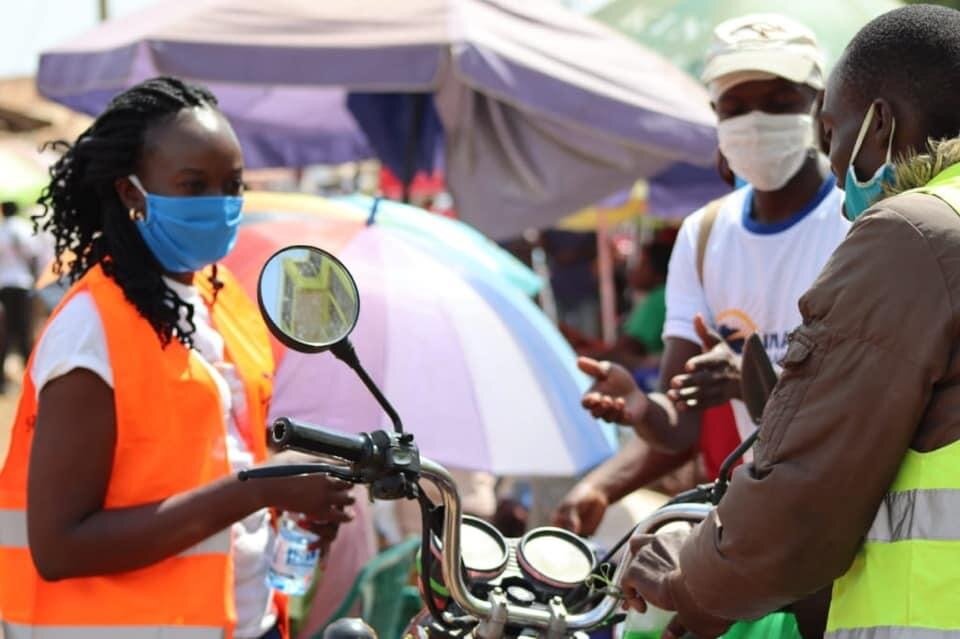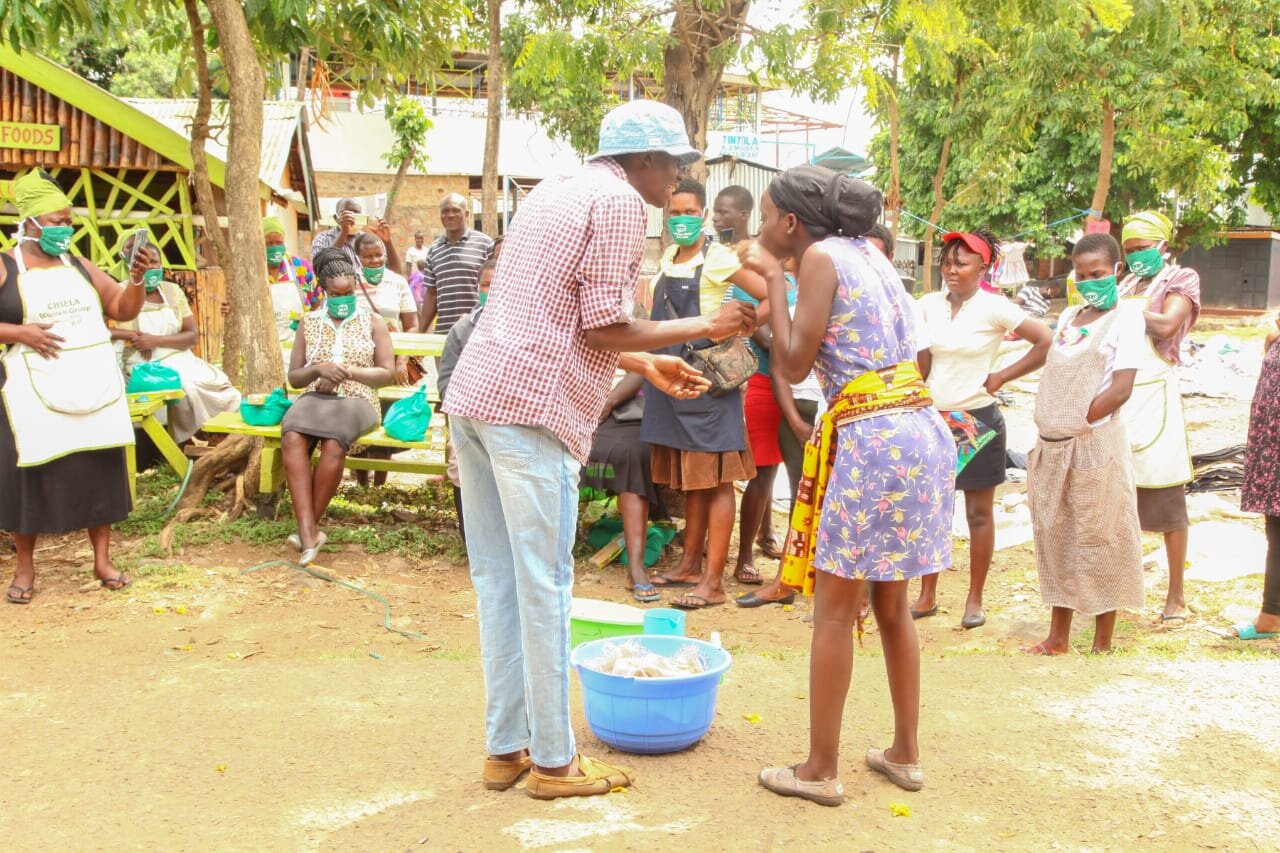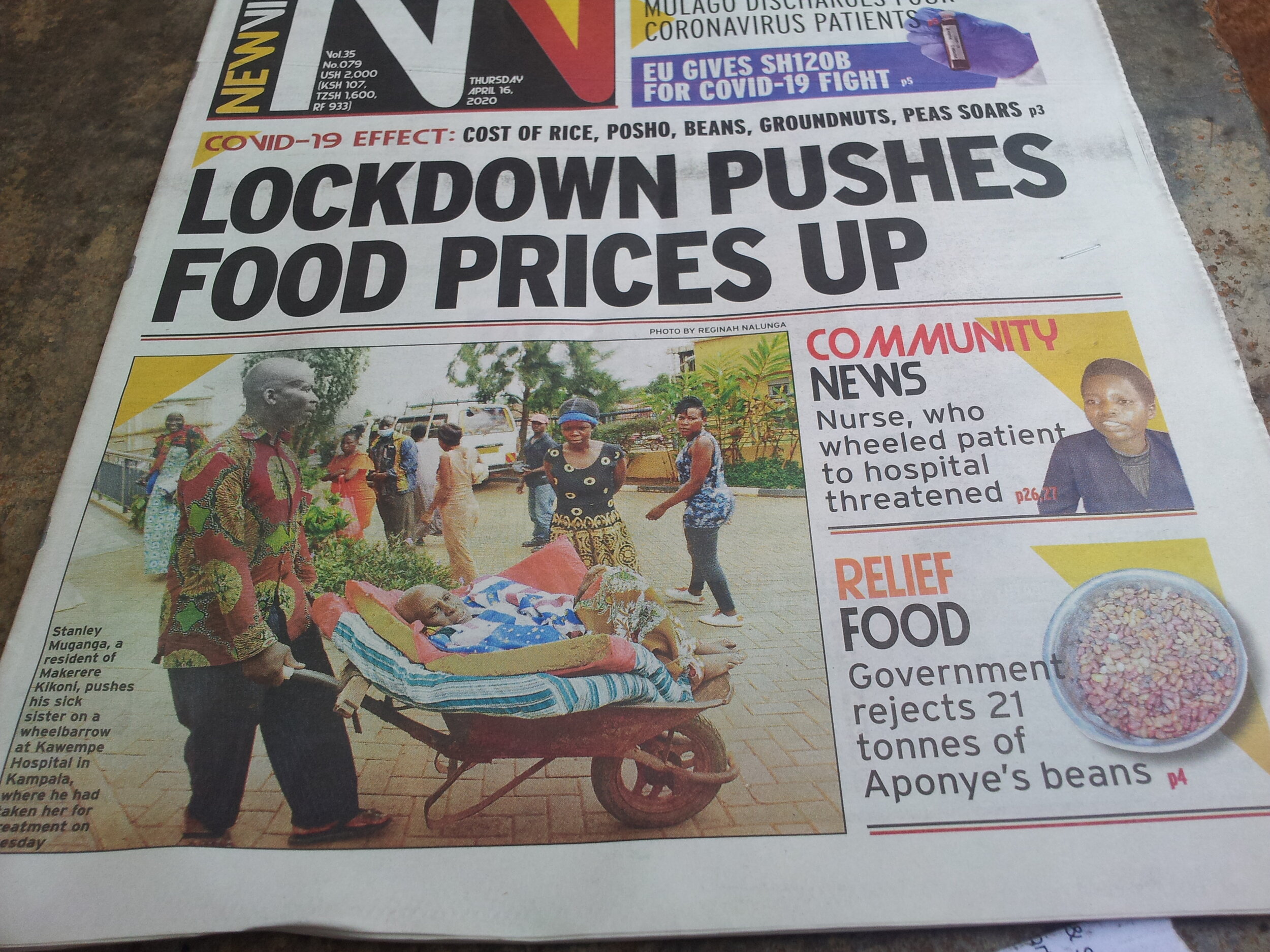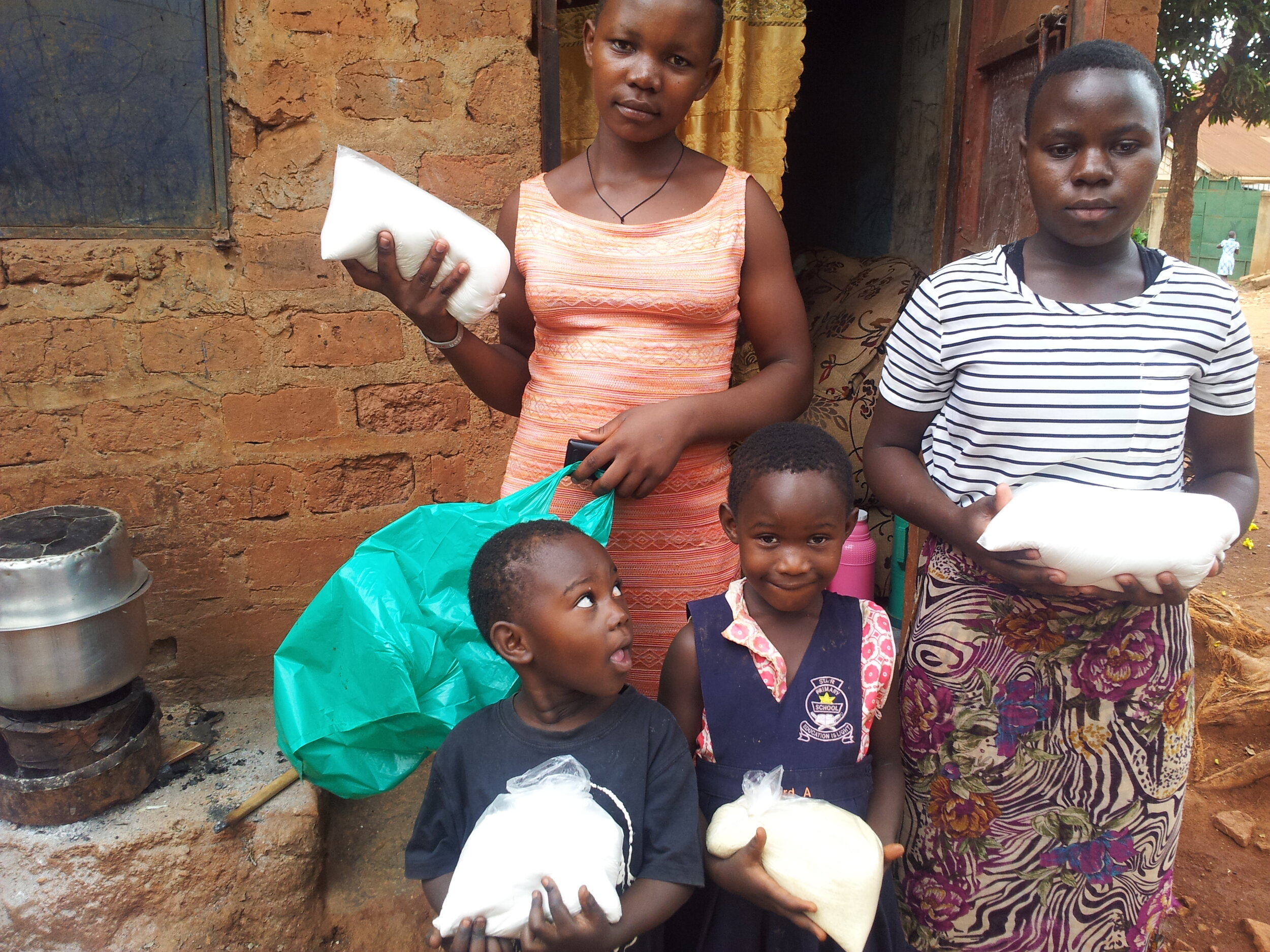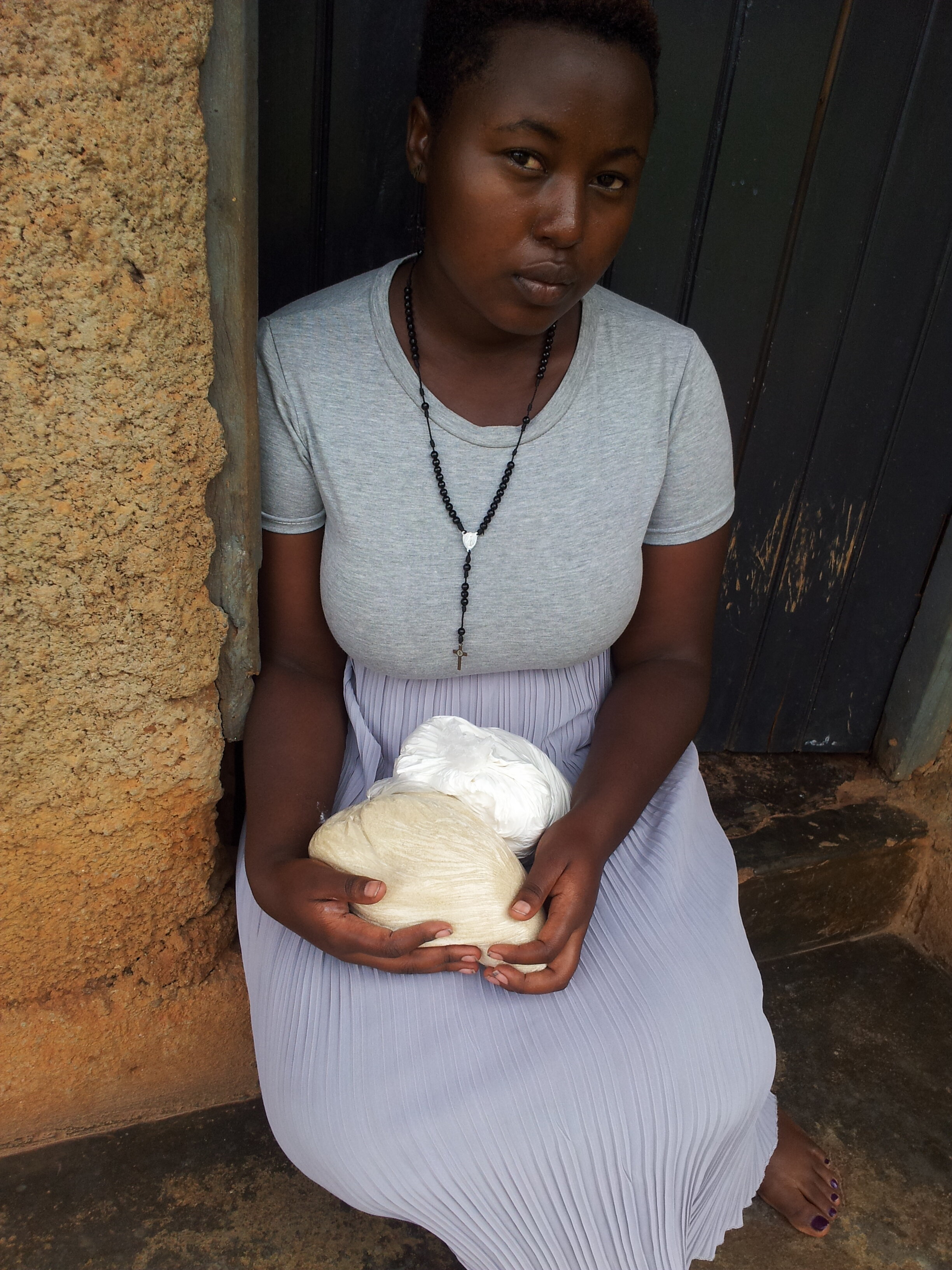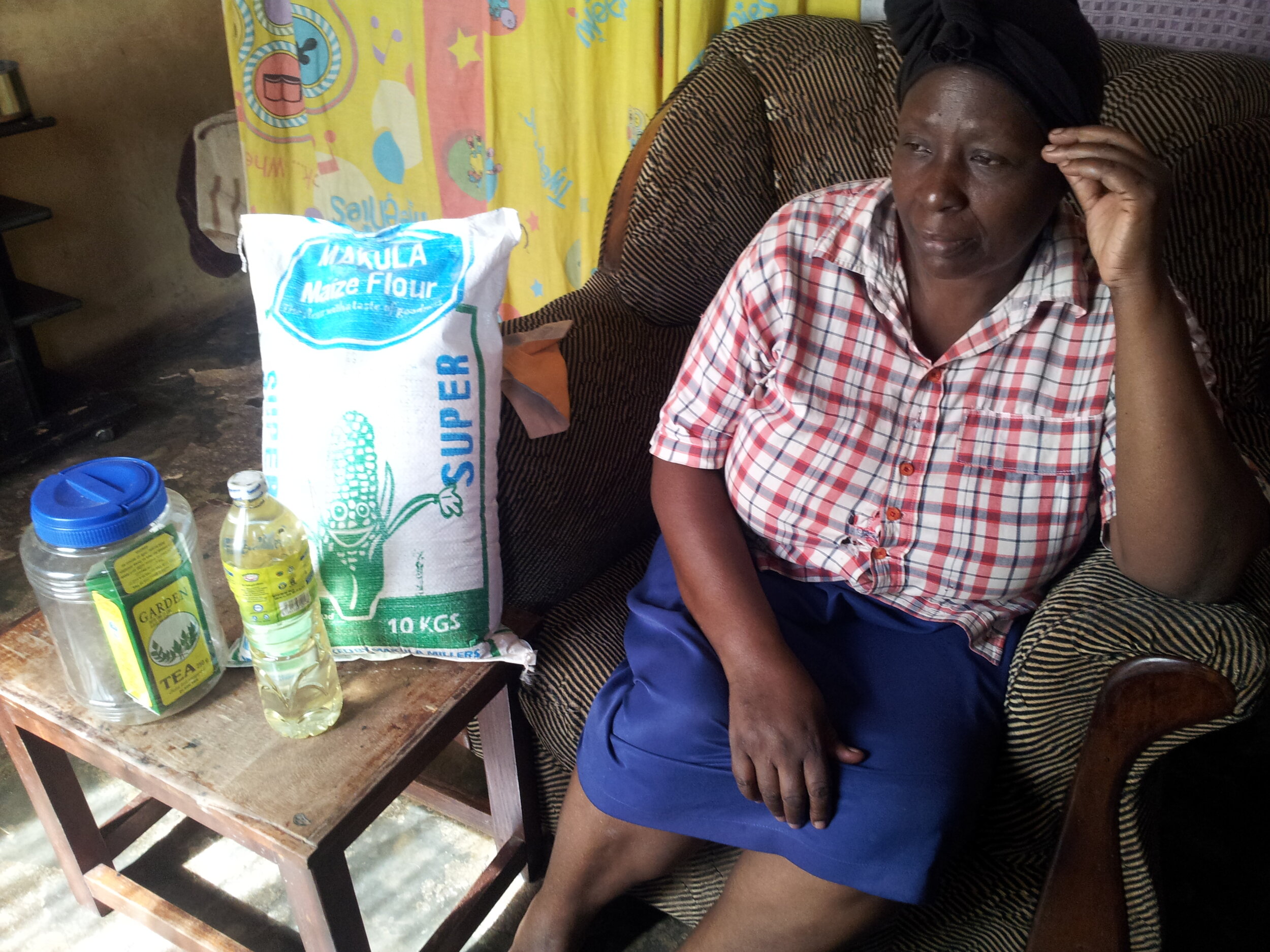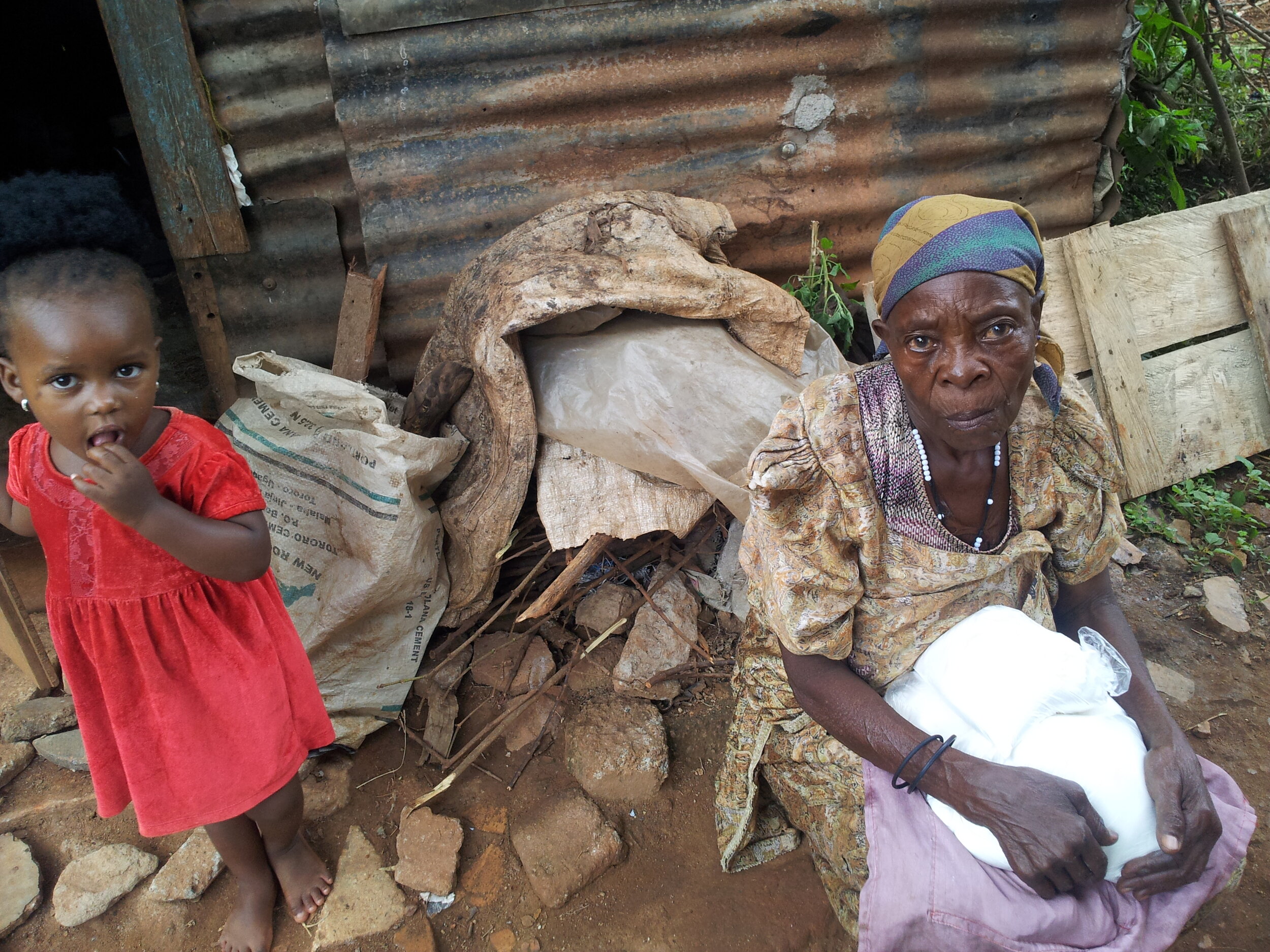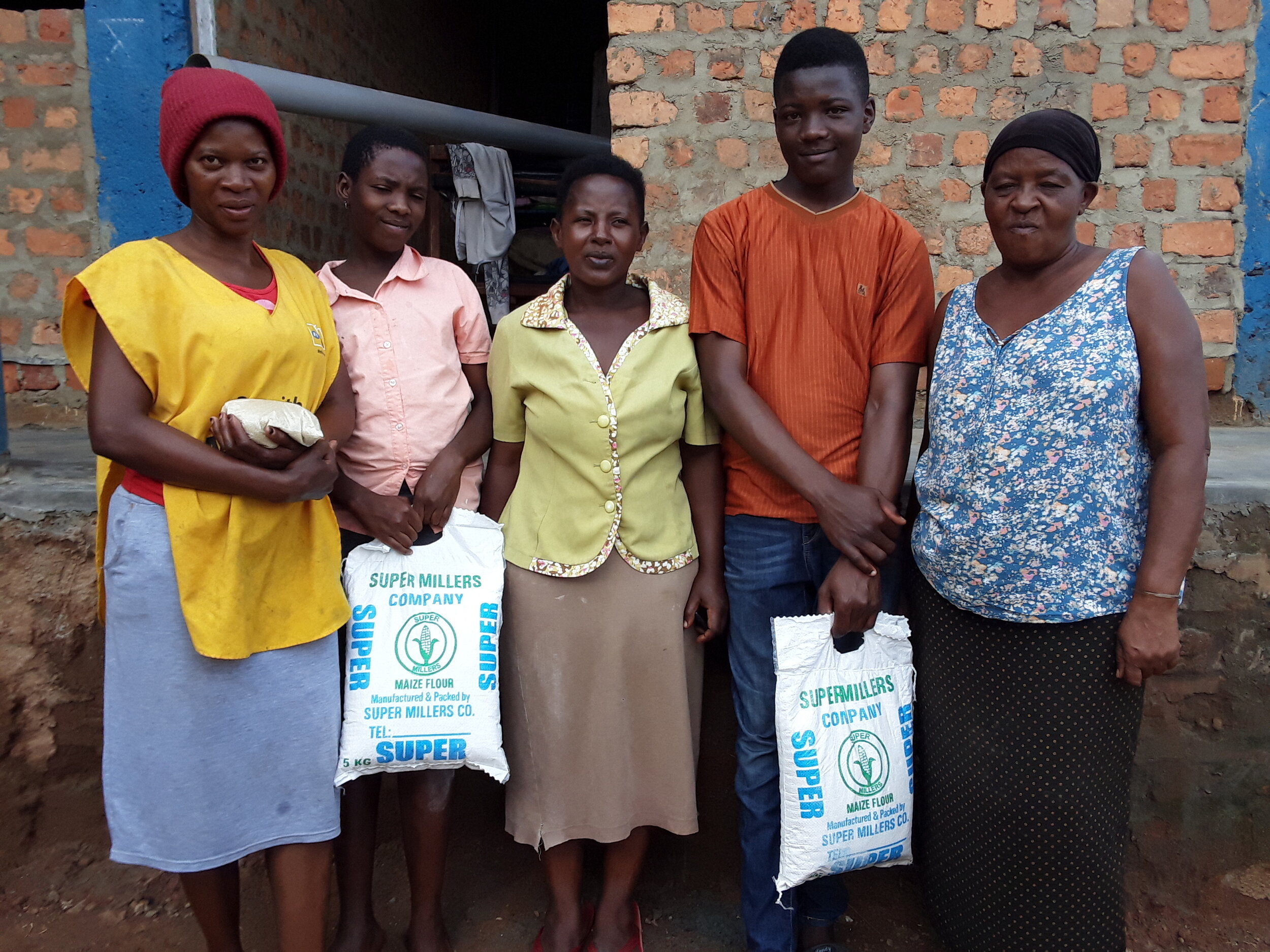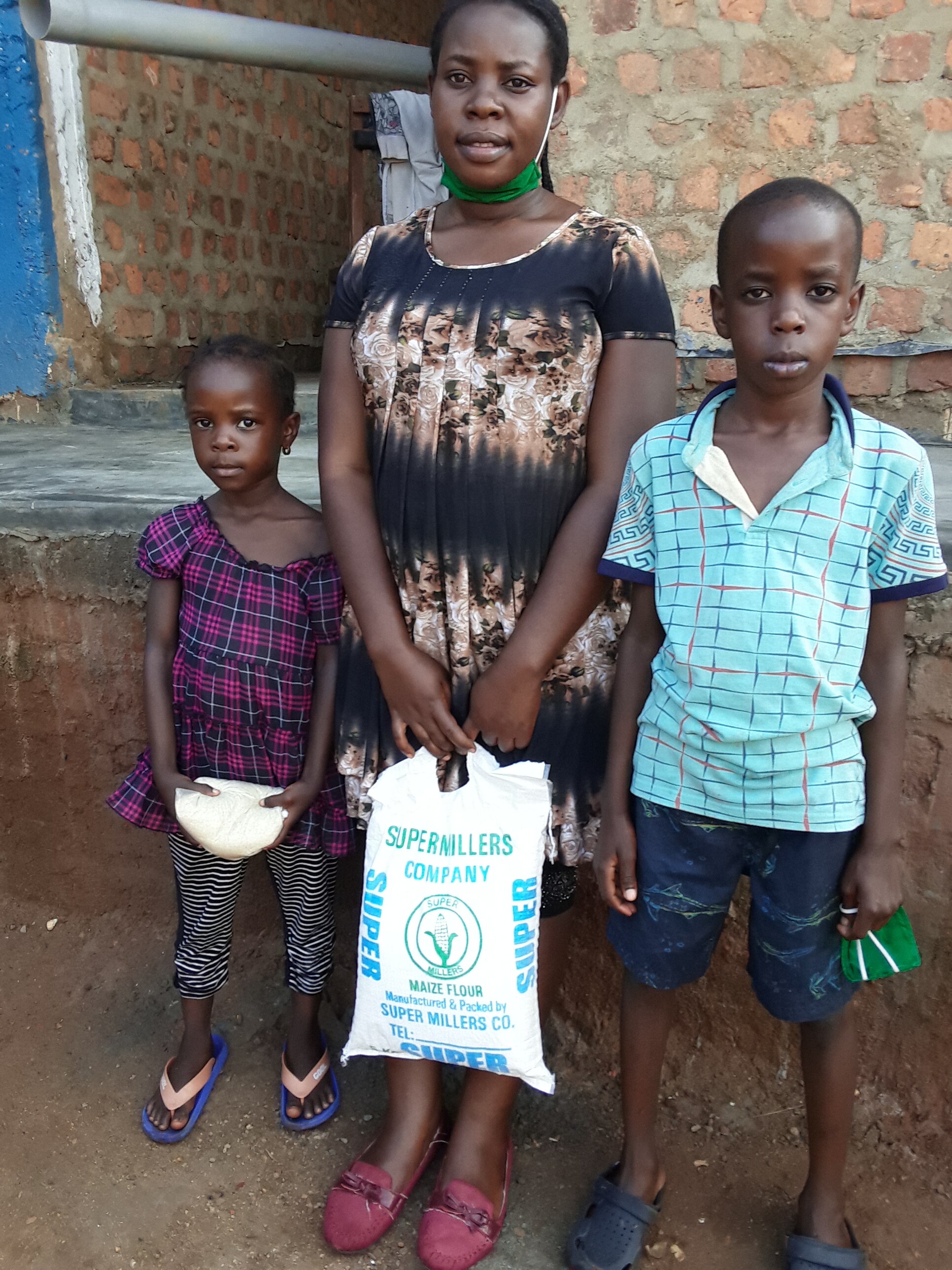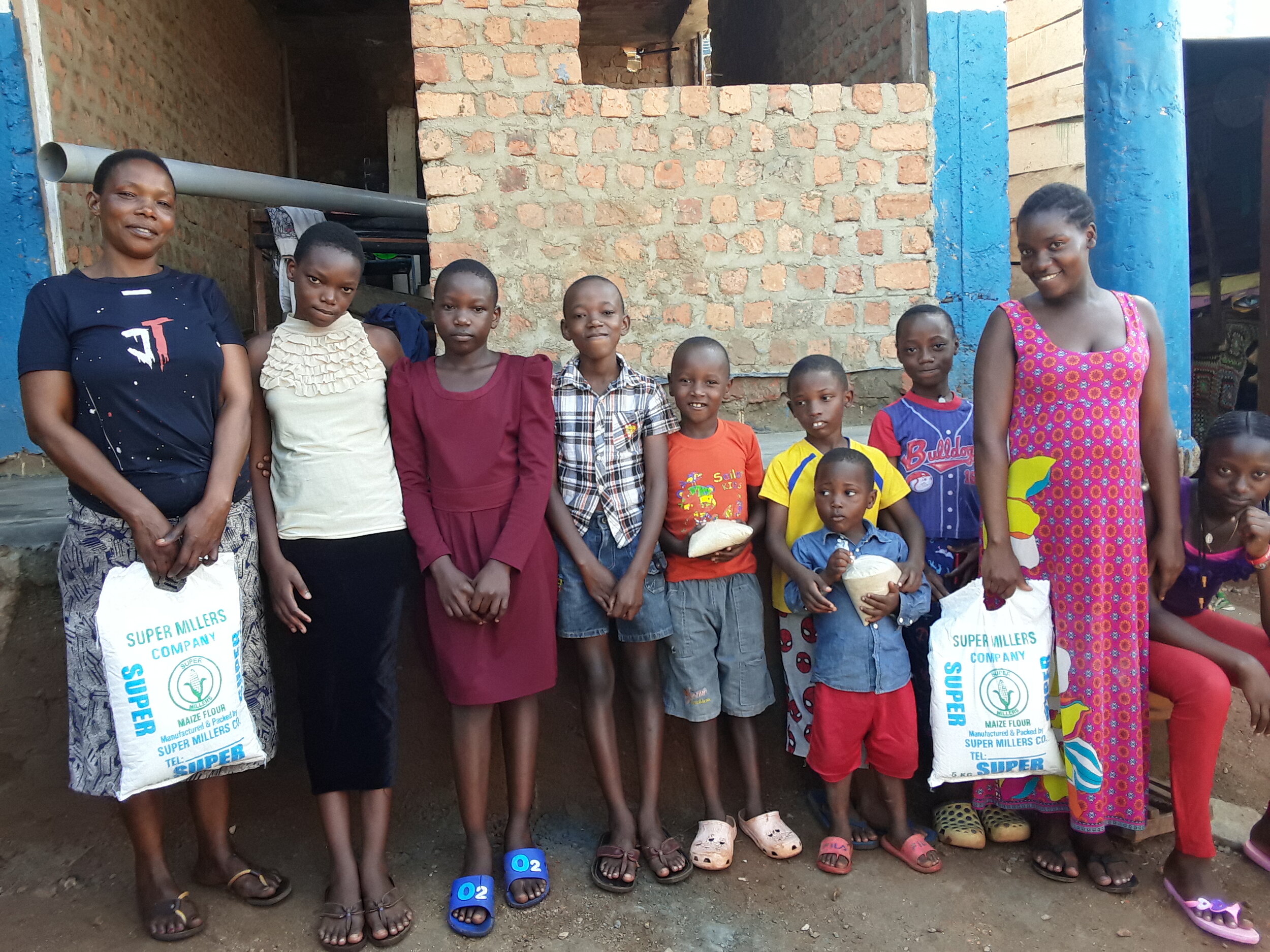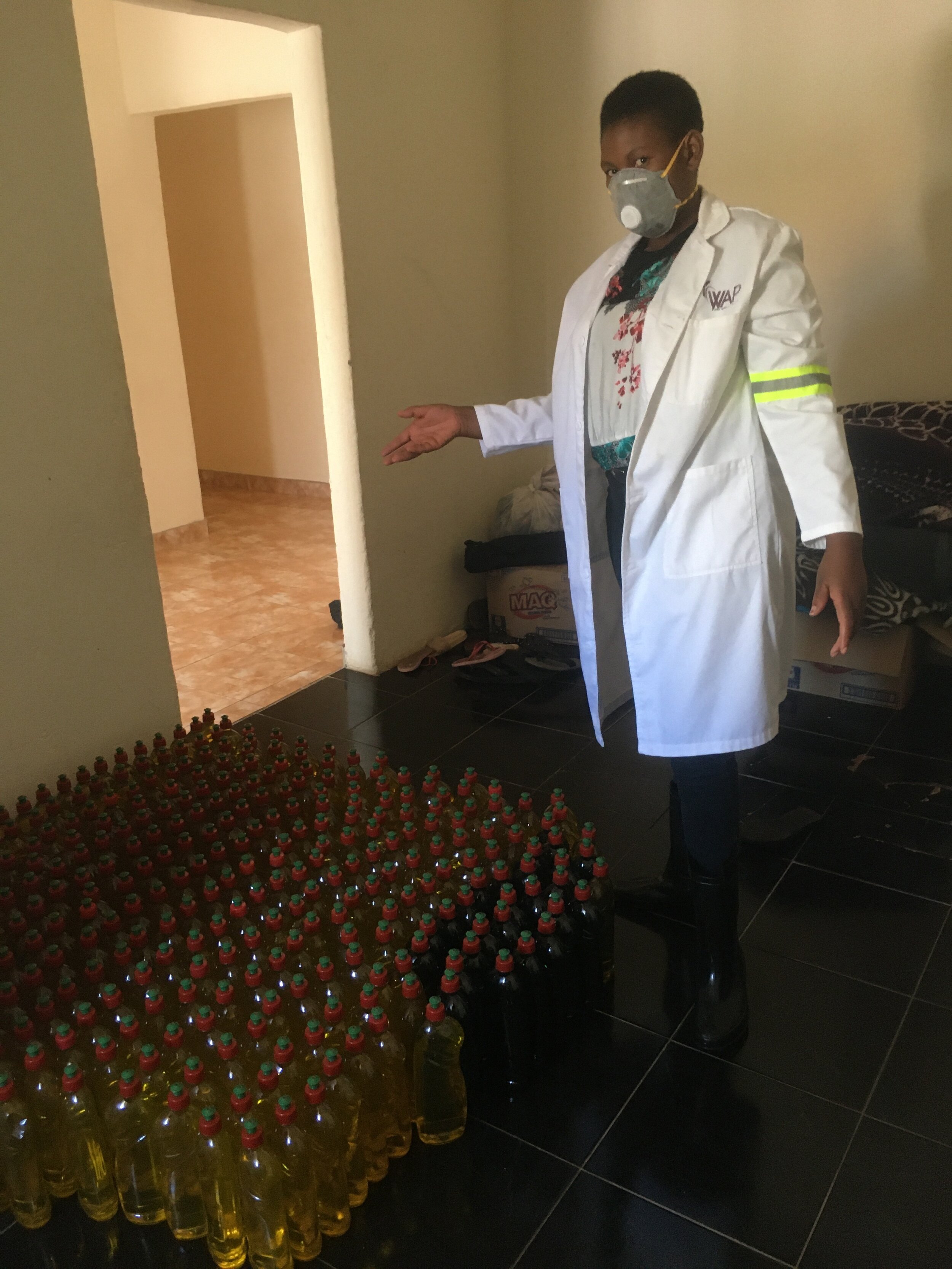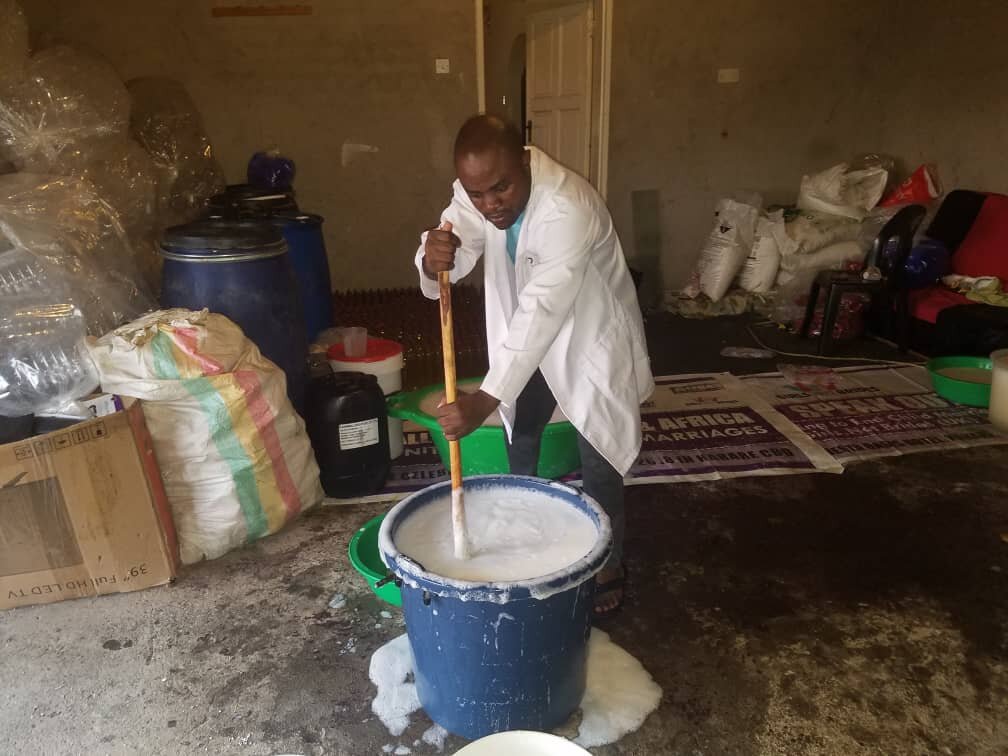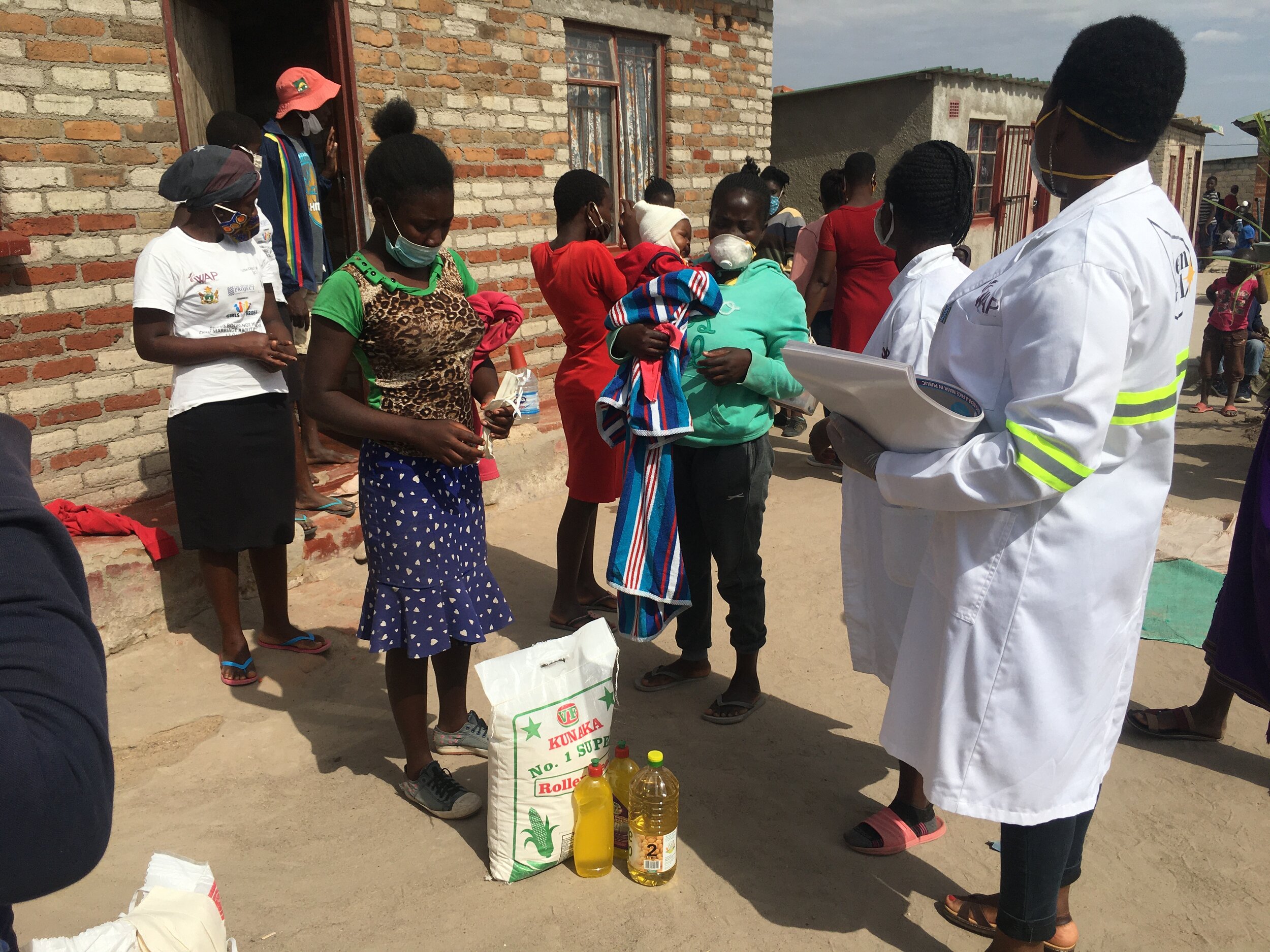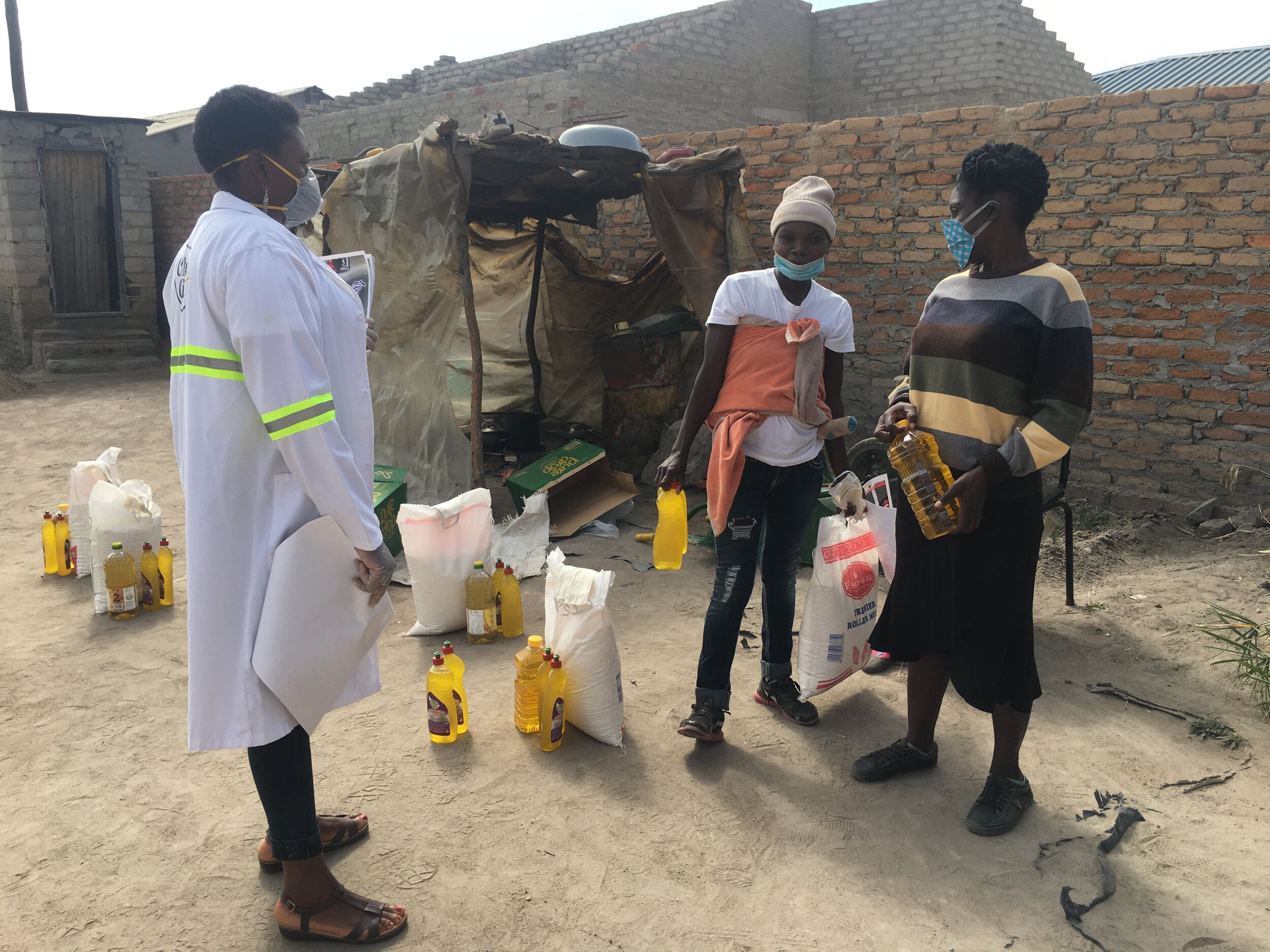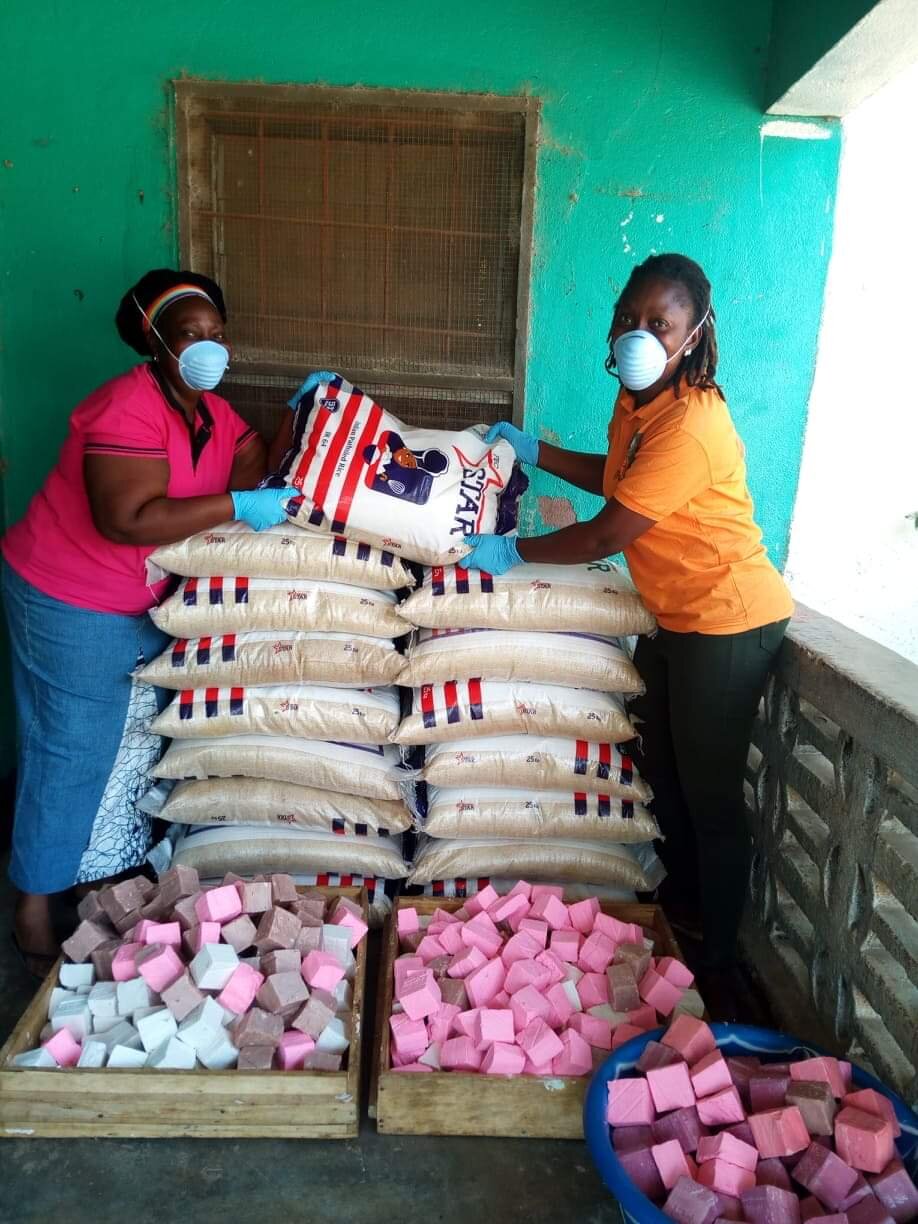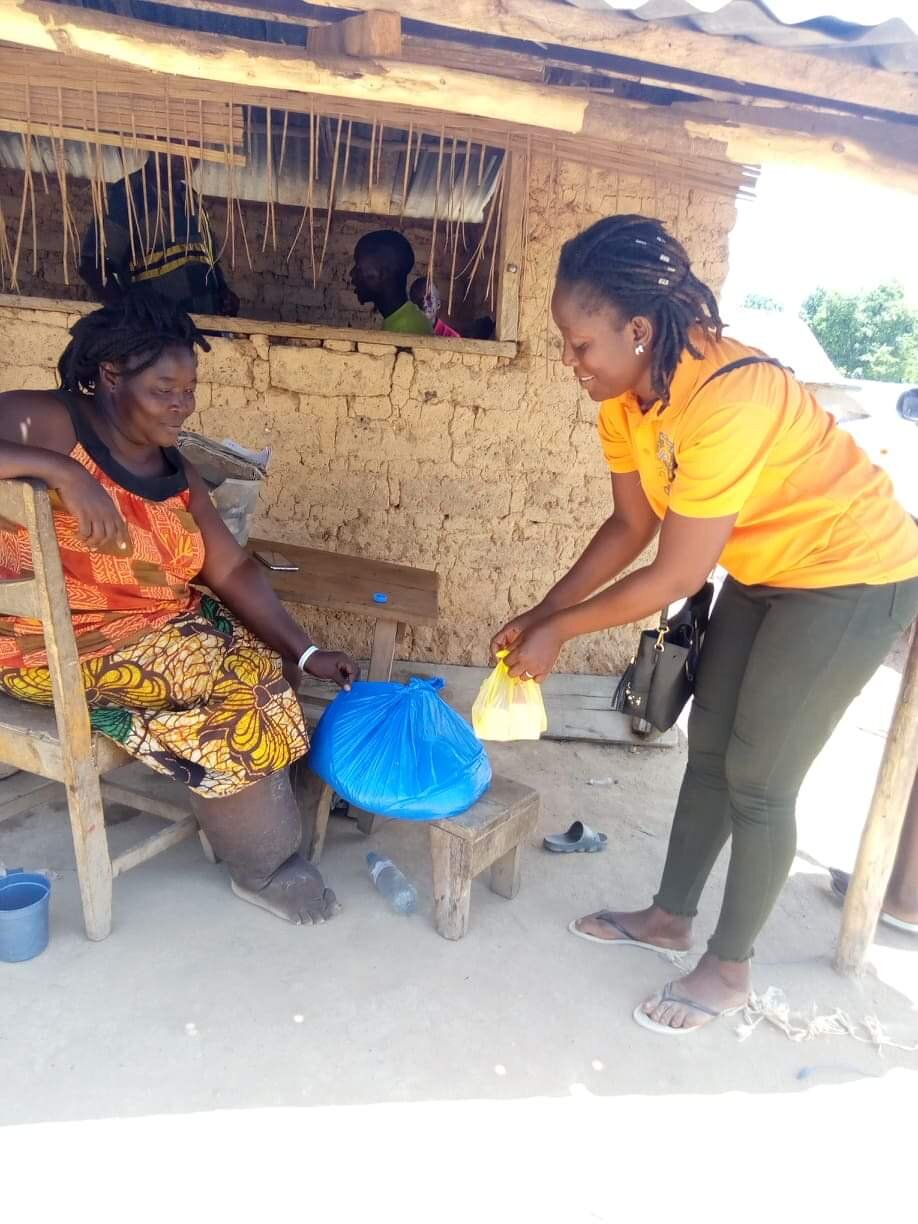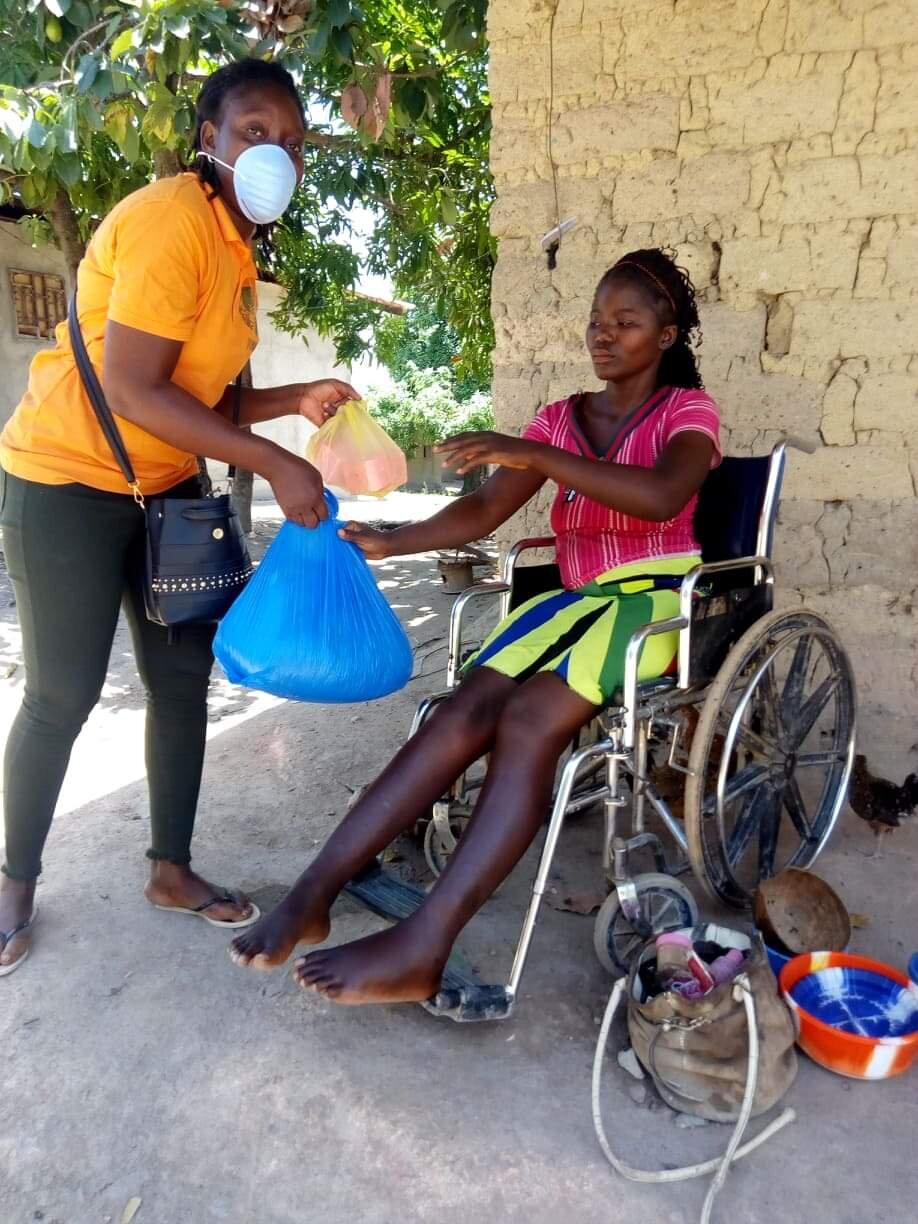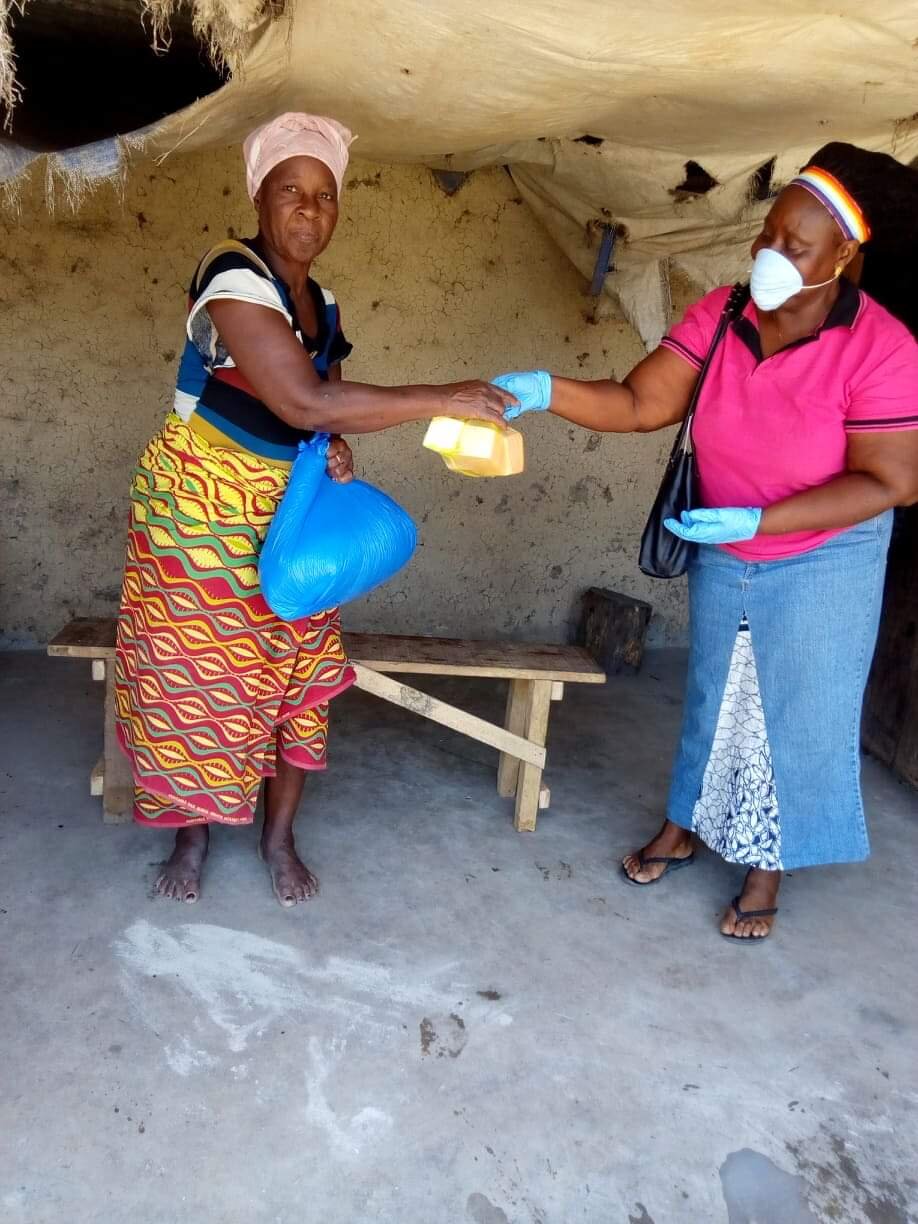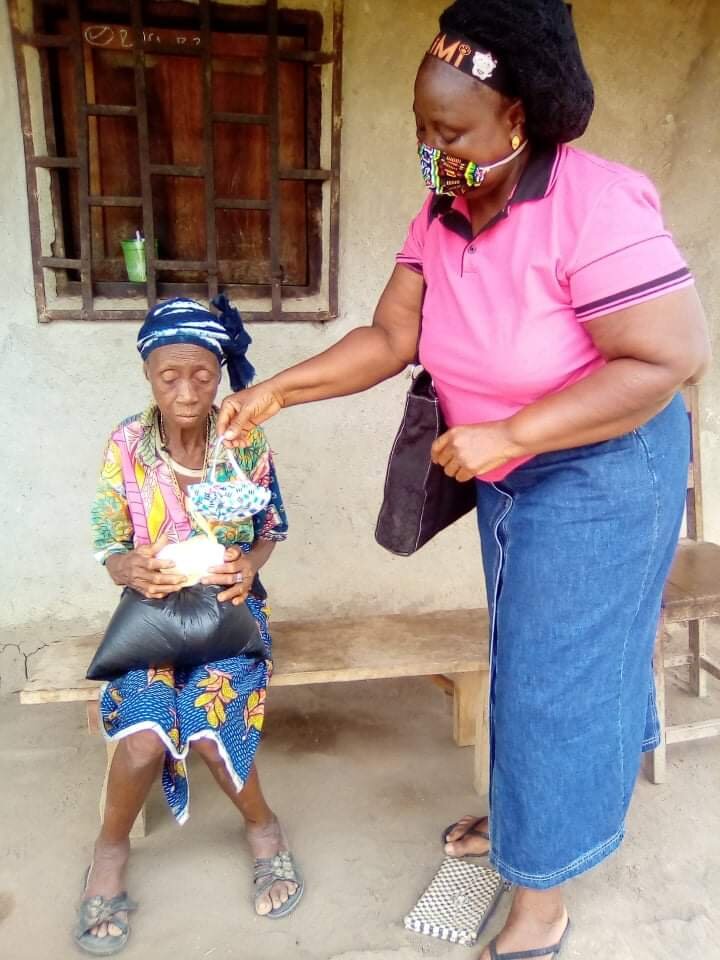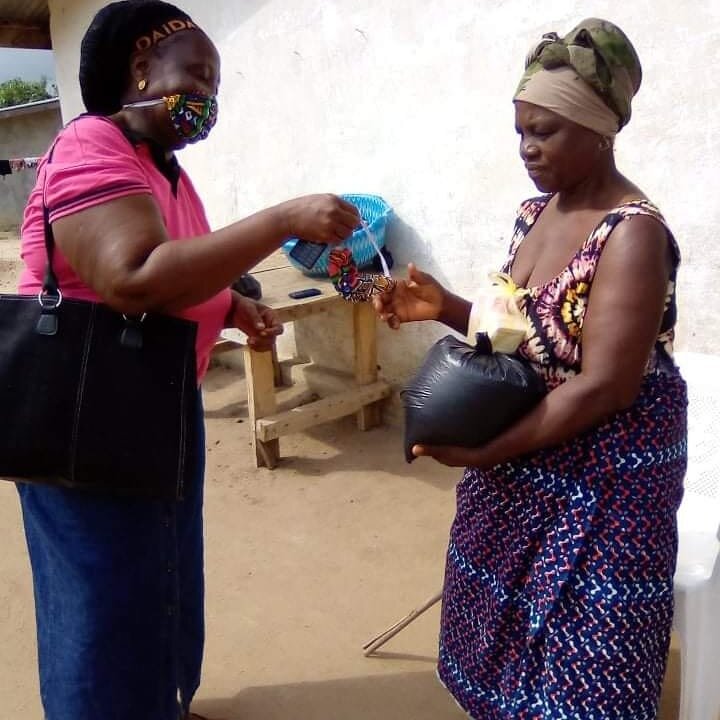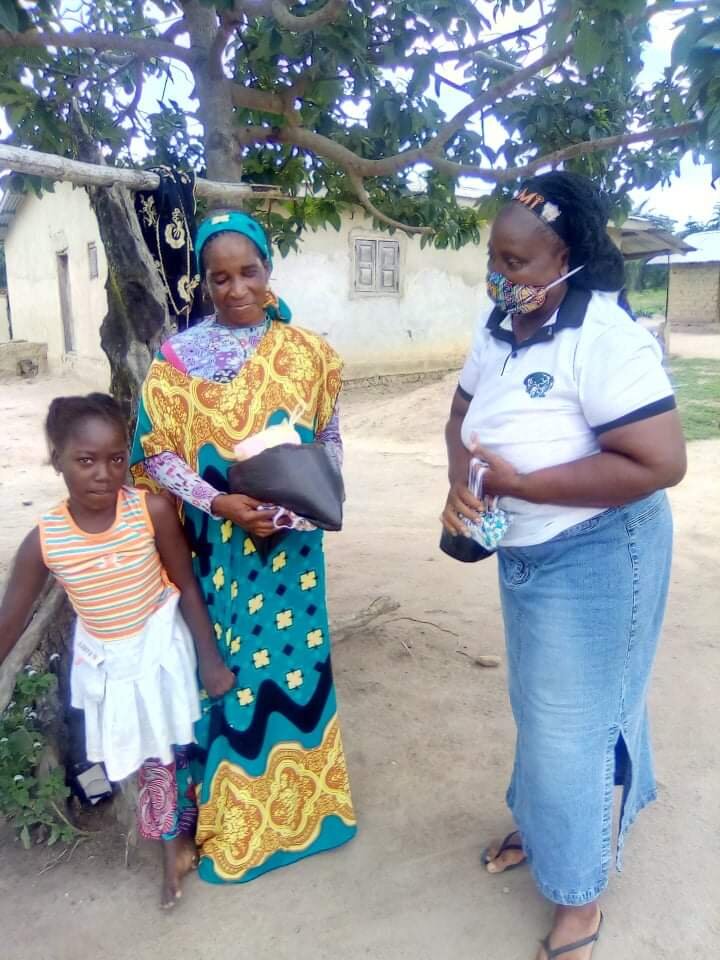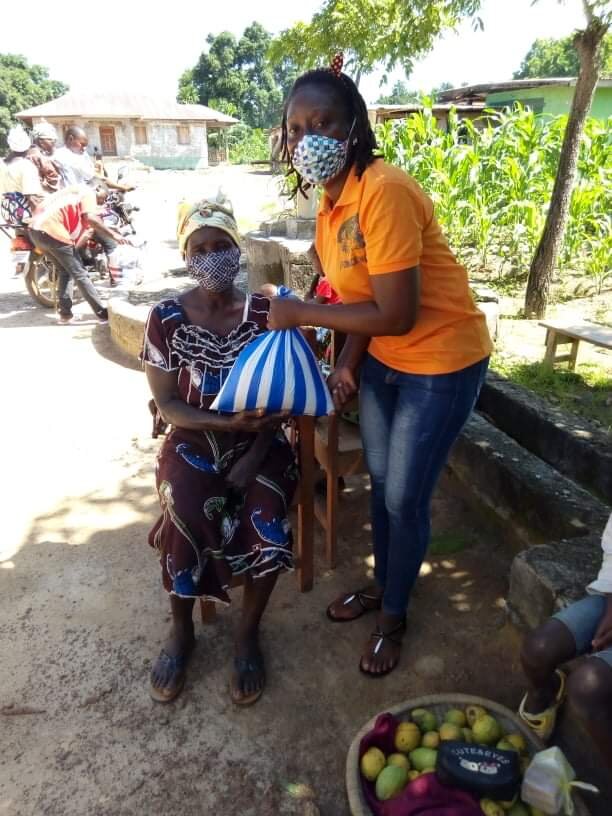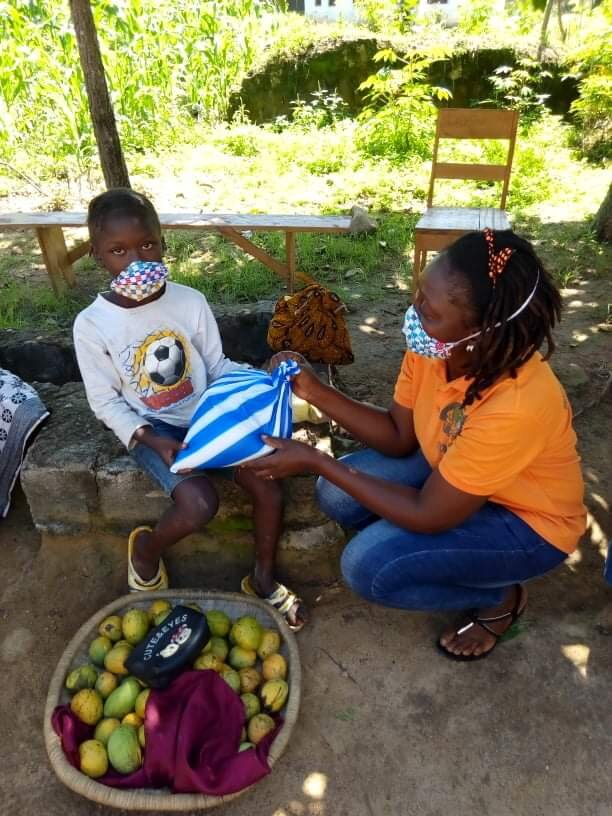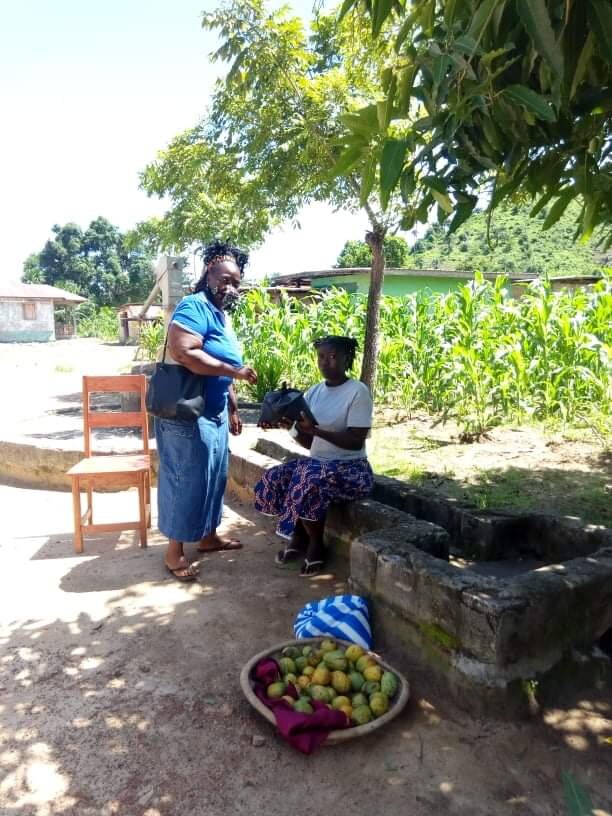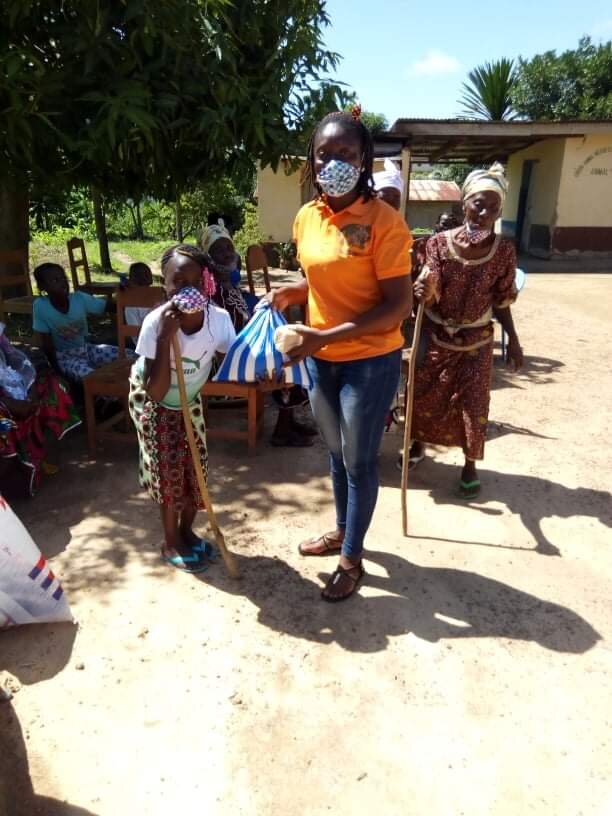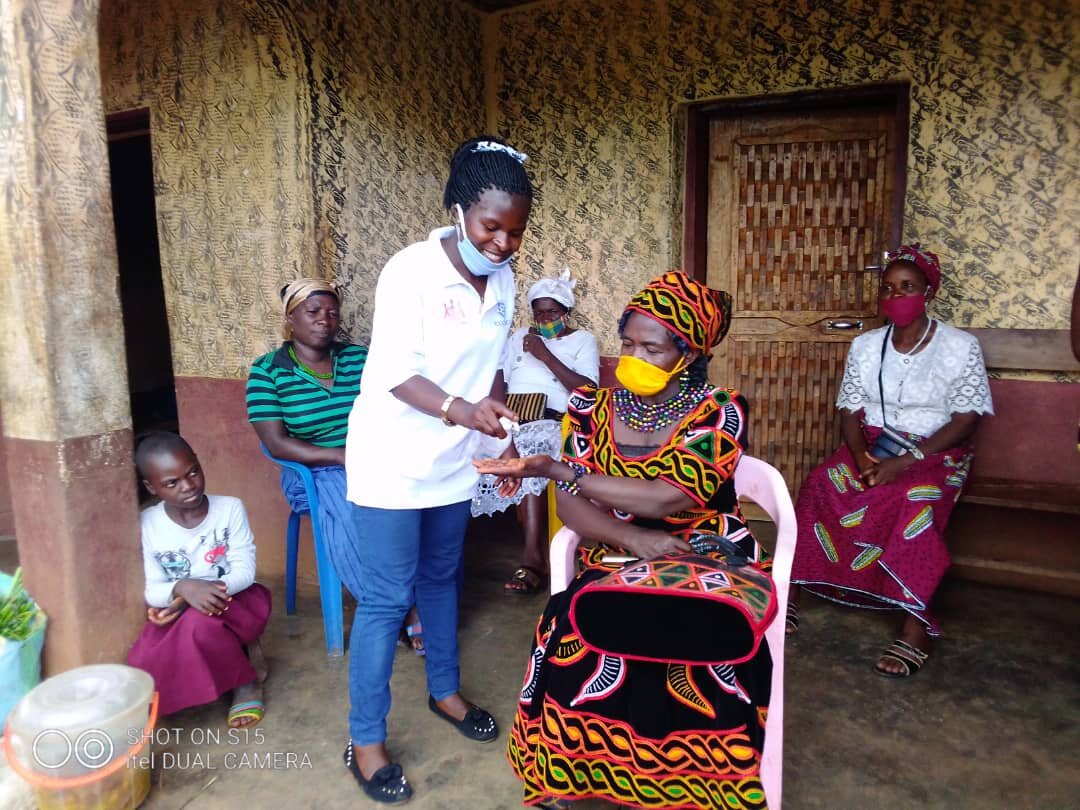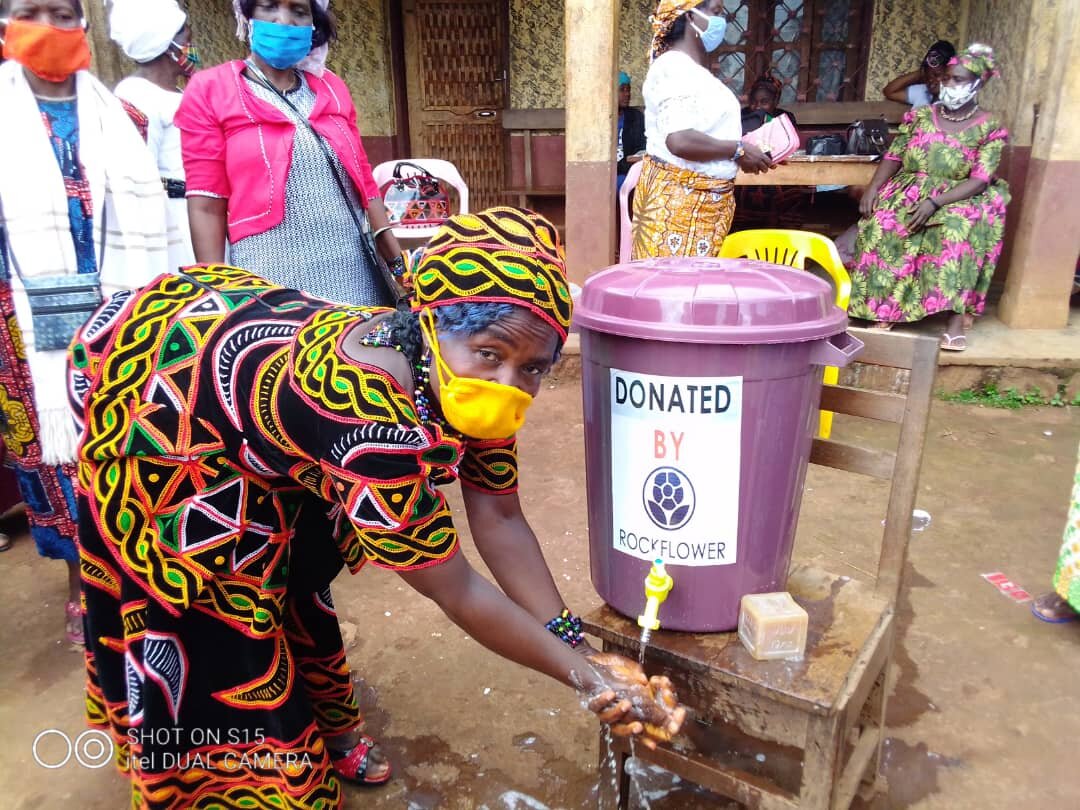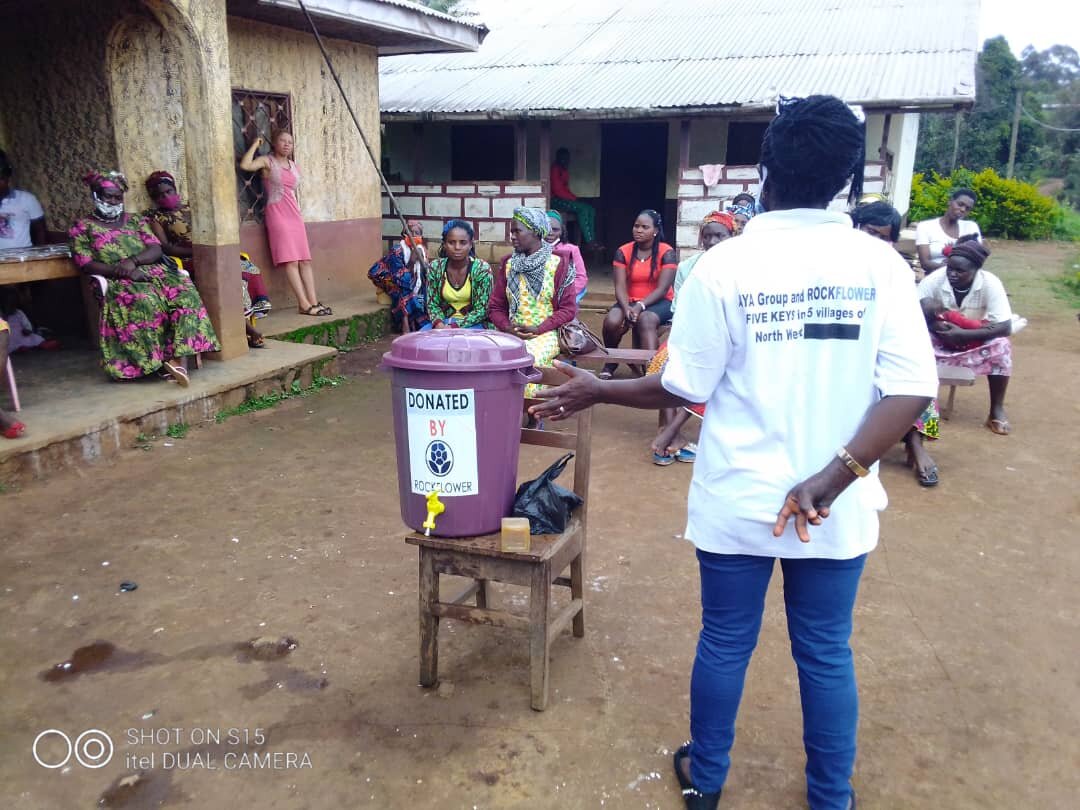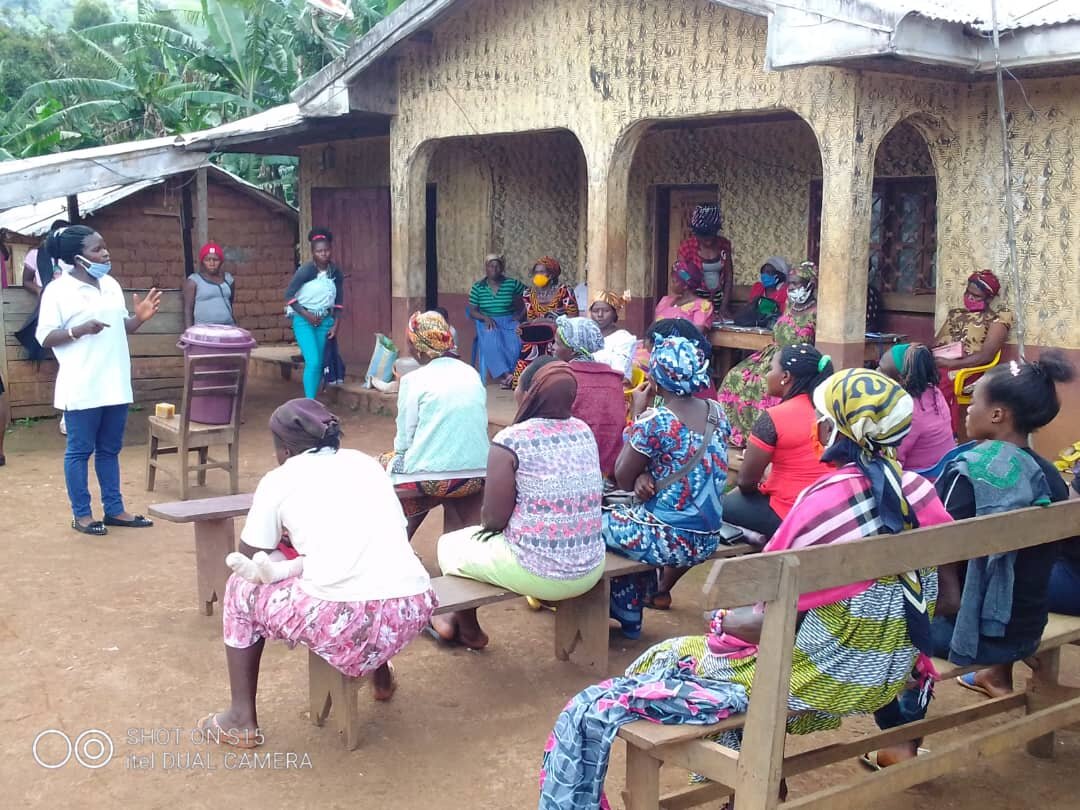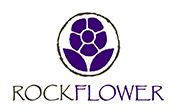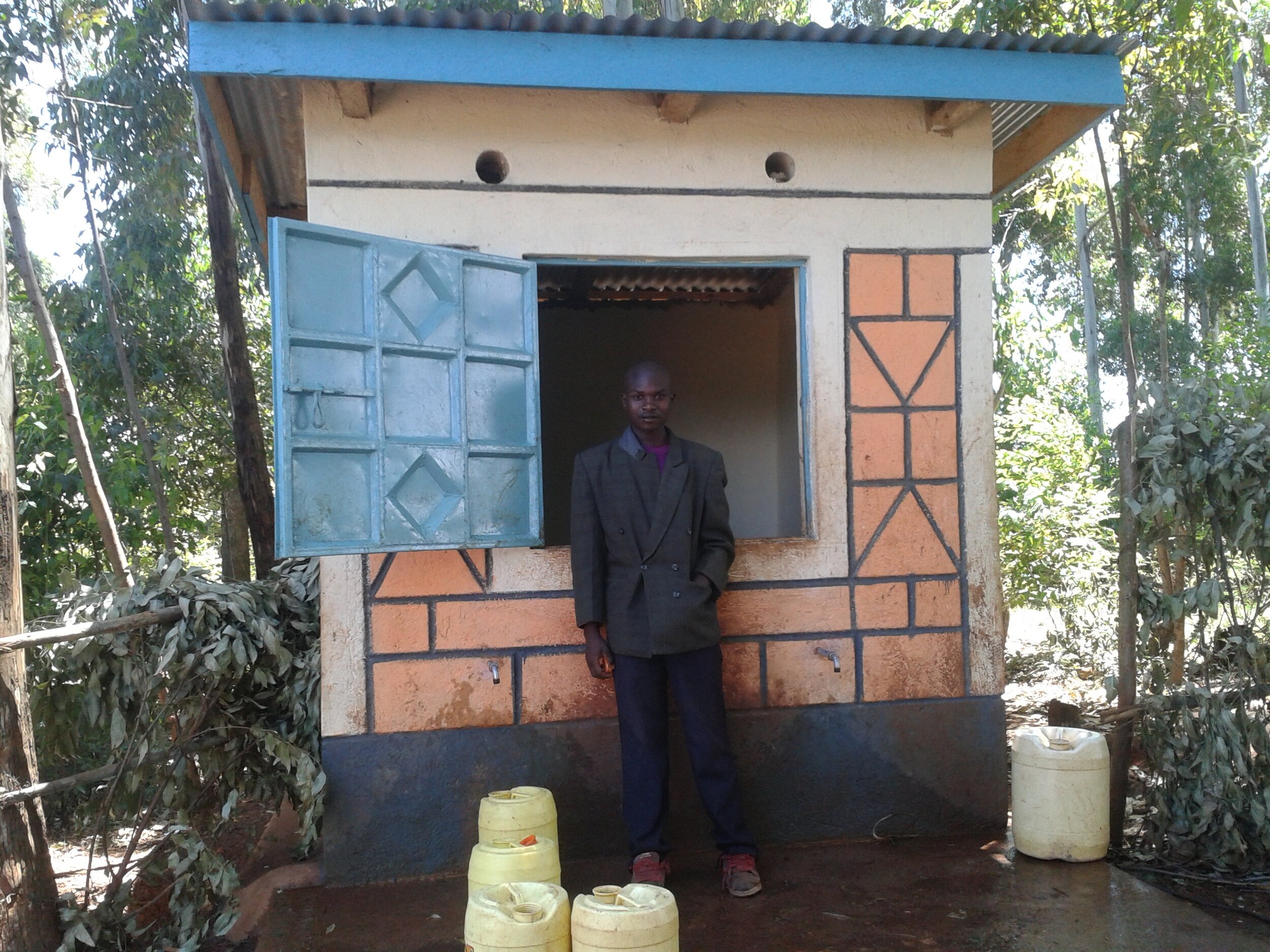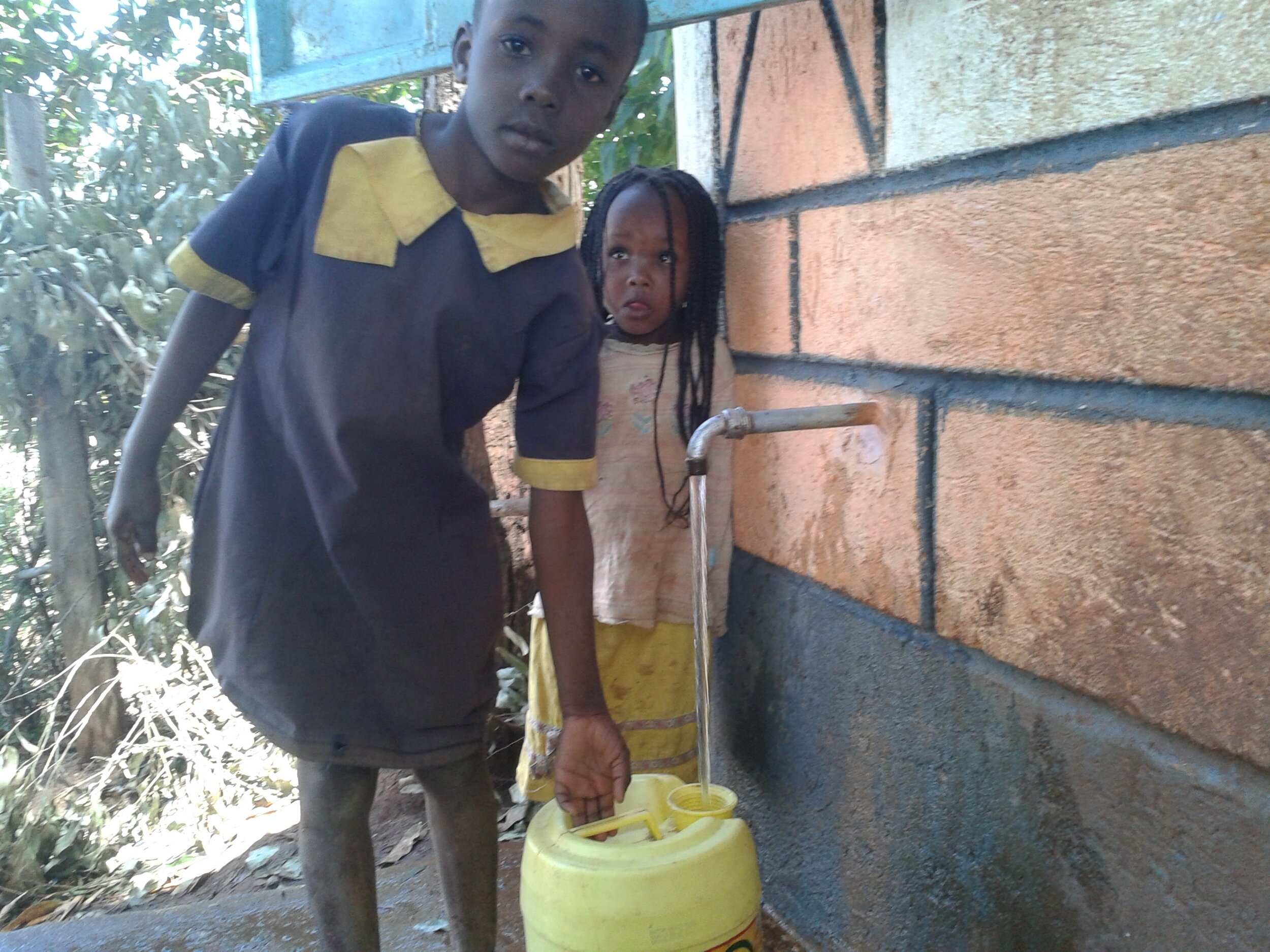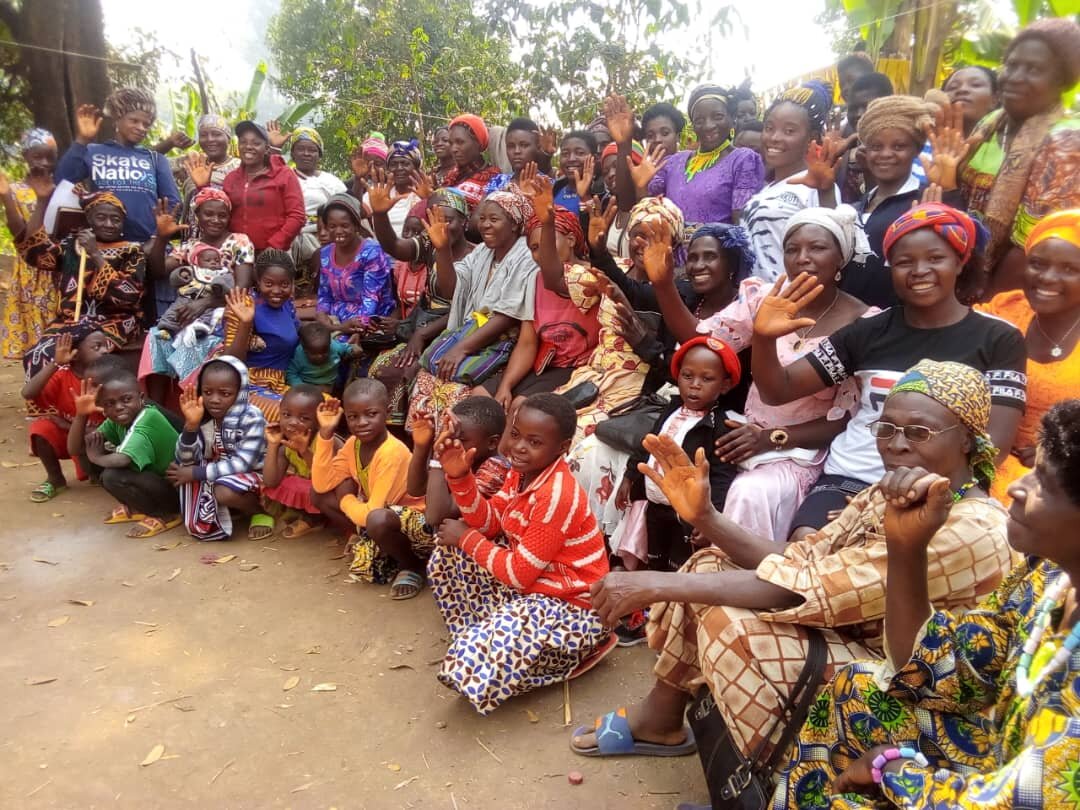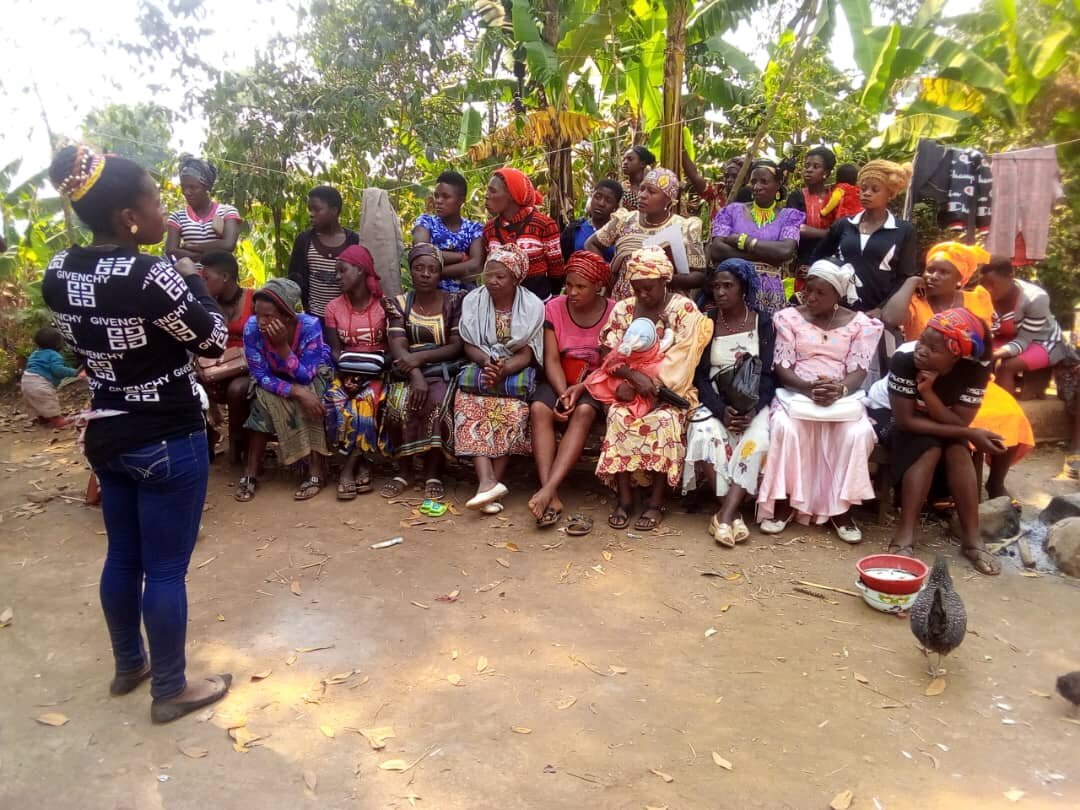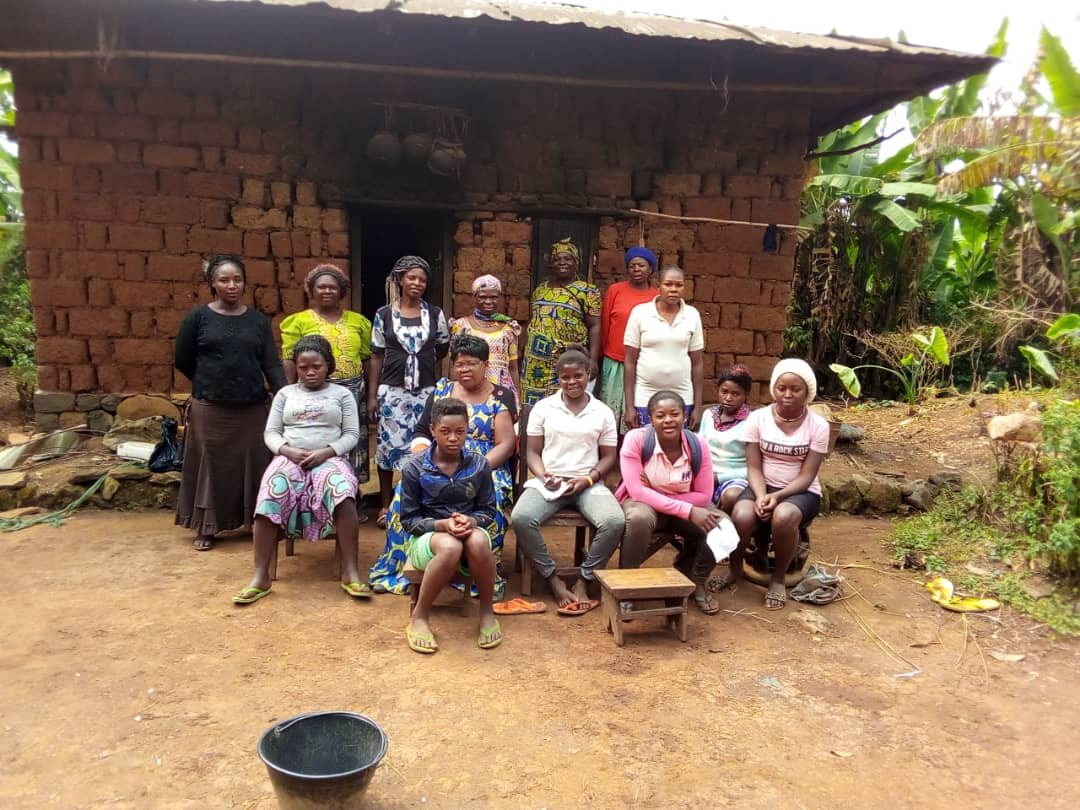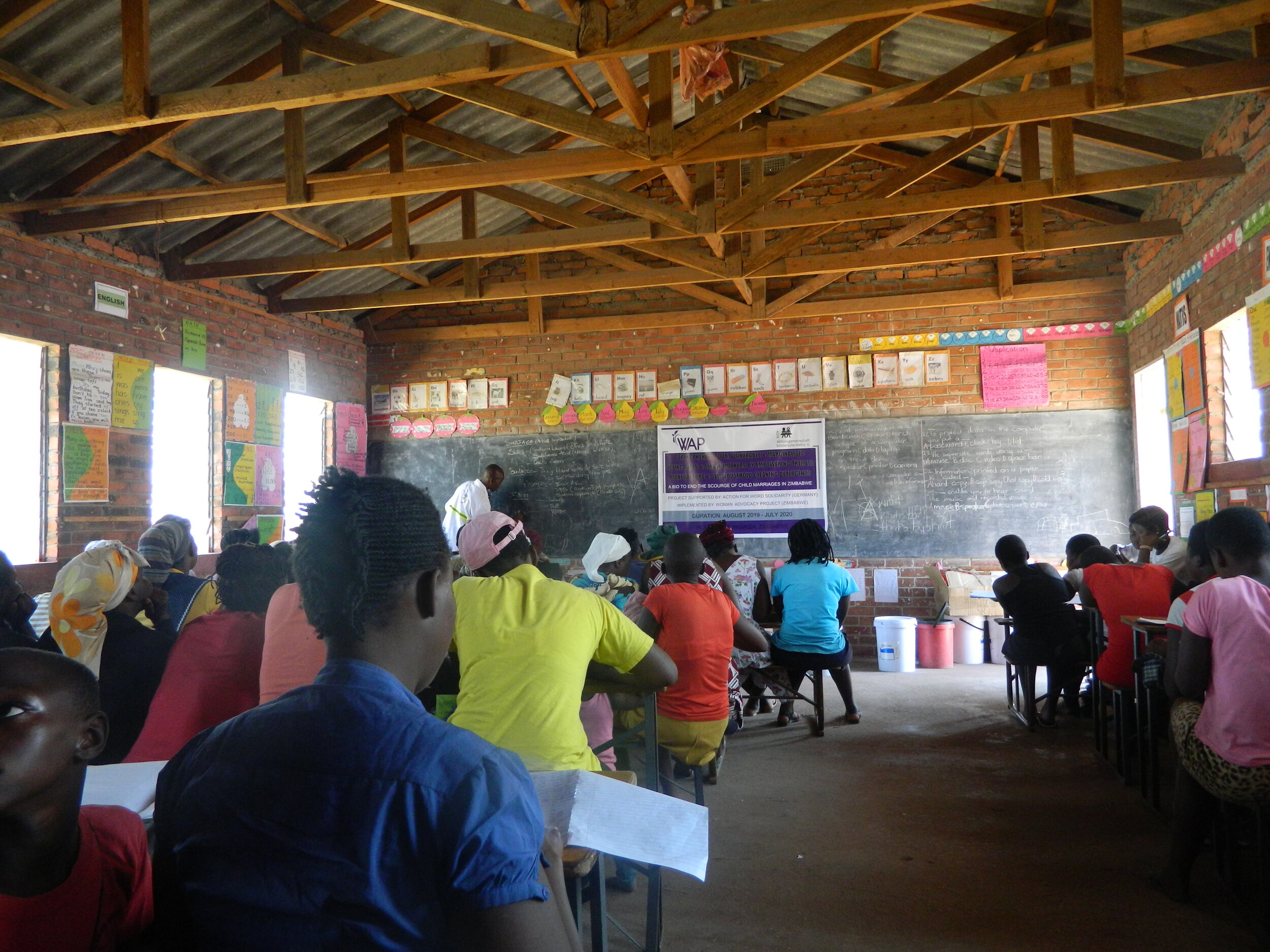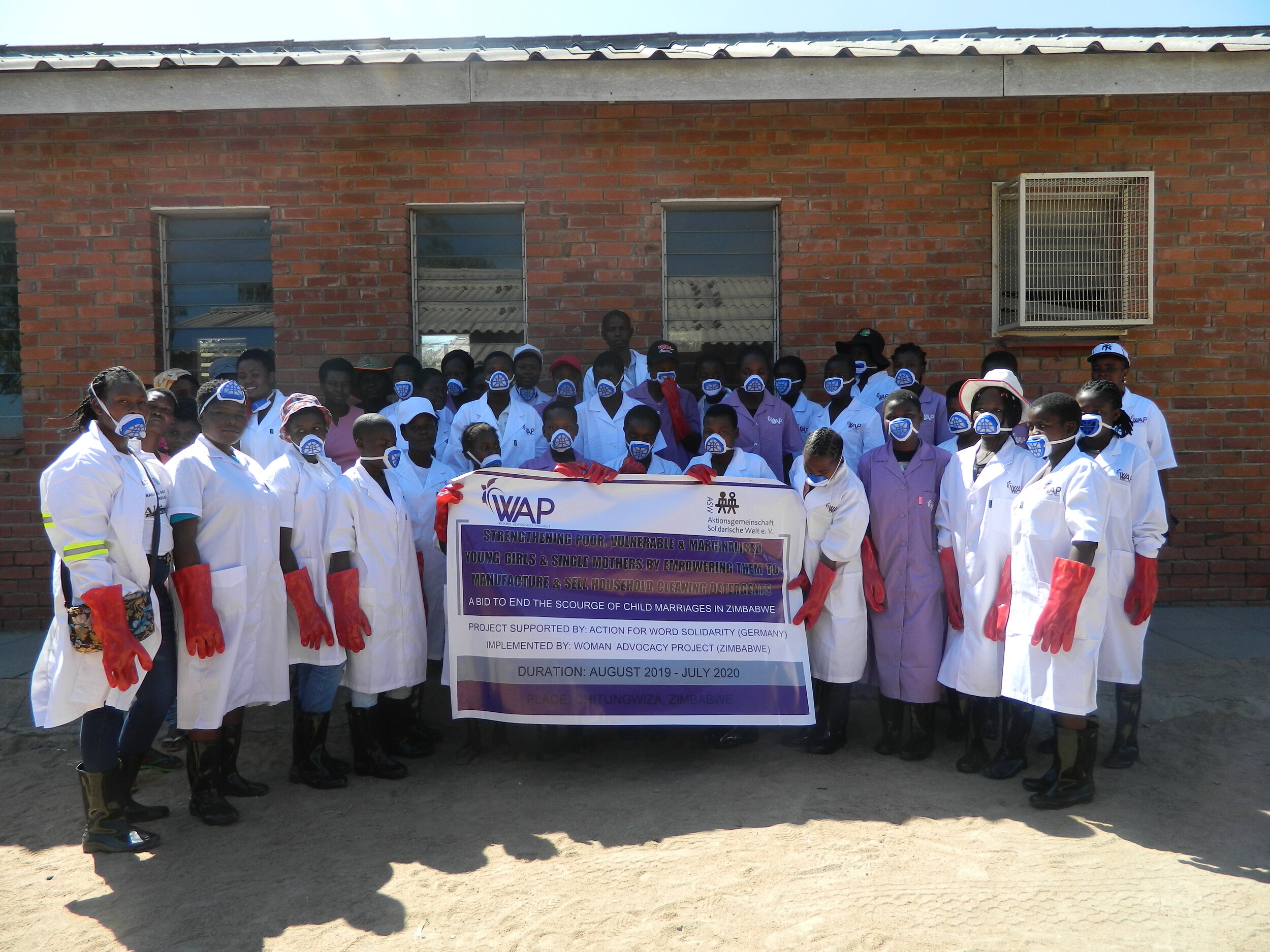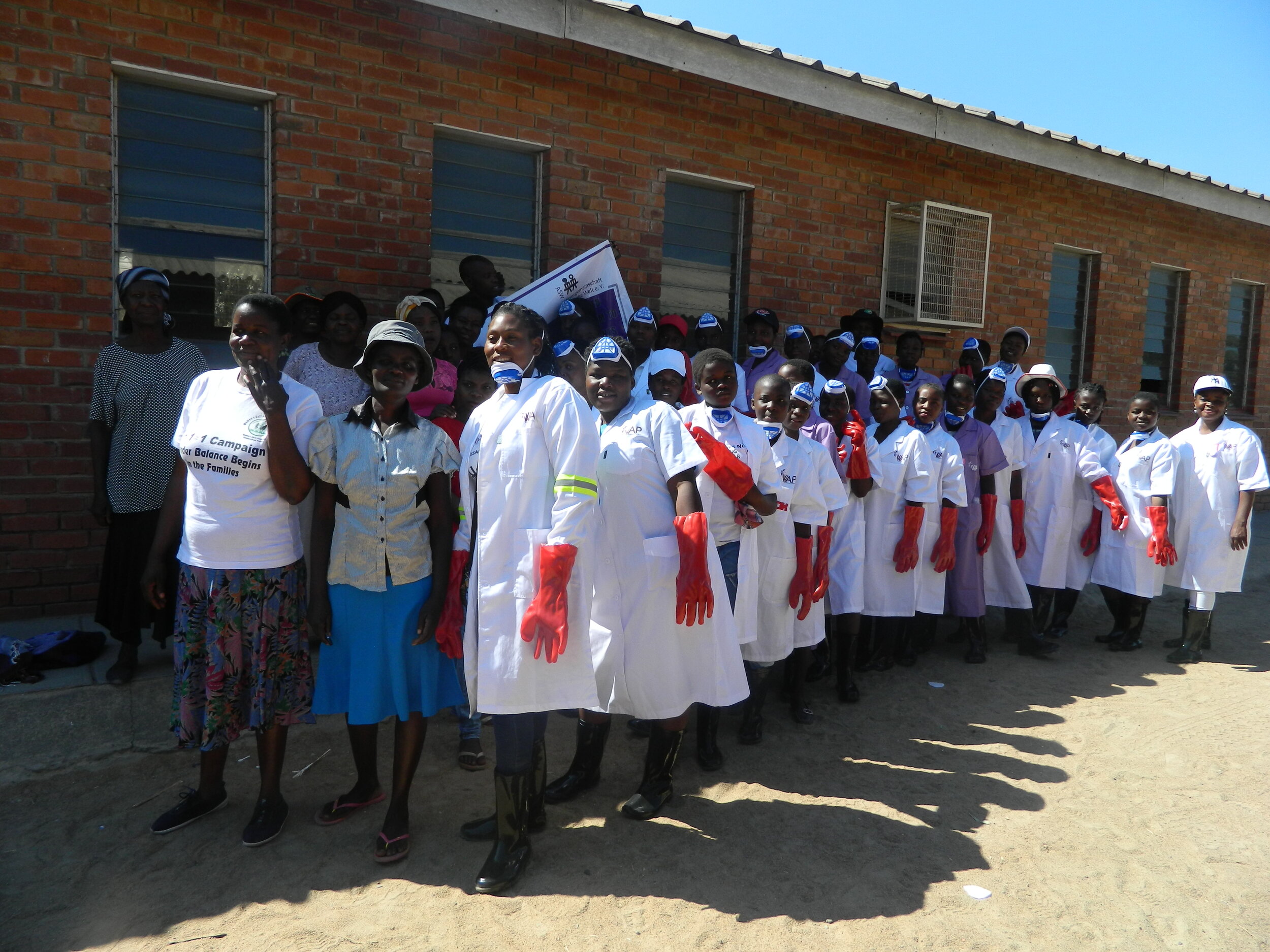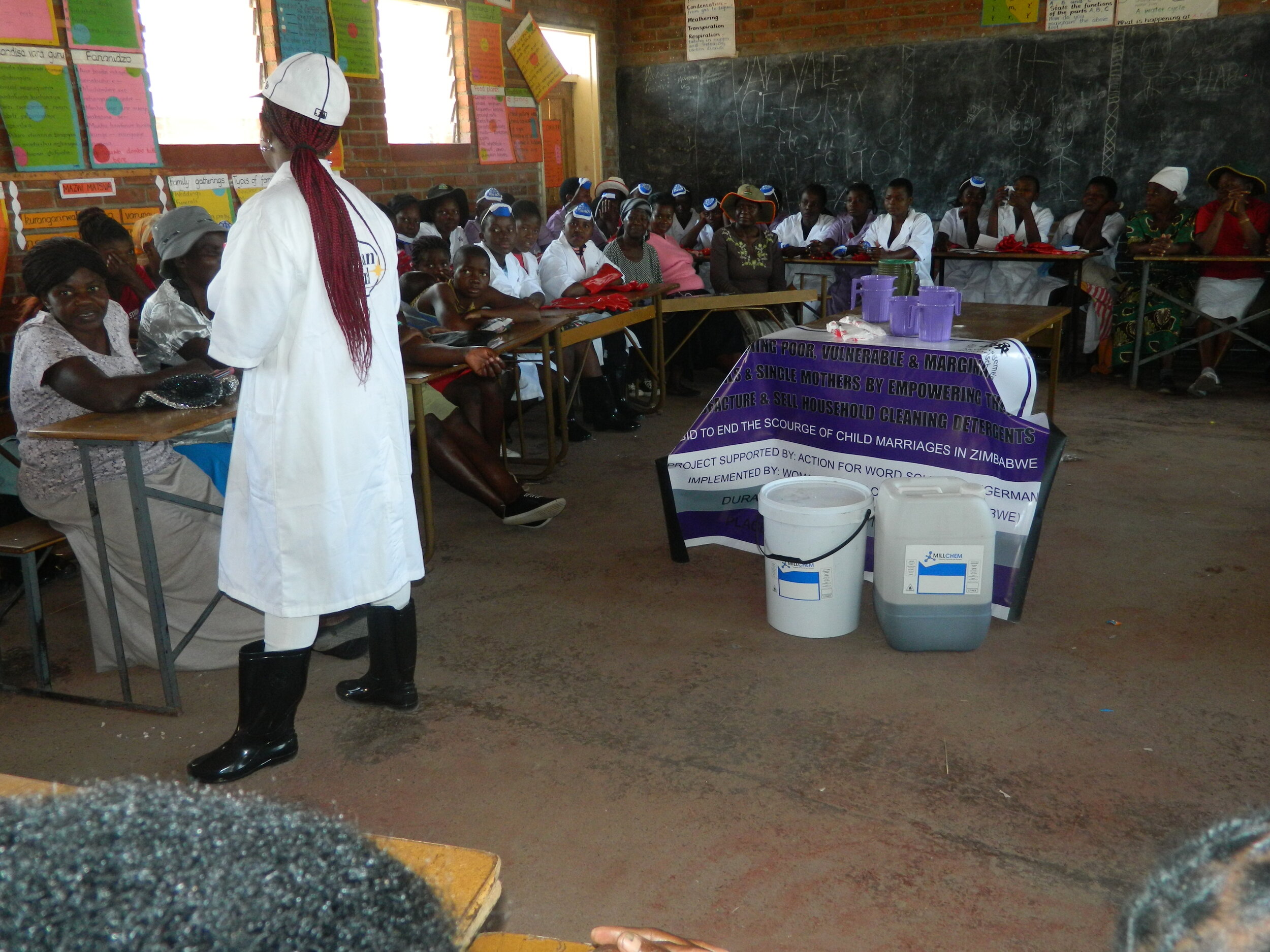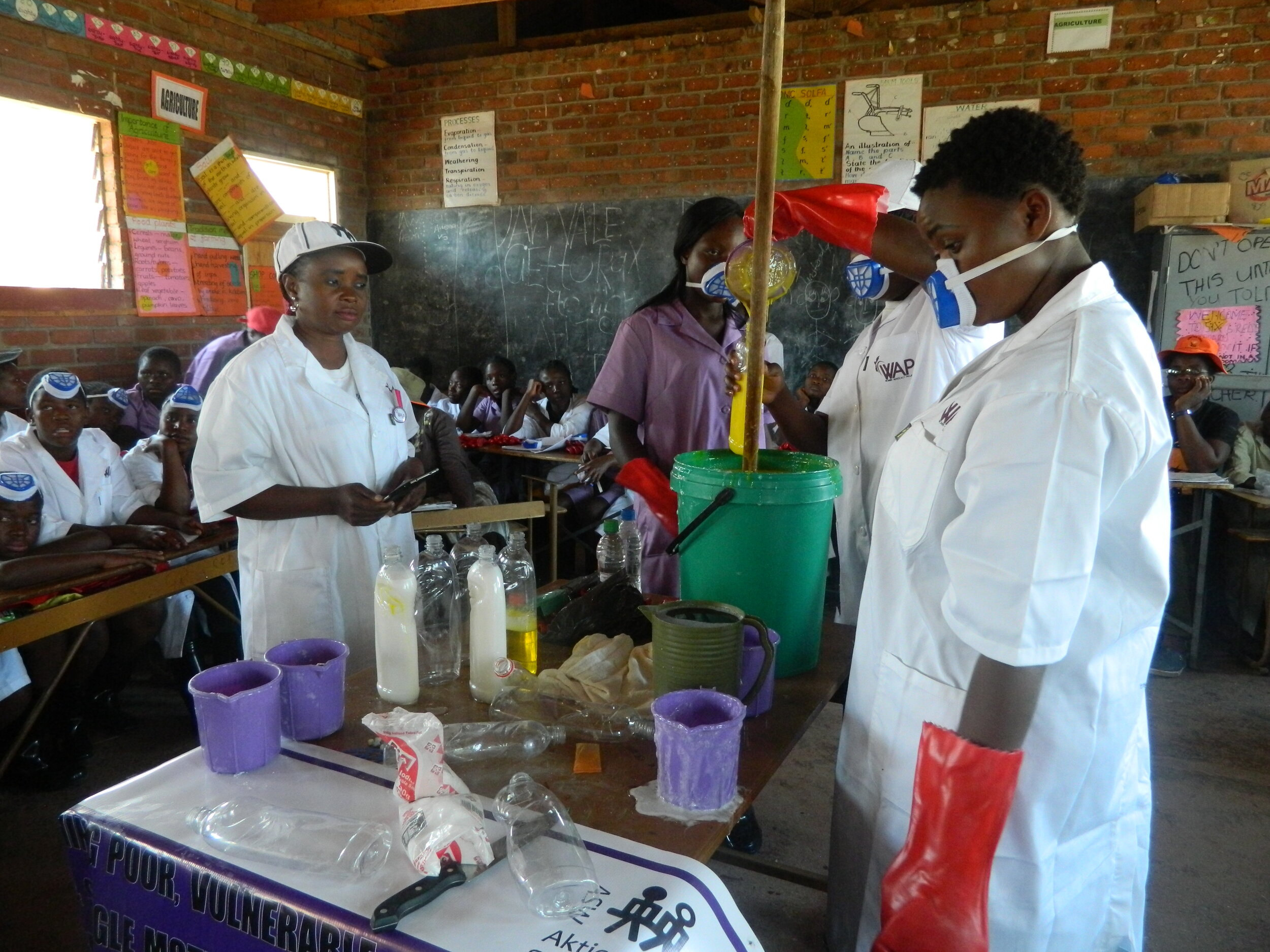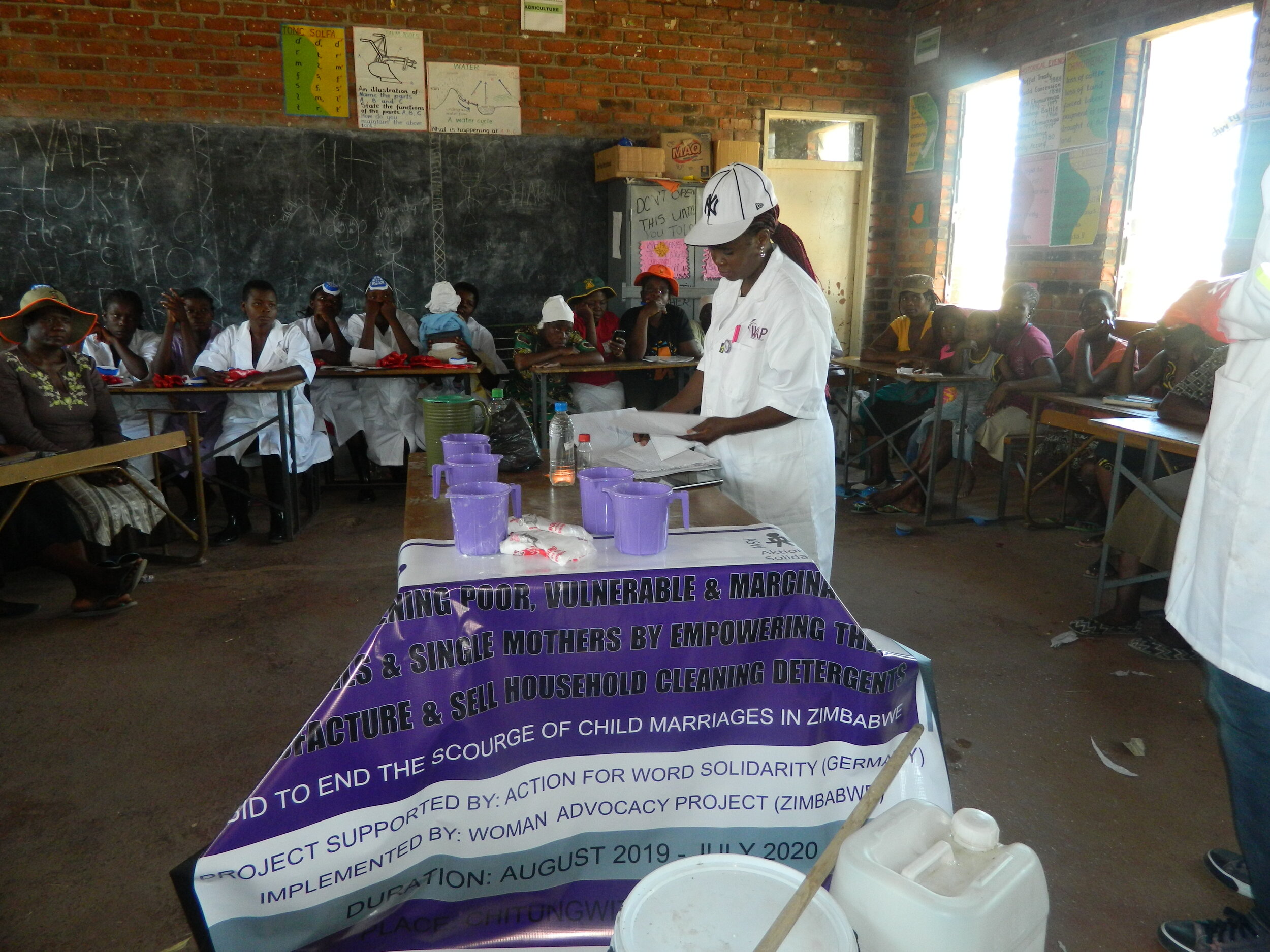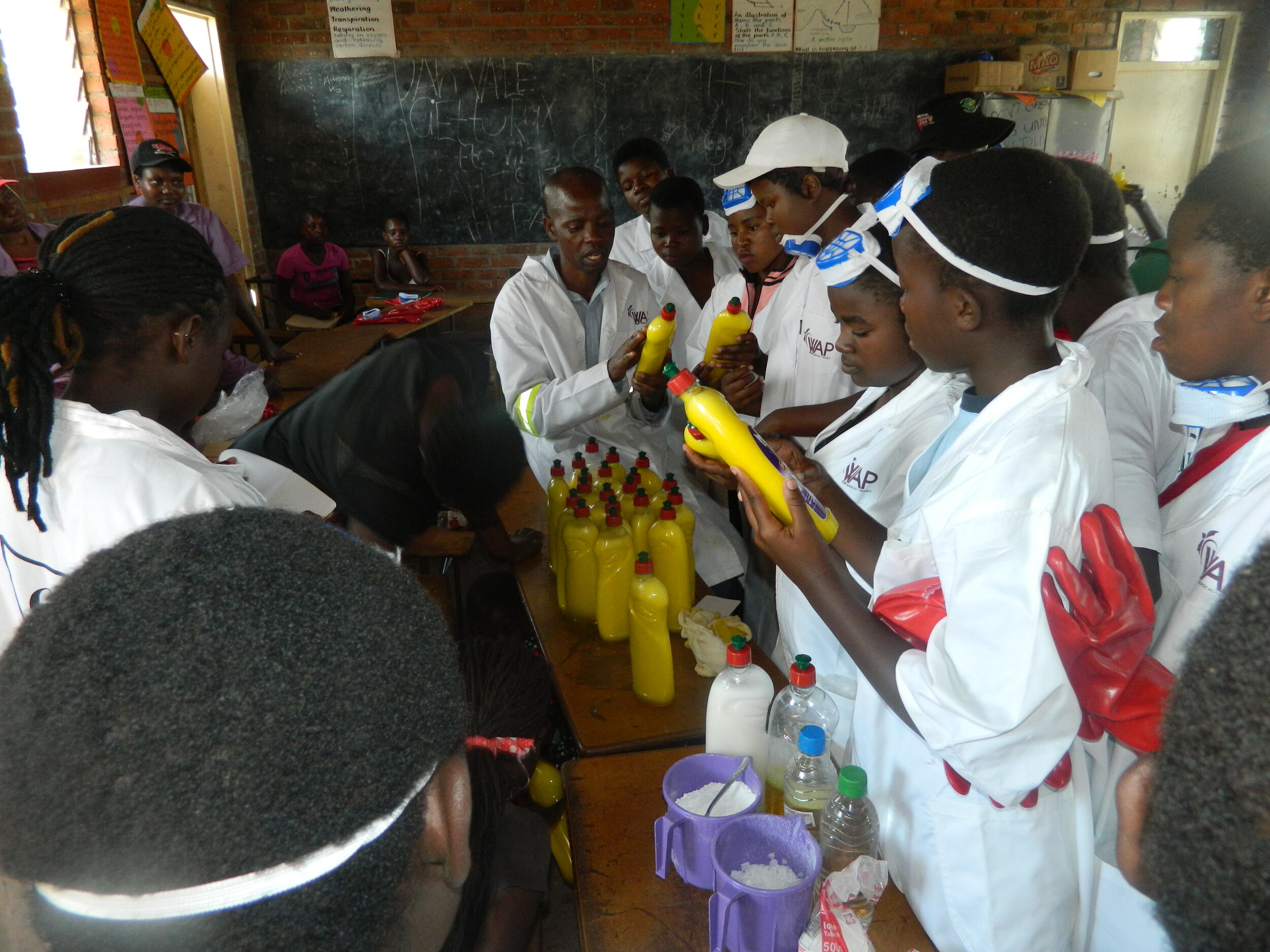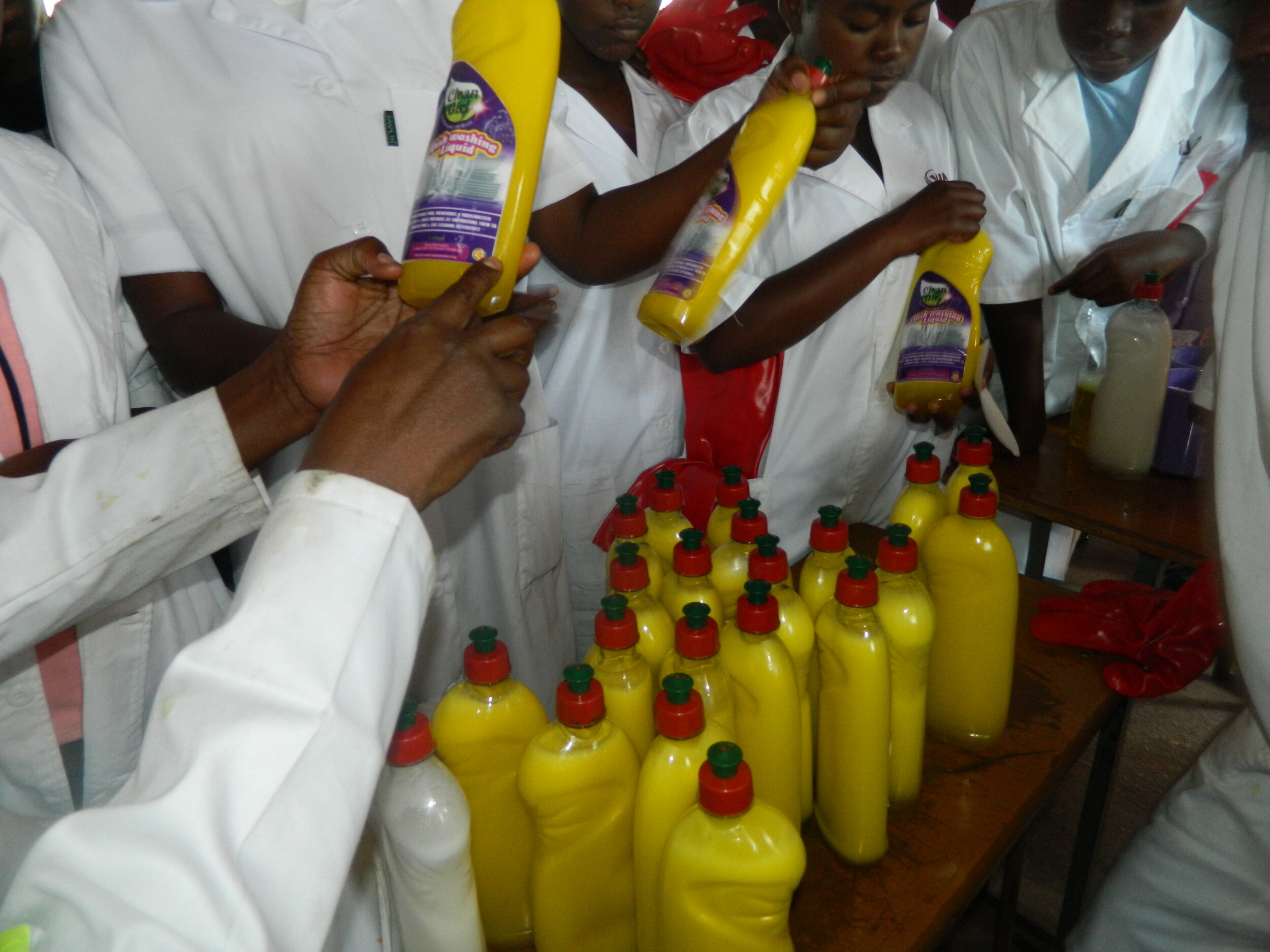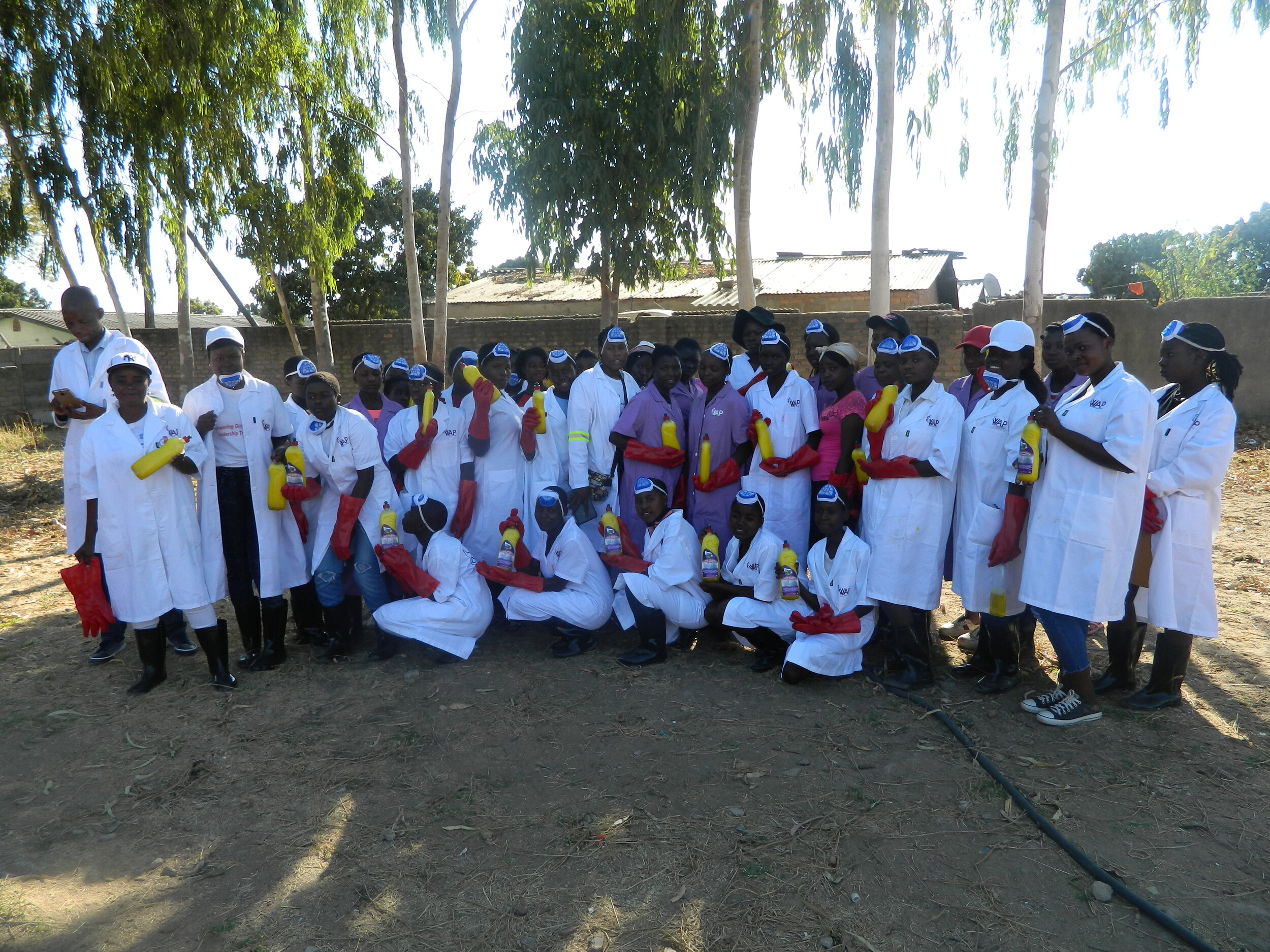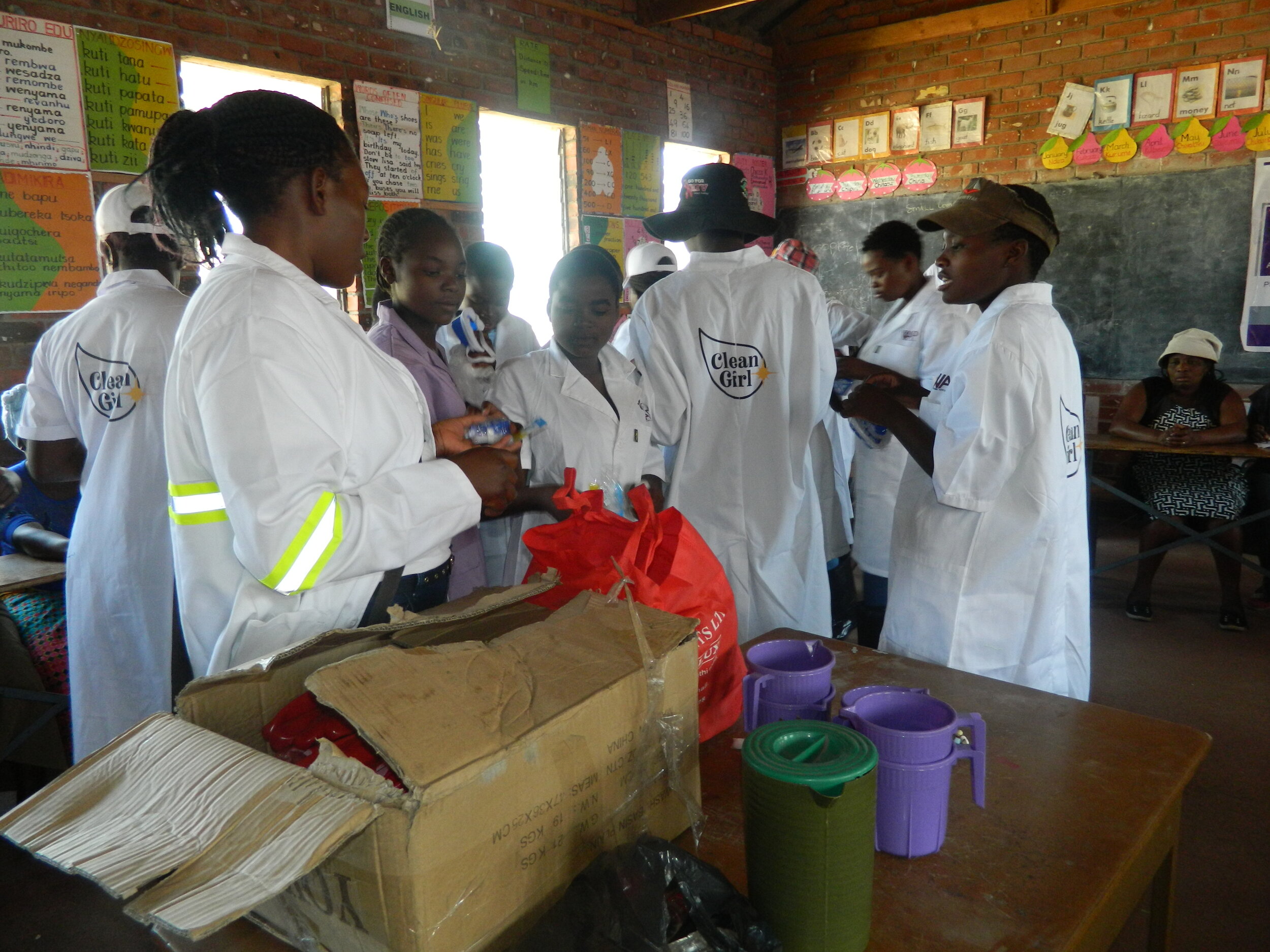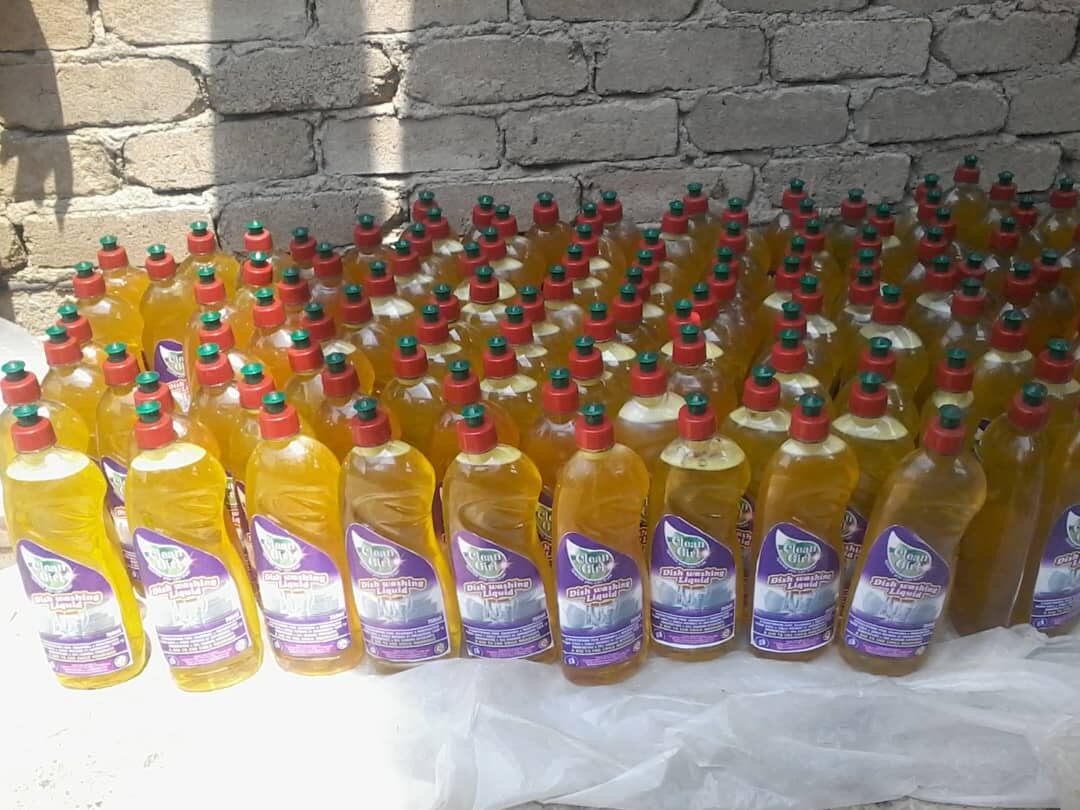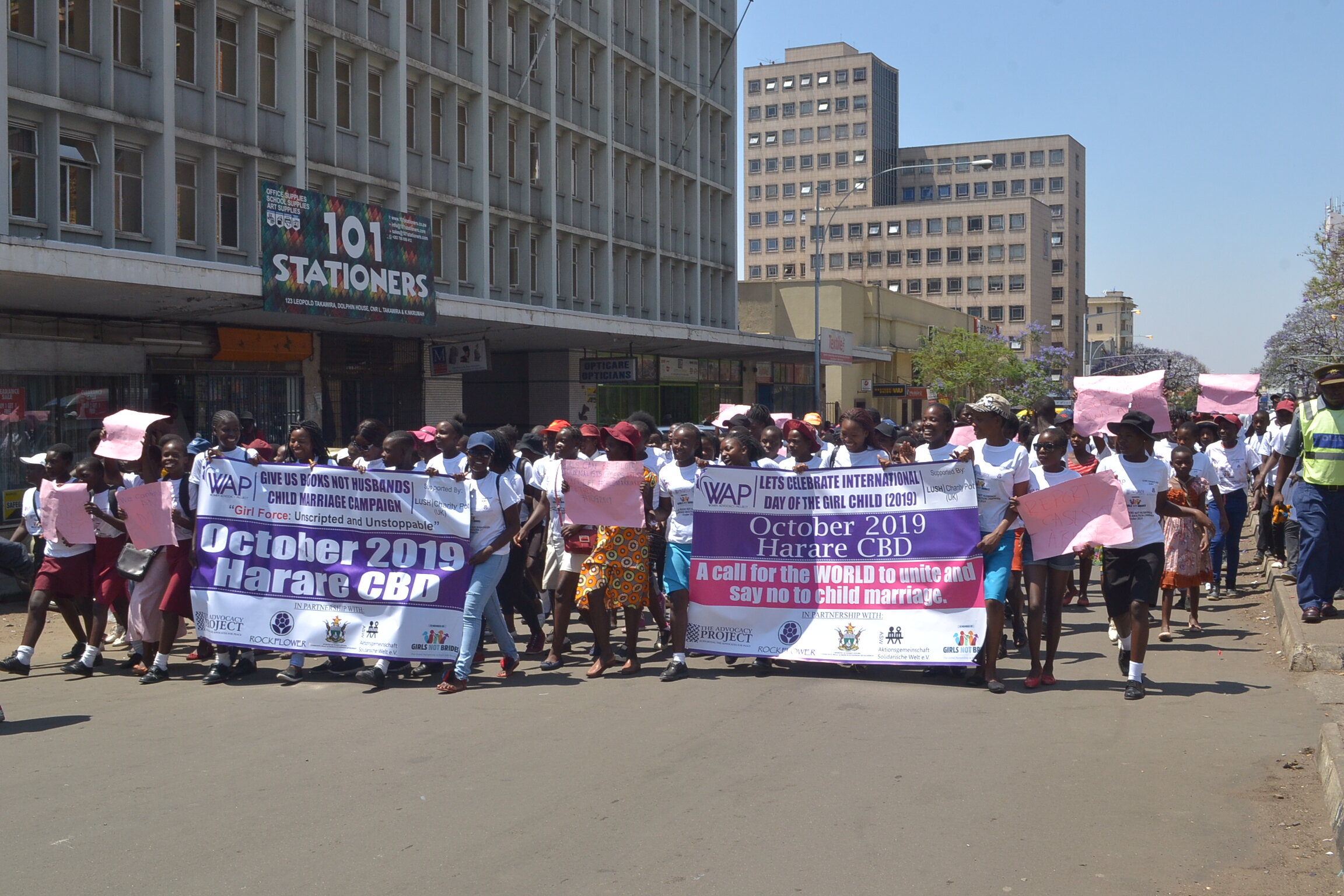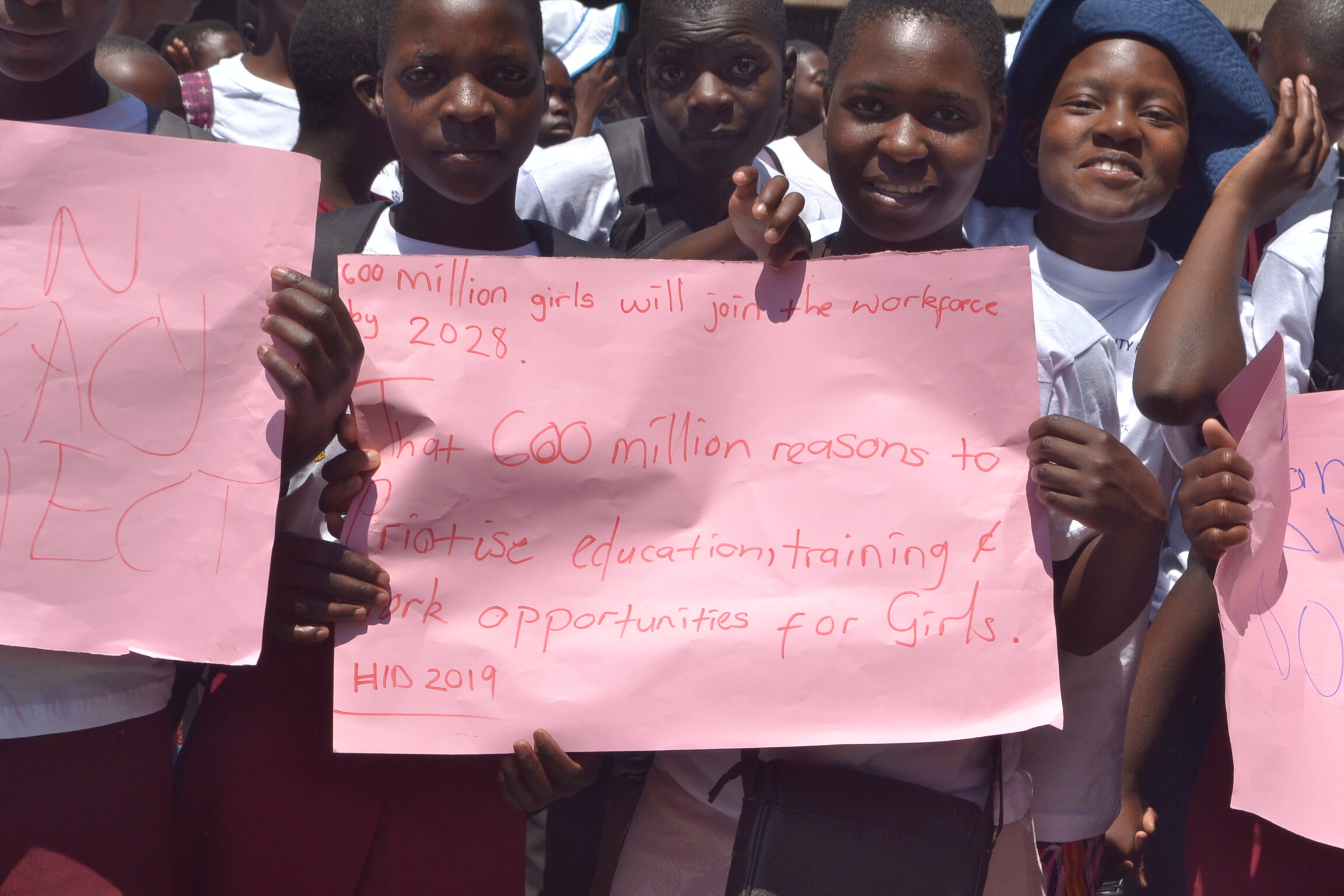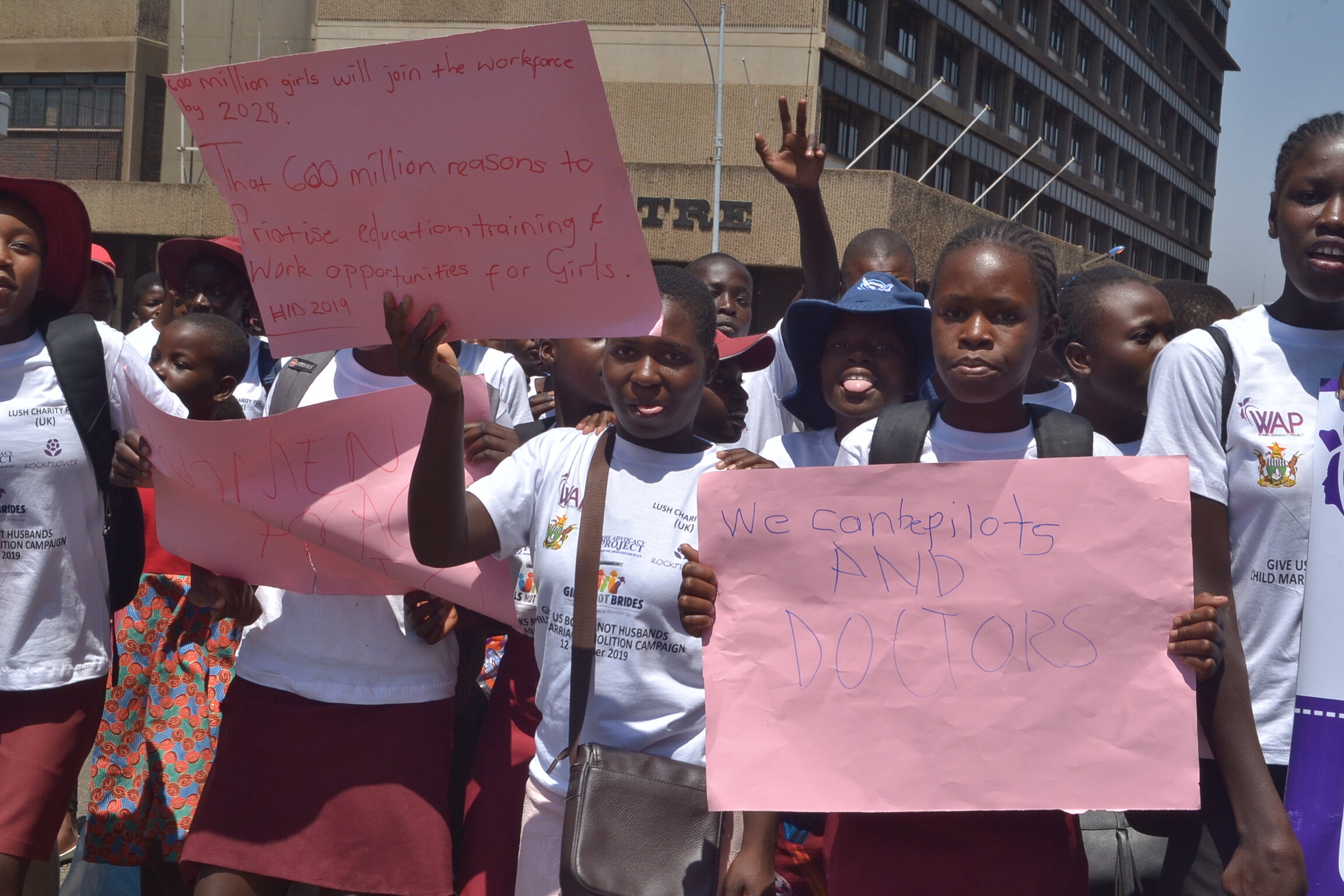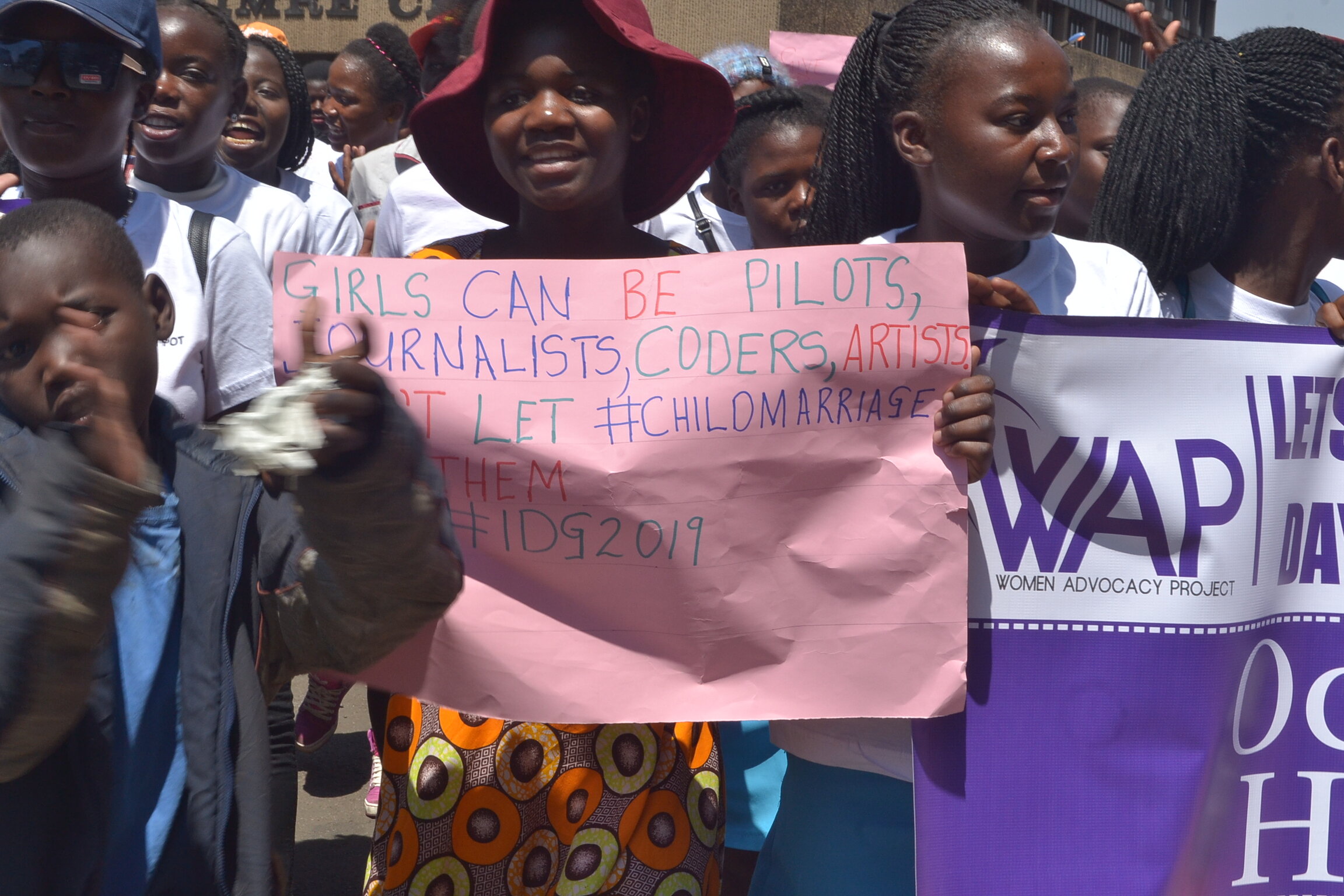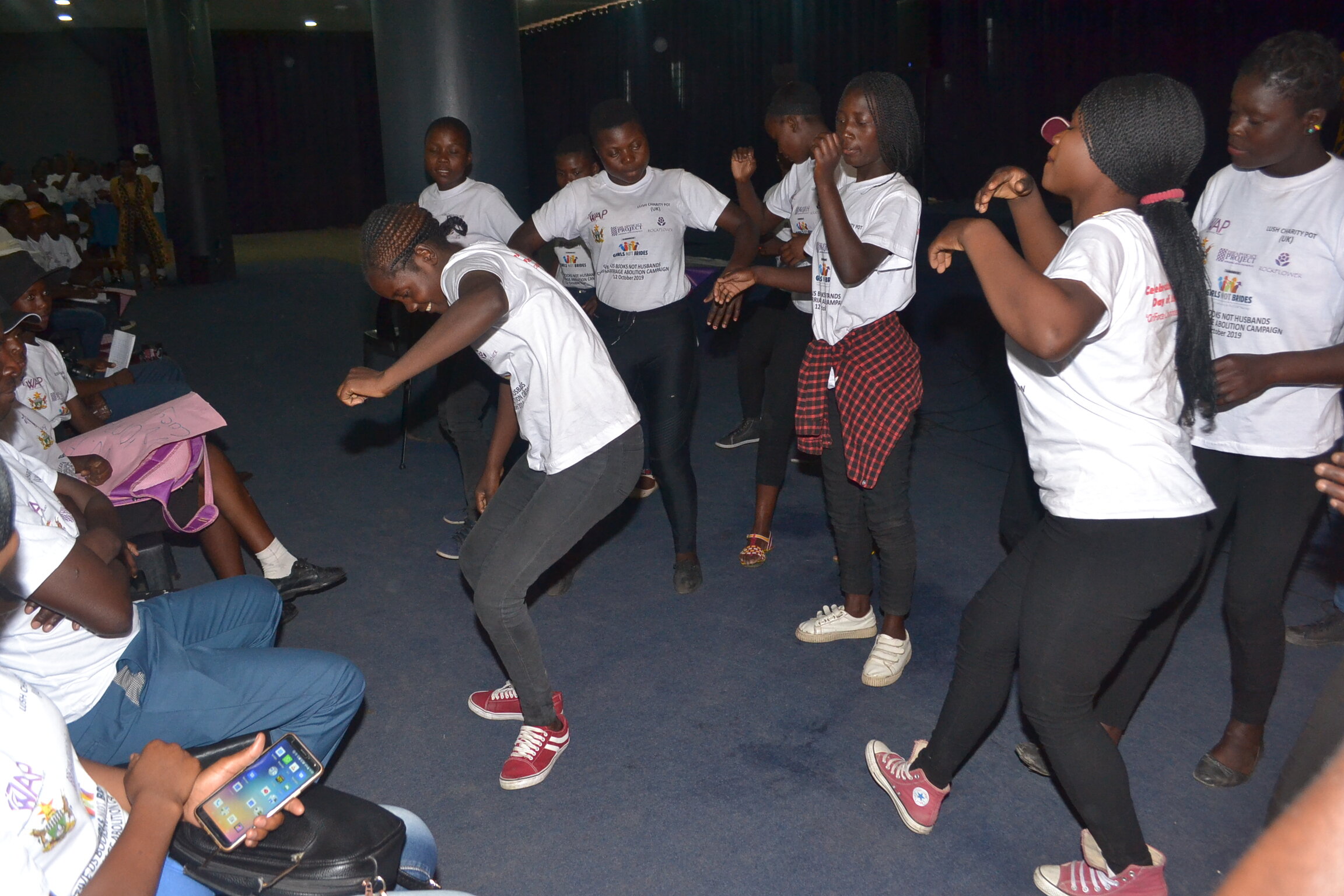The Gambia
The Gambia closed its borders for 21 days beginning on March 23, 2020. The Gambian Ministry of Health releases daily situation reports here.
Concerns, Challenges and Adaptation Measures
This week we had a Zoom call with Brianna Parsons and Corey Spires, Project Managers for Gambia Goat Dairy, to discuss the Gambia, the goat farm, and visions of the future.
Prior to the pandemic, Gambia Goat Dairy was conducting small-scale research on the West African Dwarf goat milk production, comparing the milk production of goats fed a veterinary-formulated diet to goats fed traditional feeds. Their objective is to create a West African Dwarf goat lactation curve—a graph showing how milk production changes over time since giving birth to offspring. This is a powerful tool for Gambian dairy farmers to manage their herds and does not currently exist for the West African Dwarf goat.
The following is a summary report by Brianna Parsons, Project Manager for Gambia Goat Dairy.
Gambia Goat Dairy, still in the early stages of implementation, employs only two Gambians at this time and has a limited outreach scope. The country itself has only a few confirmed cases, though preventative social distancing measures means the majority of businesses are closed, public transportation is limited, and citizens are having difficulty acquiring their basic needs. The difficulties faced by Gambians are in some ways similar to those we are facing in the US but in many ways, much more extreme, as lost incomes and disruptions to food supply chains exacerbate already existing food insecurity.
We wanted to share stories of how the coronavirus is impacting our employees. Even in a crisis, our goats need daily feeding and care. Our on-site goat caretaker and watchman, Sainey Badjie, has stepped up to fill this role on his own. In doing so, Sainey is ensuring our goat herd is cared for and that he and Sulay decrease potential coronavirus exposure.
Our herdsman, Sulay Camara, significantly limited his trips to the farm and when necessary to do so, takes all precautions, including face mask and gloves. Despite being physically distant from the farm, Sulay is still thinking about farm operations. During this period of social-distancing, Sulay crafted a harness for the goats to allow for comfortable and safe weight measurements. This is a weekly process, done to monitor the goat kids’ growth to make sure each kid is gaining a healthy amount of weight. Like so many others around the world taking up new crafts and hobbies while sitting at home, Sulay got creative with his time and made a new tool to help improve our future operations.
We’ve had 10 goat kids born in the last month on the farm. Sainey is doing an incredible job making sure all the newborn goats are healthy while Sulay is missing spending time there. We are thankful for the health of our employees, their families, and our friends as we do our best to maintain farm operations during this highly uncertain time.
Update from July 2020
In response to the pandemic and prioritizing the health of their employees, Gambia Goat Dairy had to halt data collection in March 2020.
Gambians have been dramatically affected by the coronavirus. Market closures in early weeks resulted in limited food availability, higher prices, and a loss or disruption of jobs. Public transportation fares doubled as drivers limited maximum passengers in cars and vans to half of their normal capacity. Recently, the country has begun relaxing some of those protective measures as case numbers remain low. Markets have re-opened but public transportation continues to operate at limited capacity.
Emergency Fund
The Emergency Fund from Rockflower has supported investment in masks and protective equipment for their farm employees. Additionally, the funds allowed Gambia Goat Dairy to contract with local farmers to grow feed for next season. Many Gambians grow peanuts (groundnuts), a staple food in the region, as cash crops. After harvest, the remaining plant can be dried and produced into hay for livestock feed, an environmentally conscious way to repurpose crop byproducts. The economic impact of COVID-19 has affected Gambians through losses in employment resulting from lockdowns, declined remittances, and higher priced goods in the markets. This combination makes it difficult for Gambian farmers to purchase agricultural inputs, like peanut seeds, at the beginning of the growing season. Gambia Goat Dairy is using Rockflower’s Emergency Fund to finance the purchasing of seeds for farmers, who will grow, harvest, and sell the peanuts, and in return for the up-front financing, provide Gambia Goat Dairy with the hay-crop. Using the Emergency Relief funds in this way helps Gambia Goat Dairy to not only reduce farm feed costs for the upcoming year, but spreads the benefit of the relief fund to the agricultural families hit hard by the economic effects of the global pandemic.







